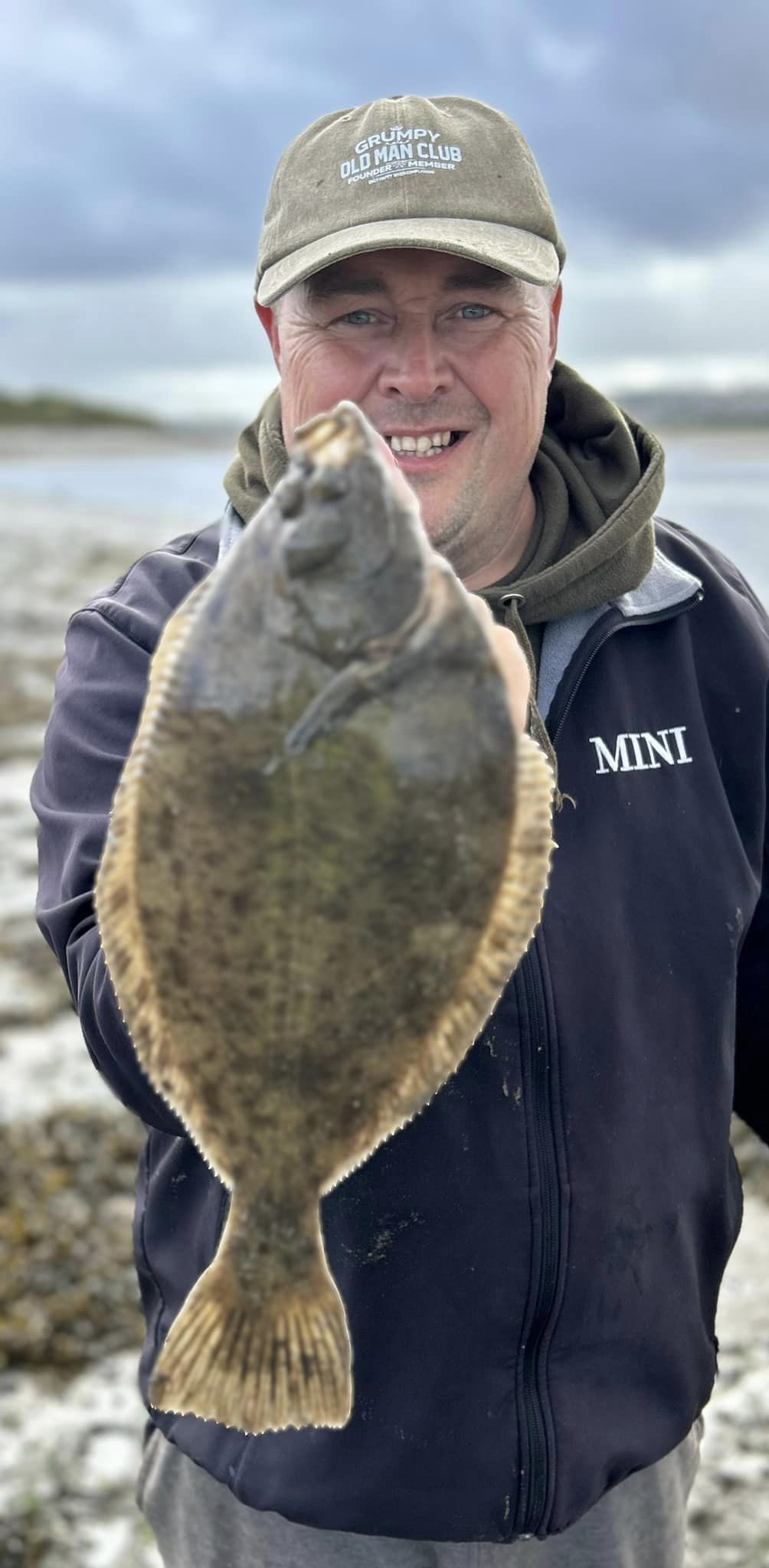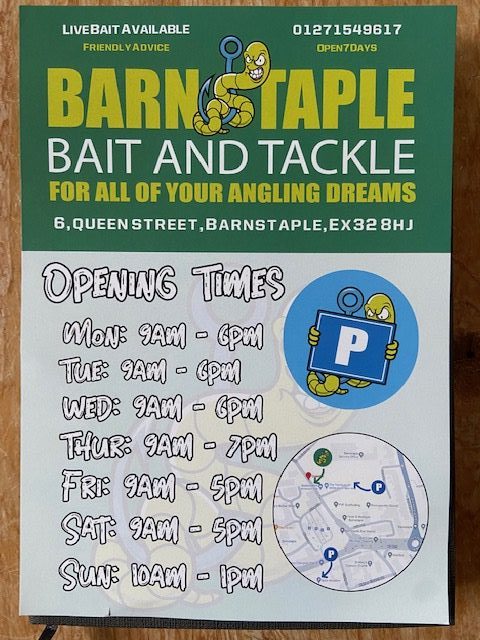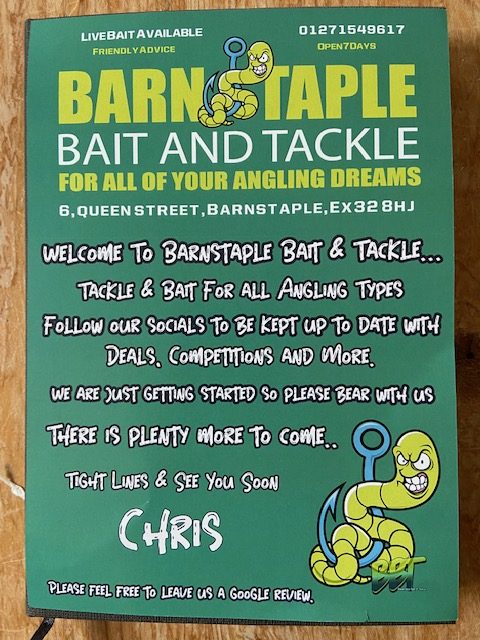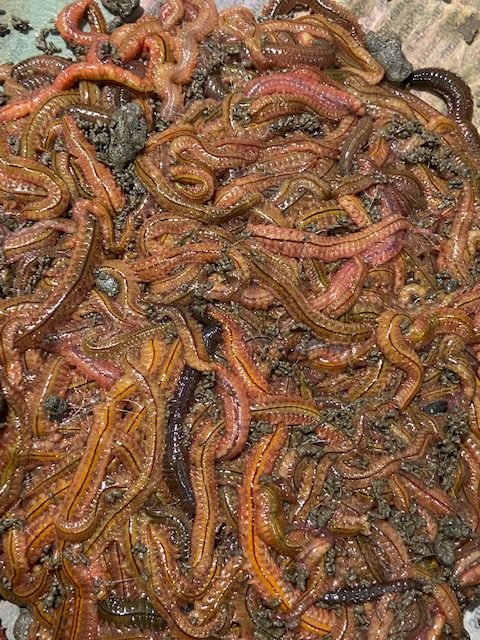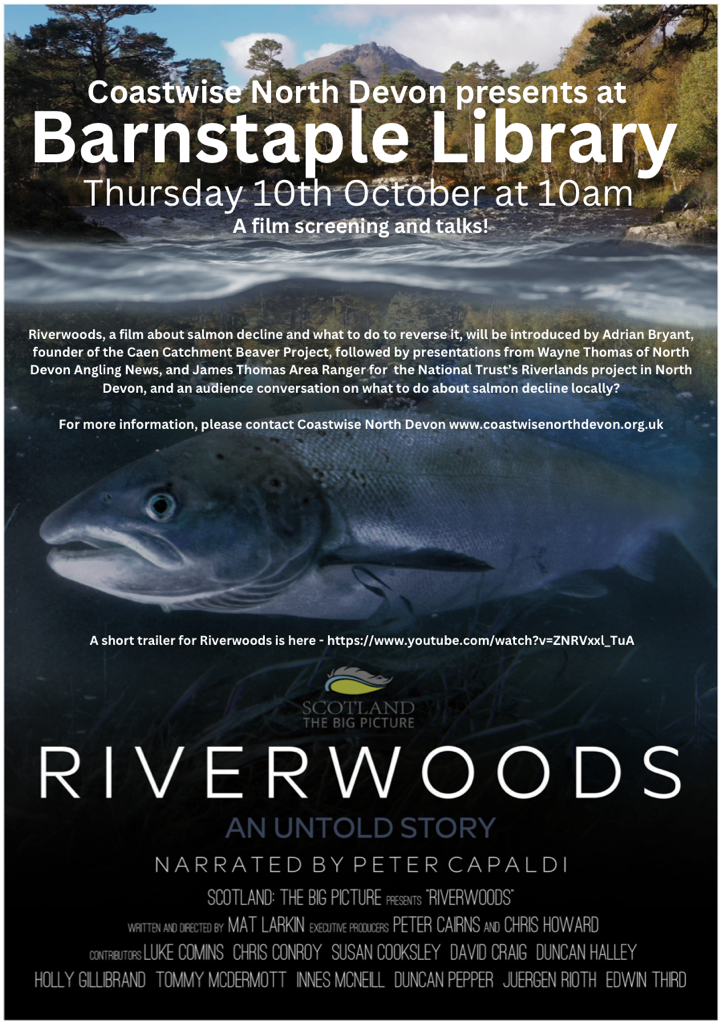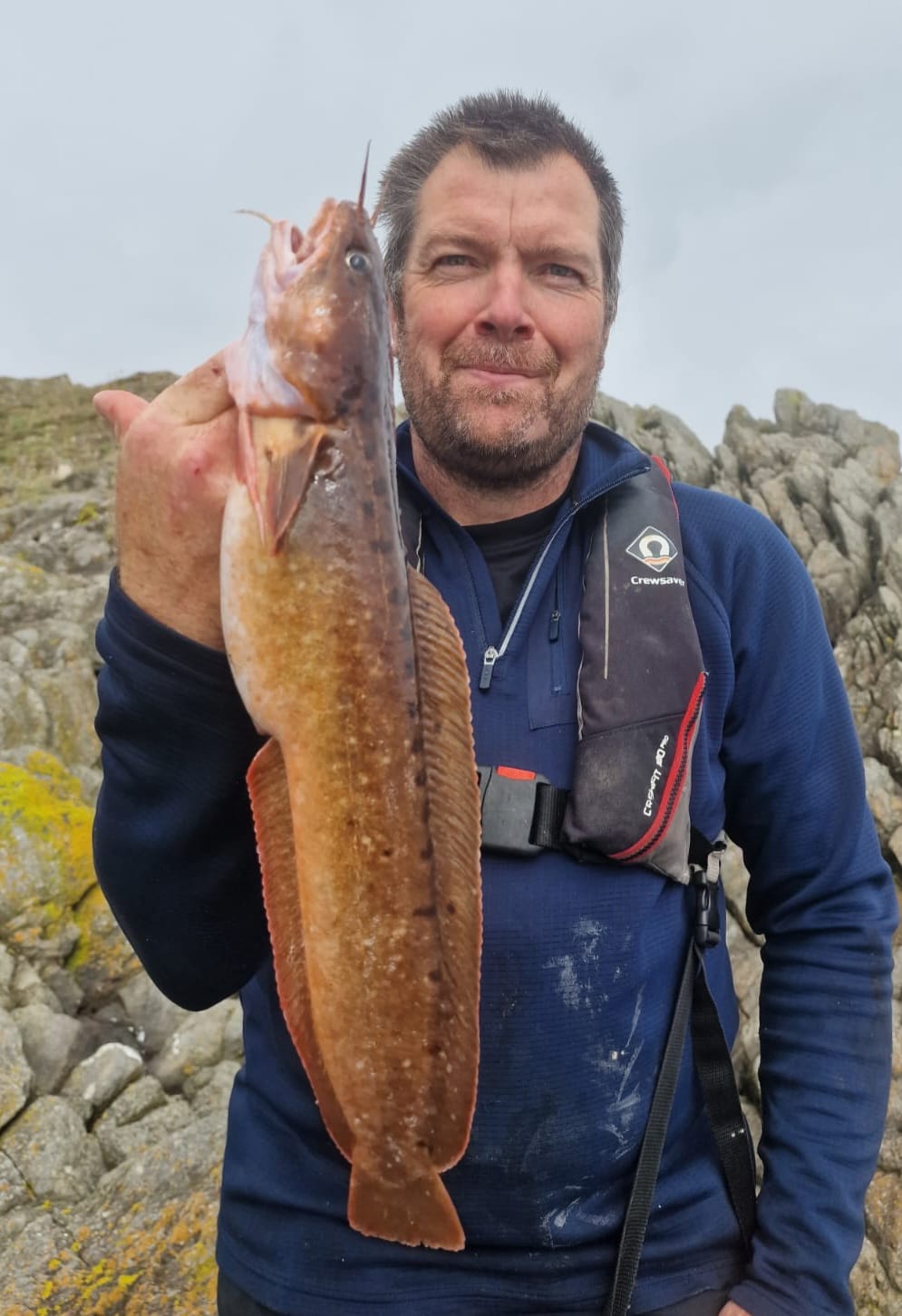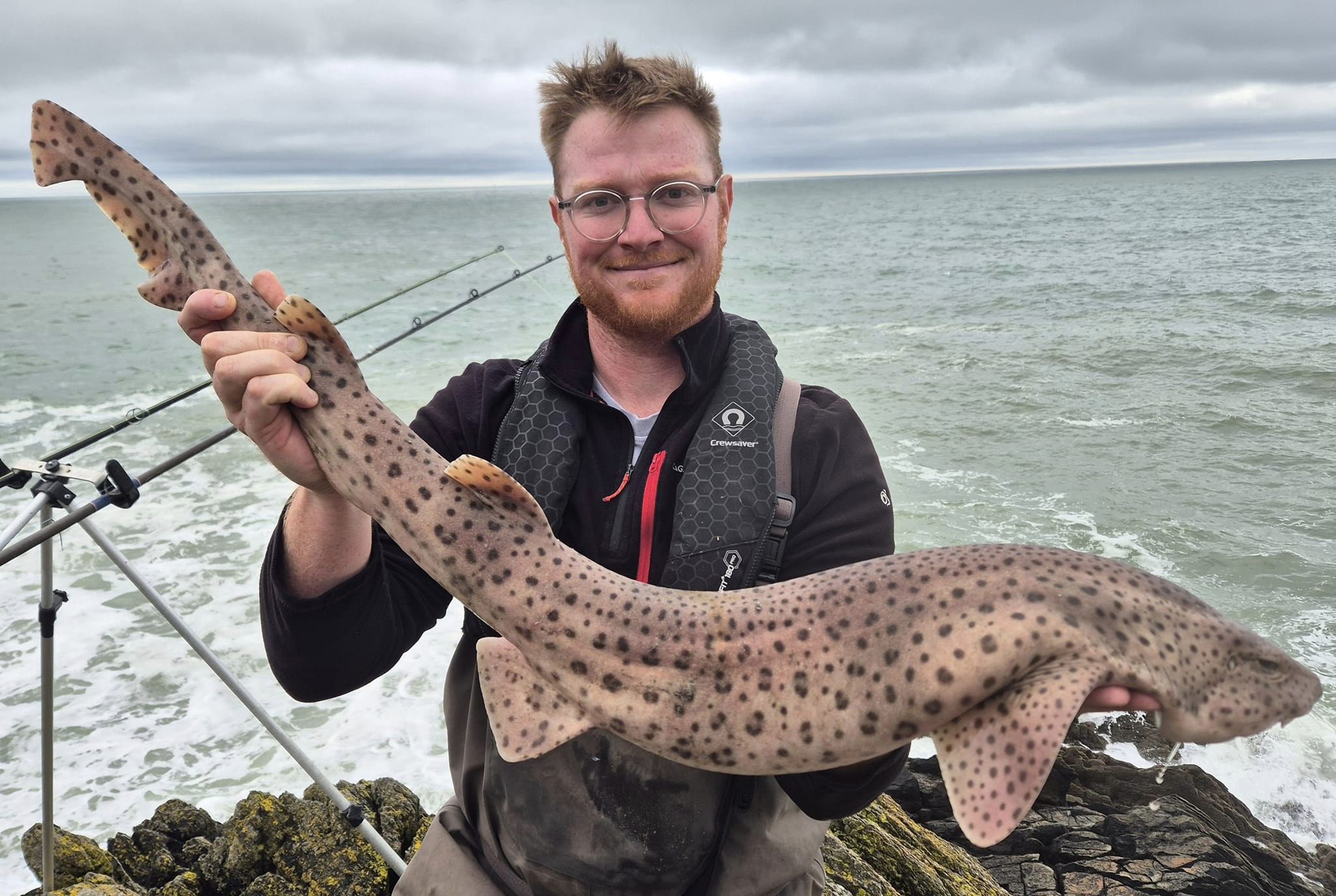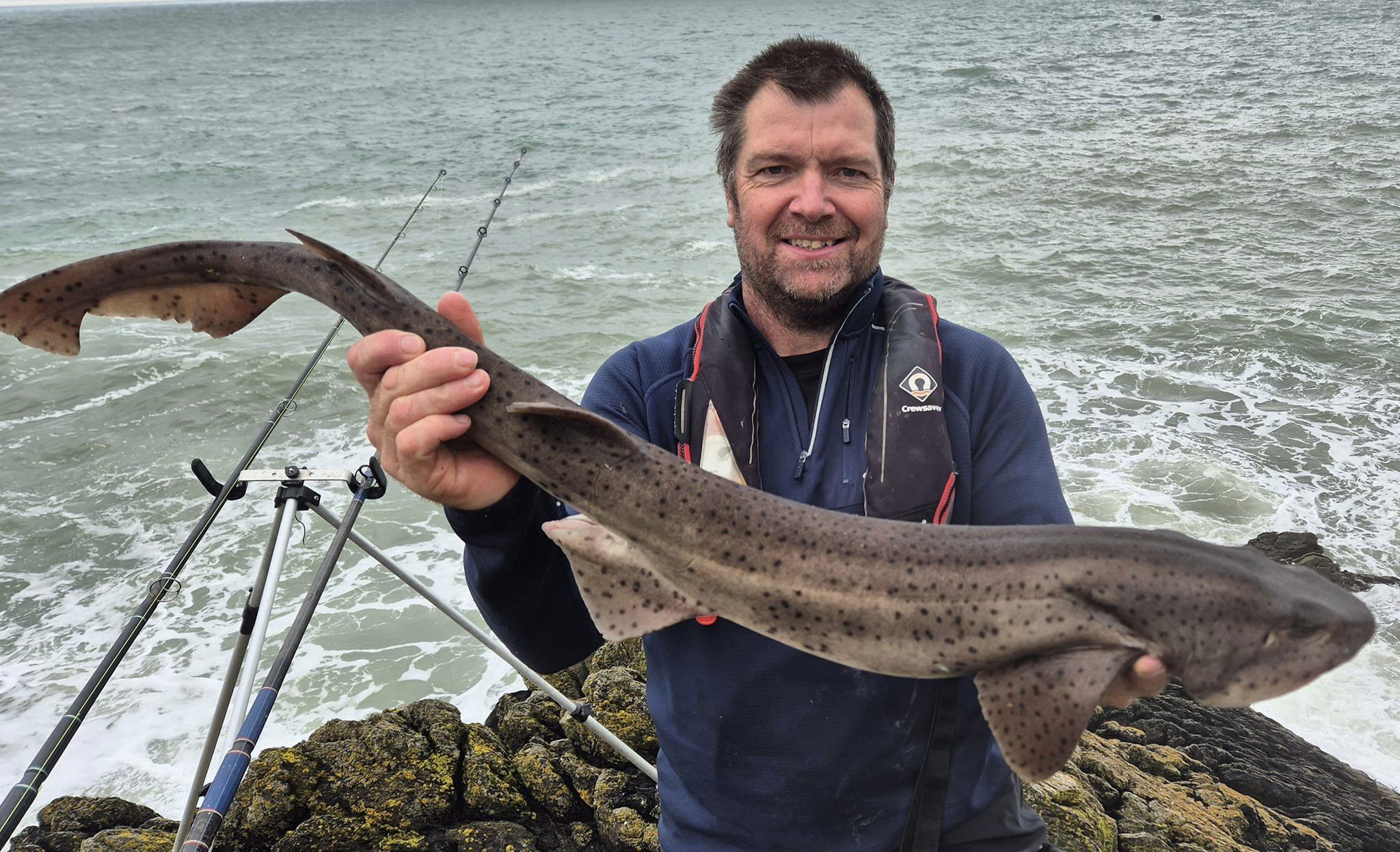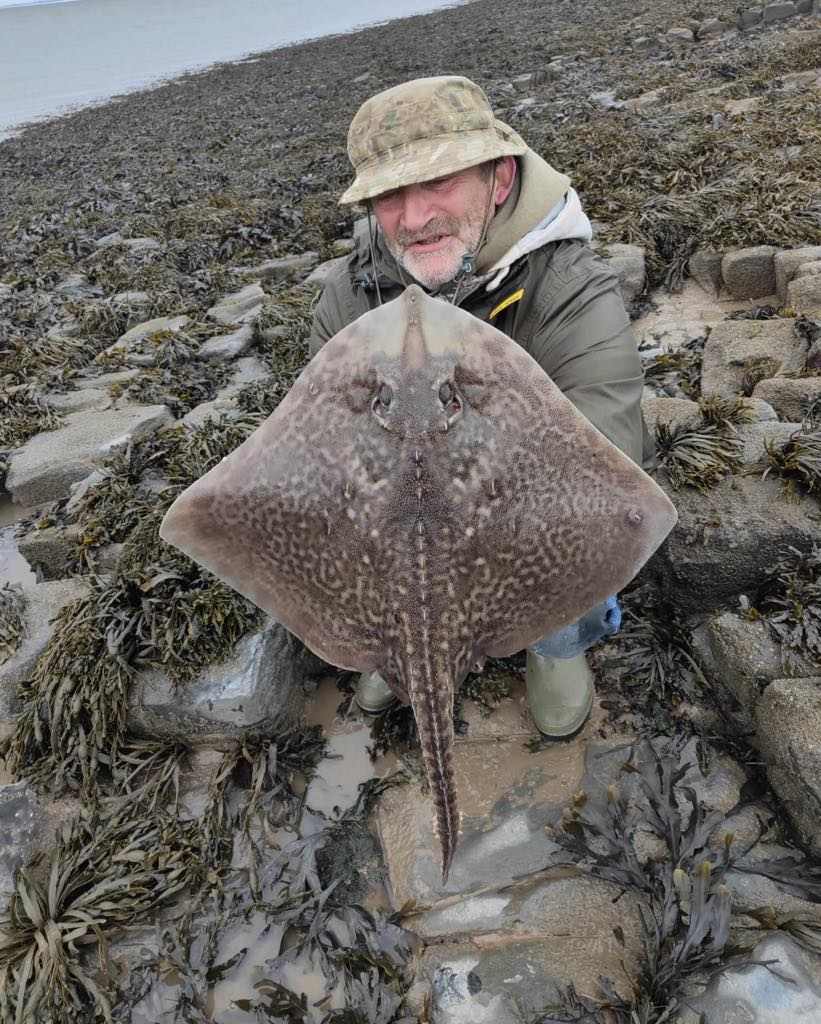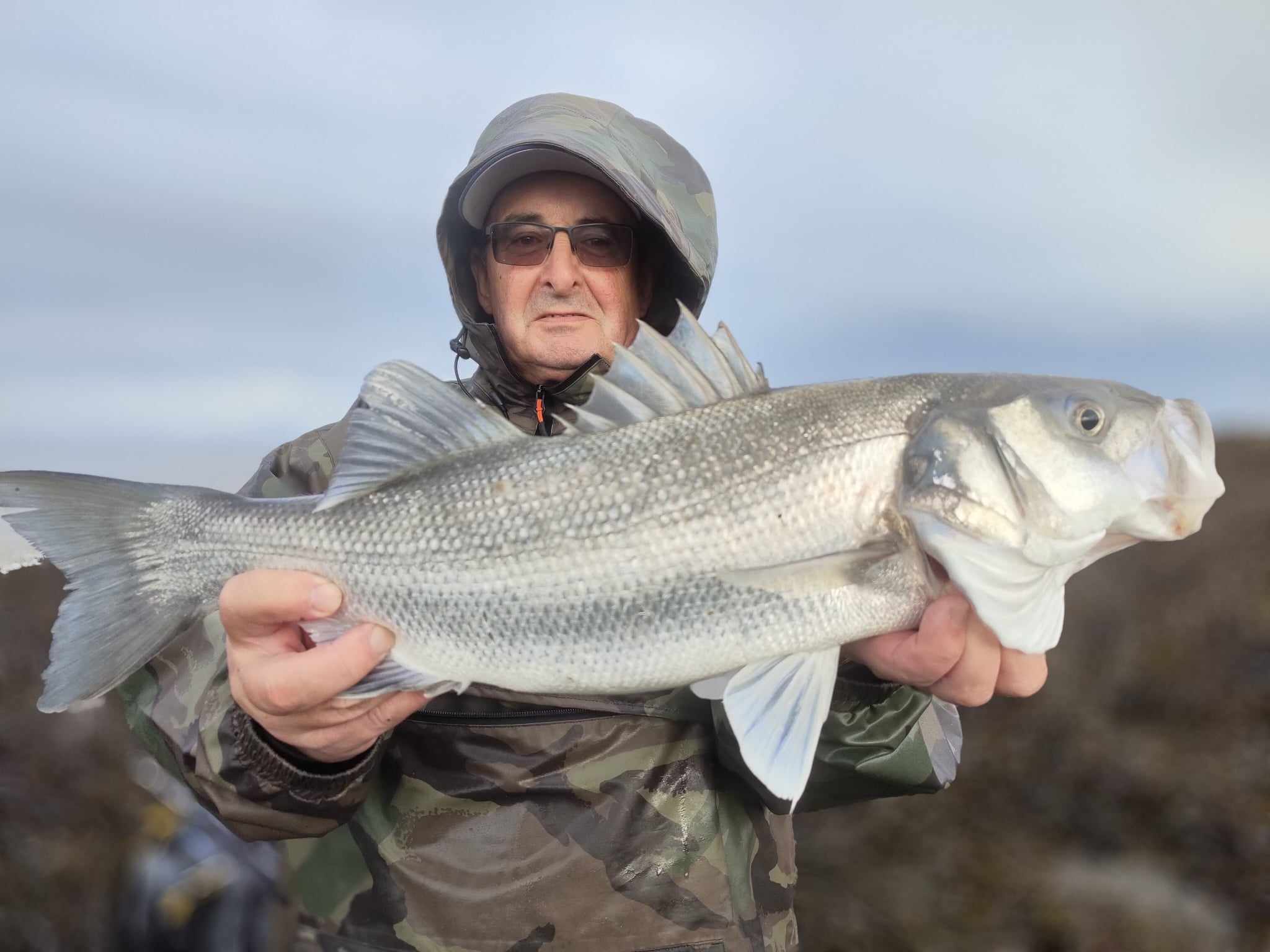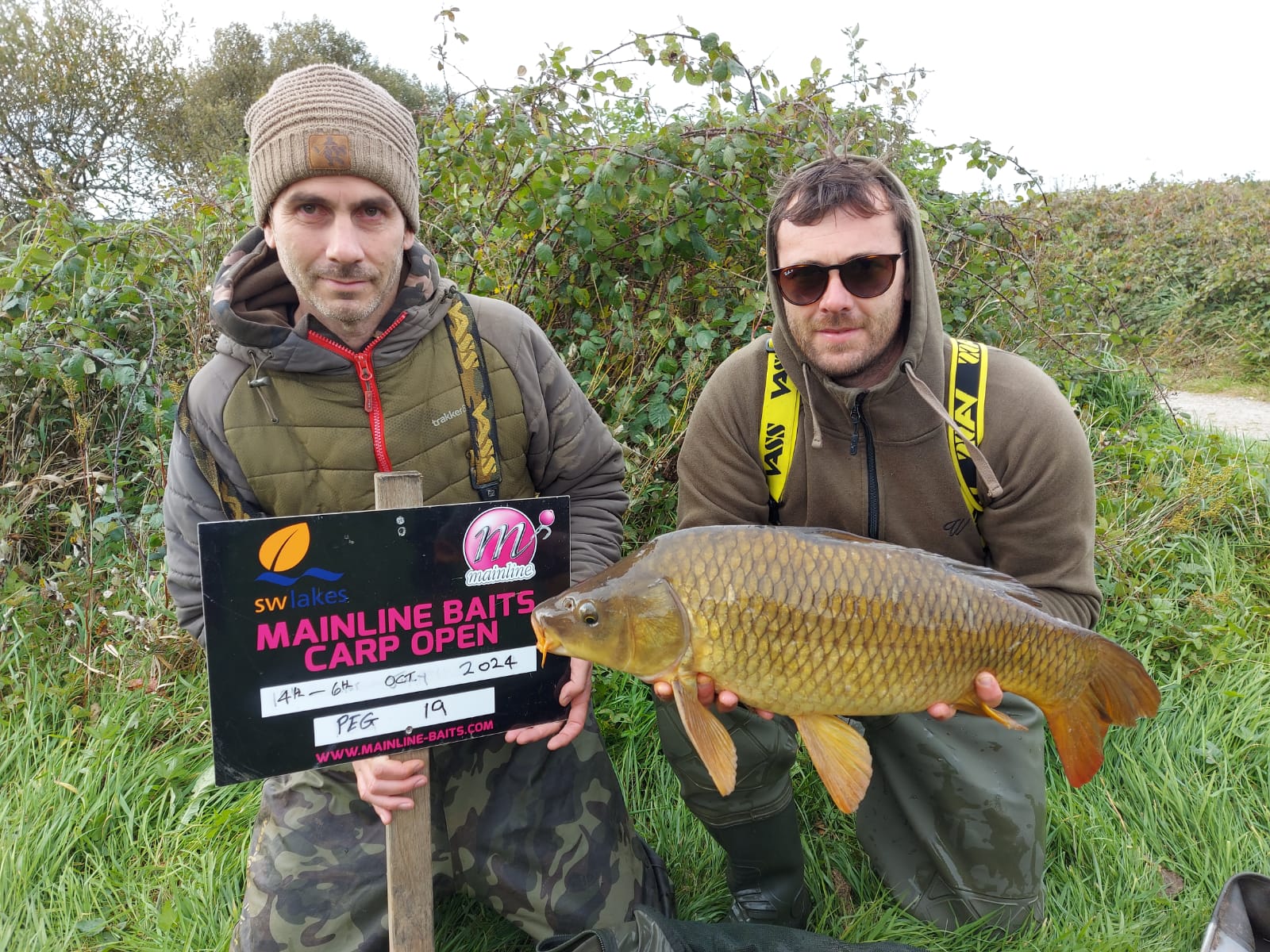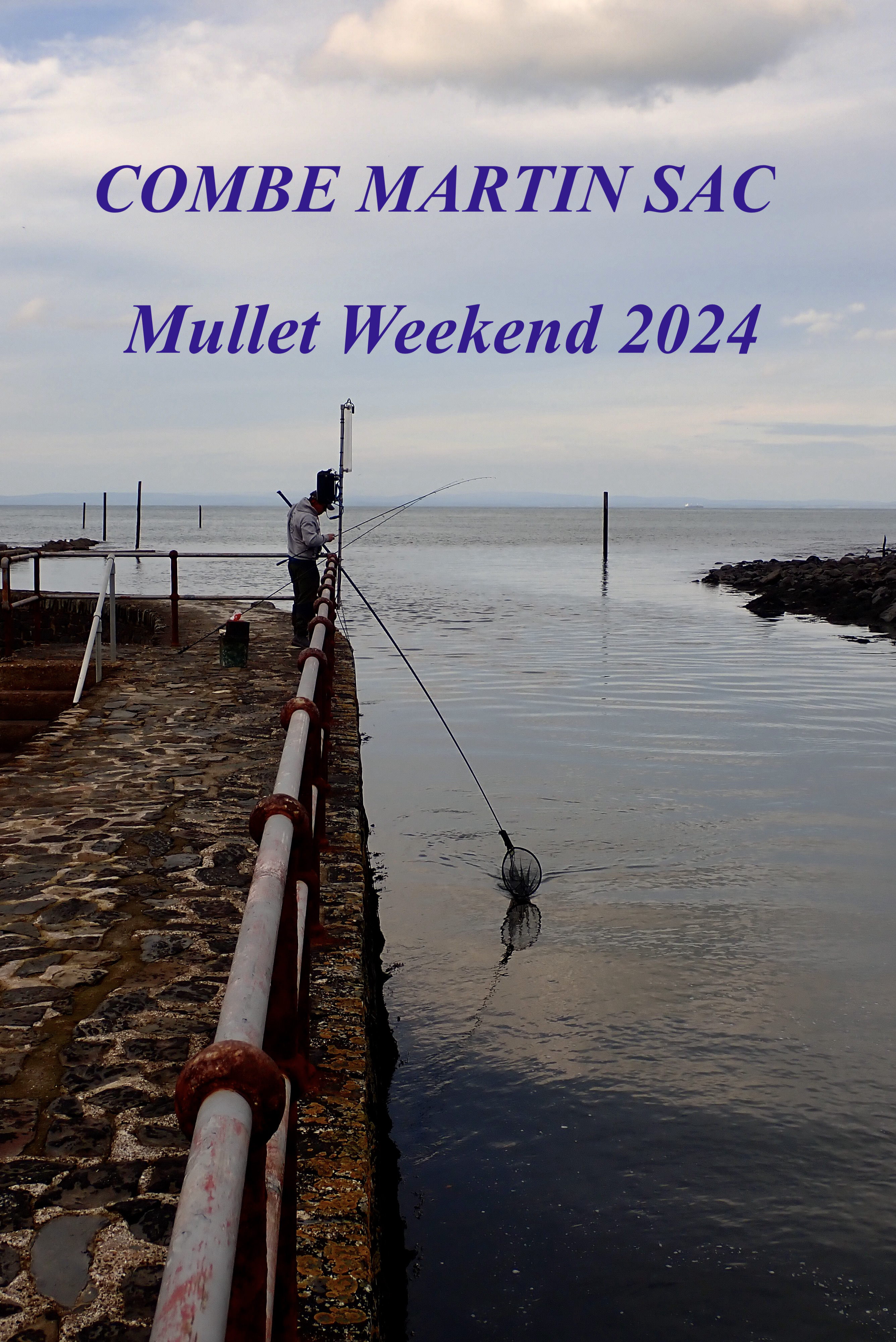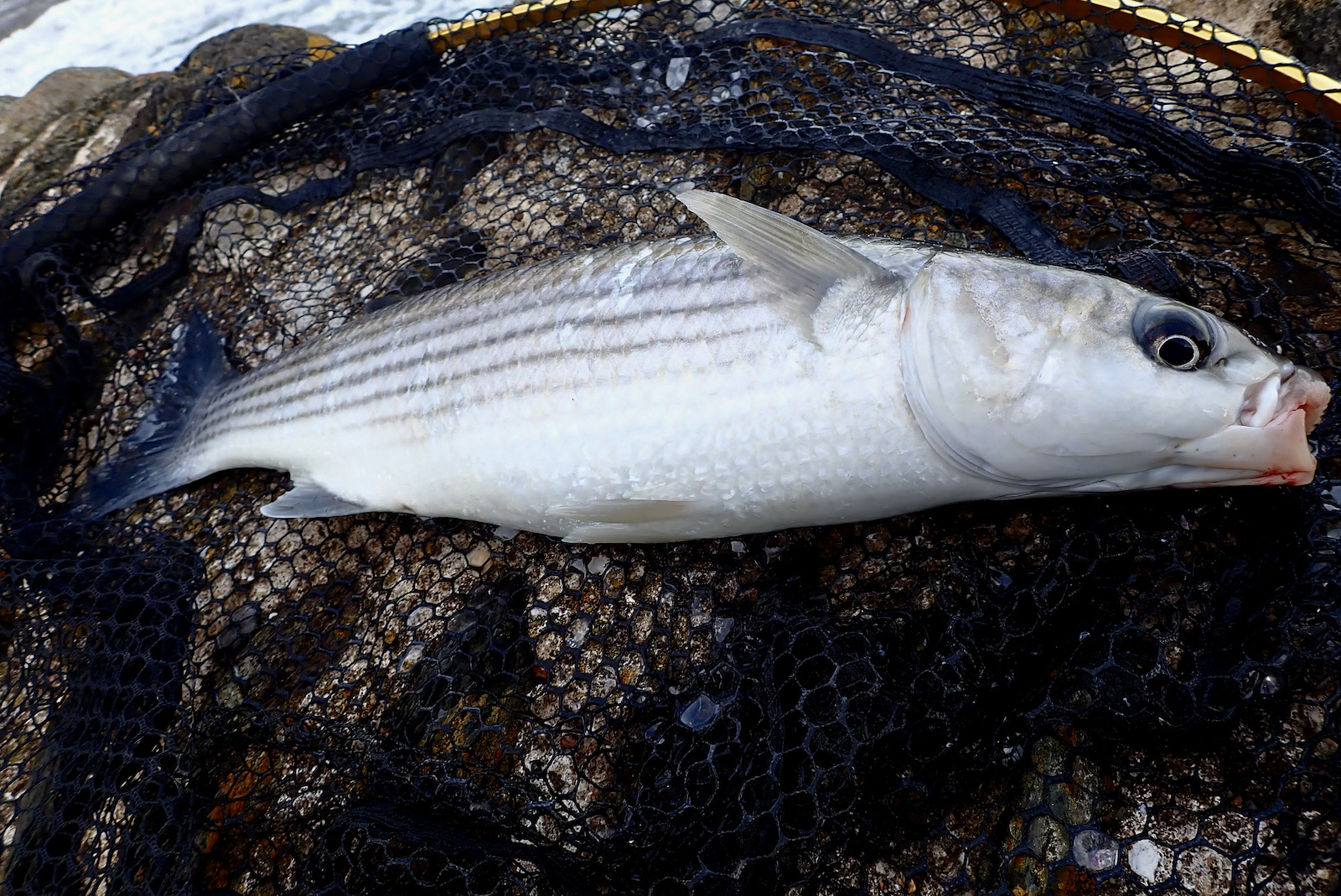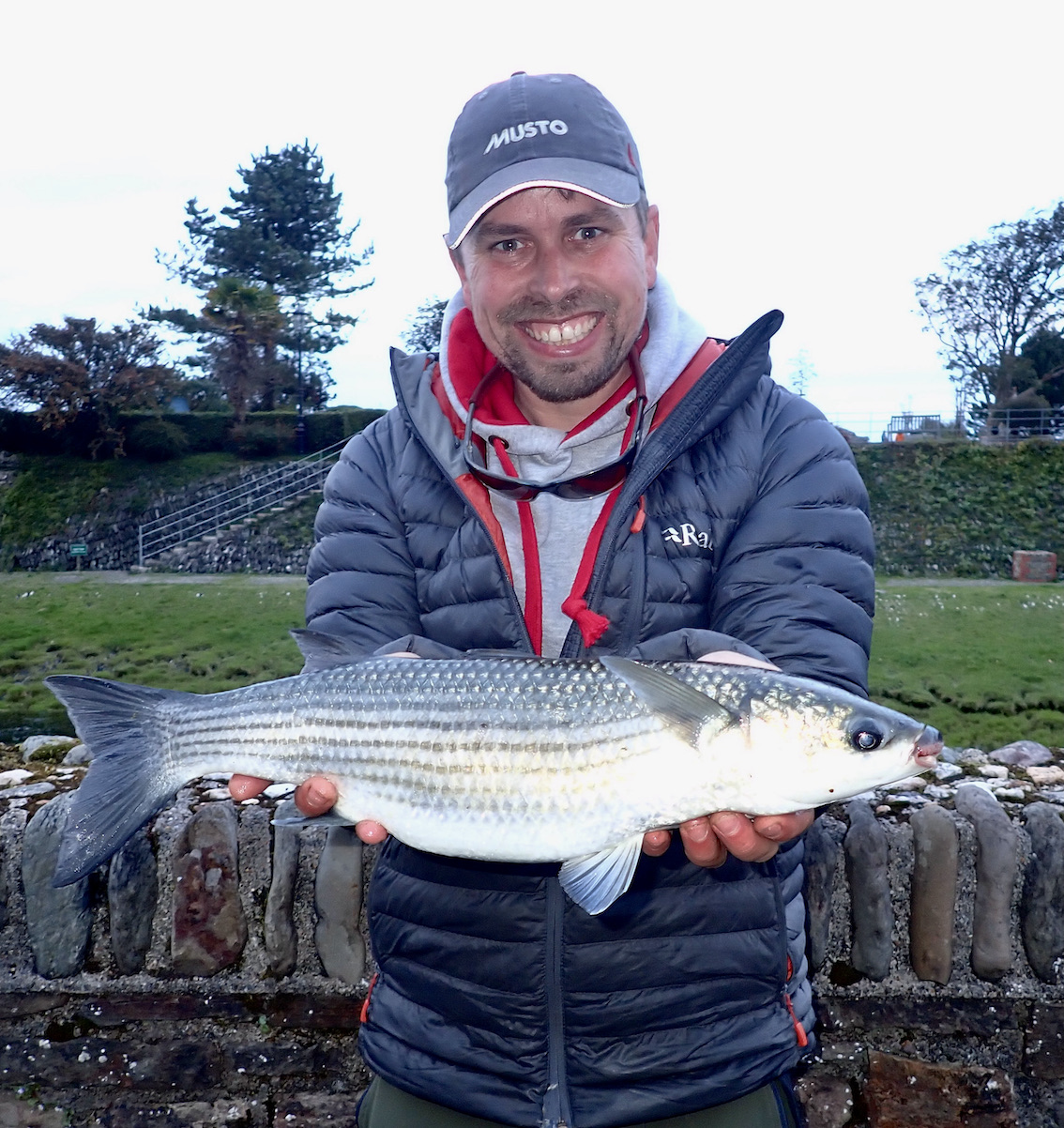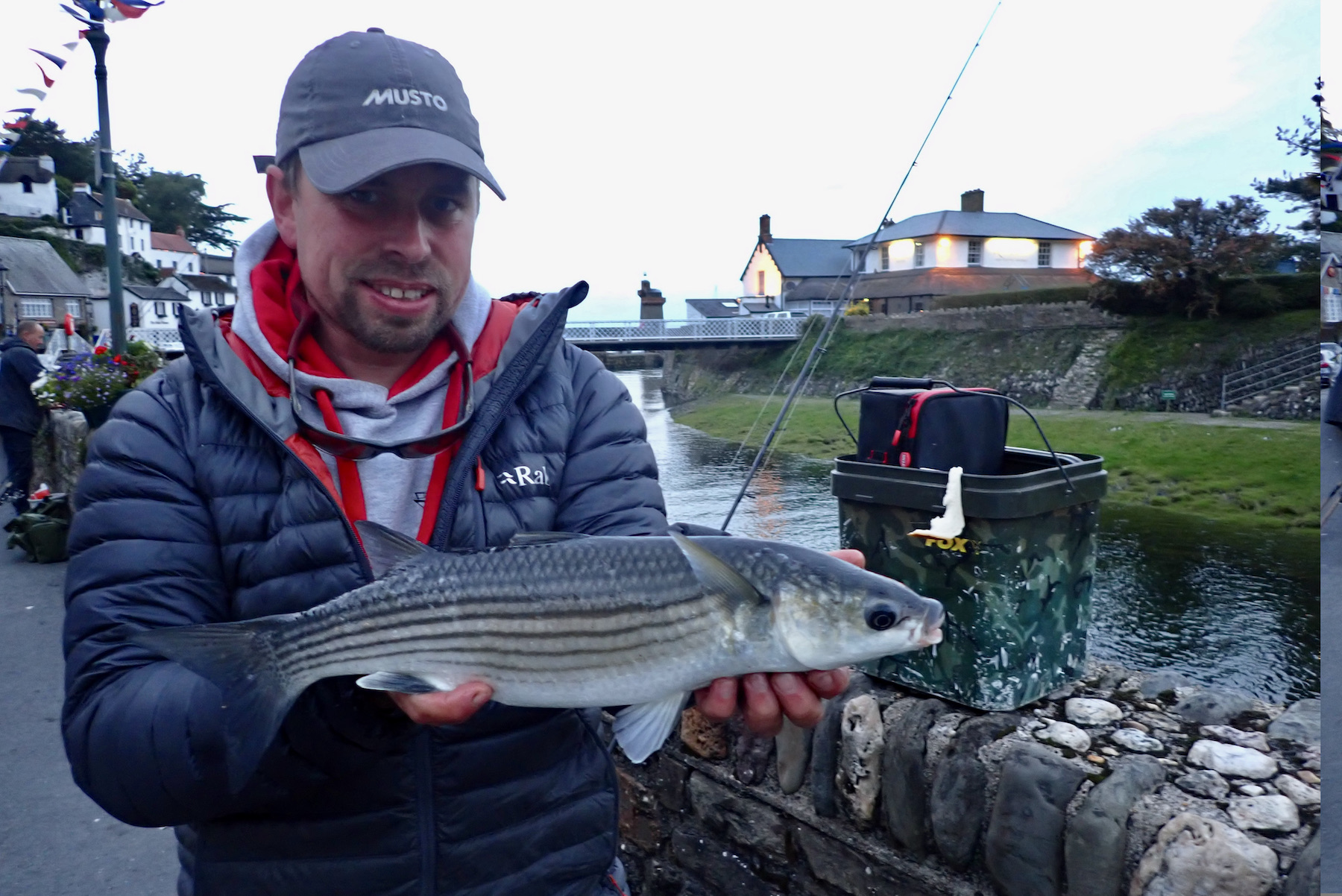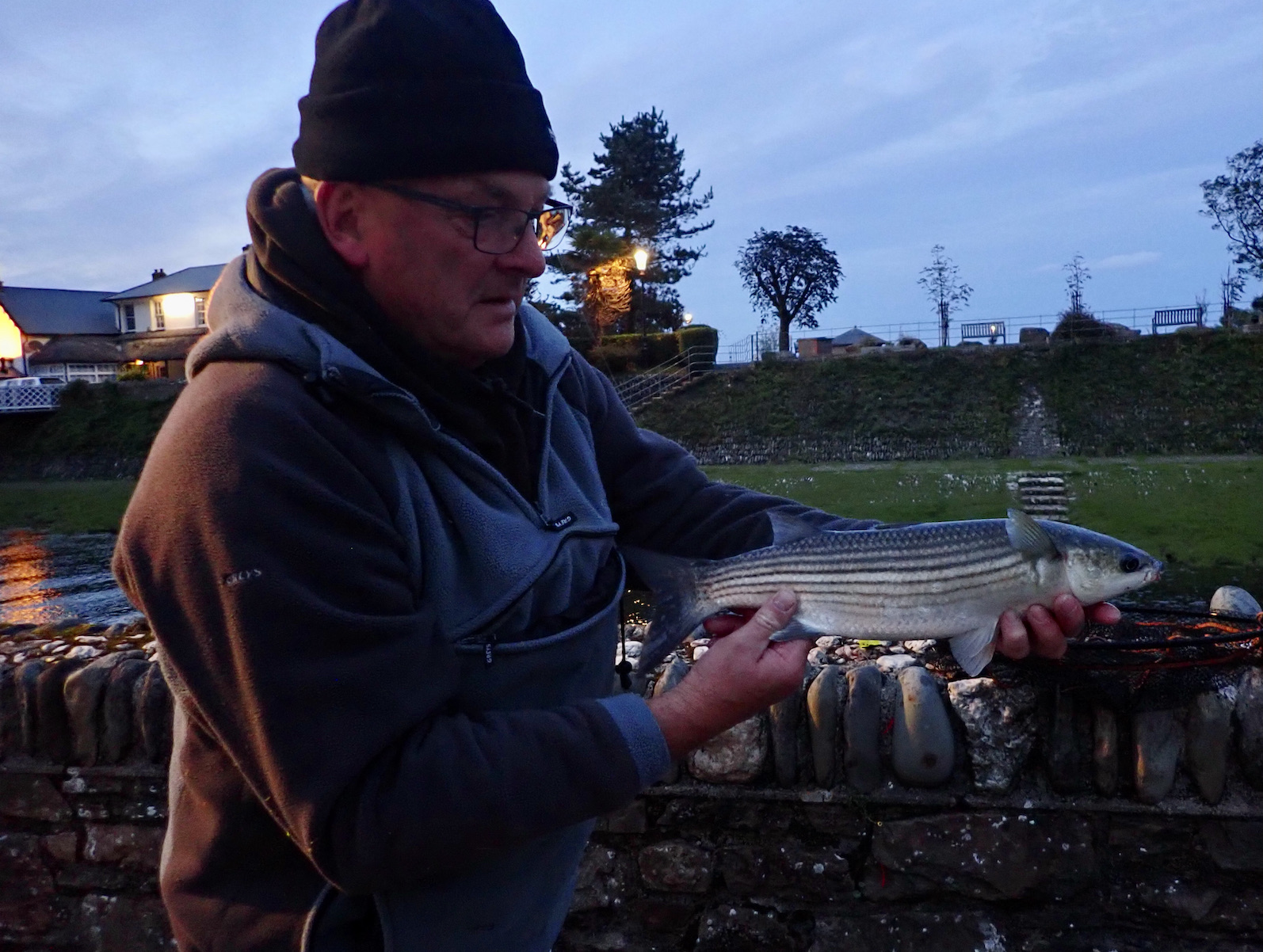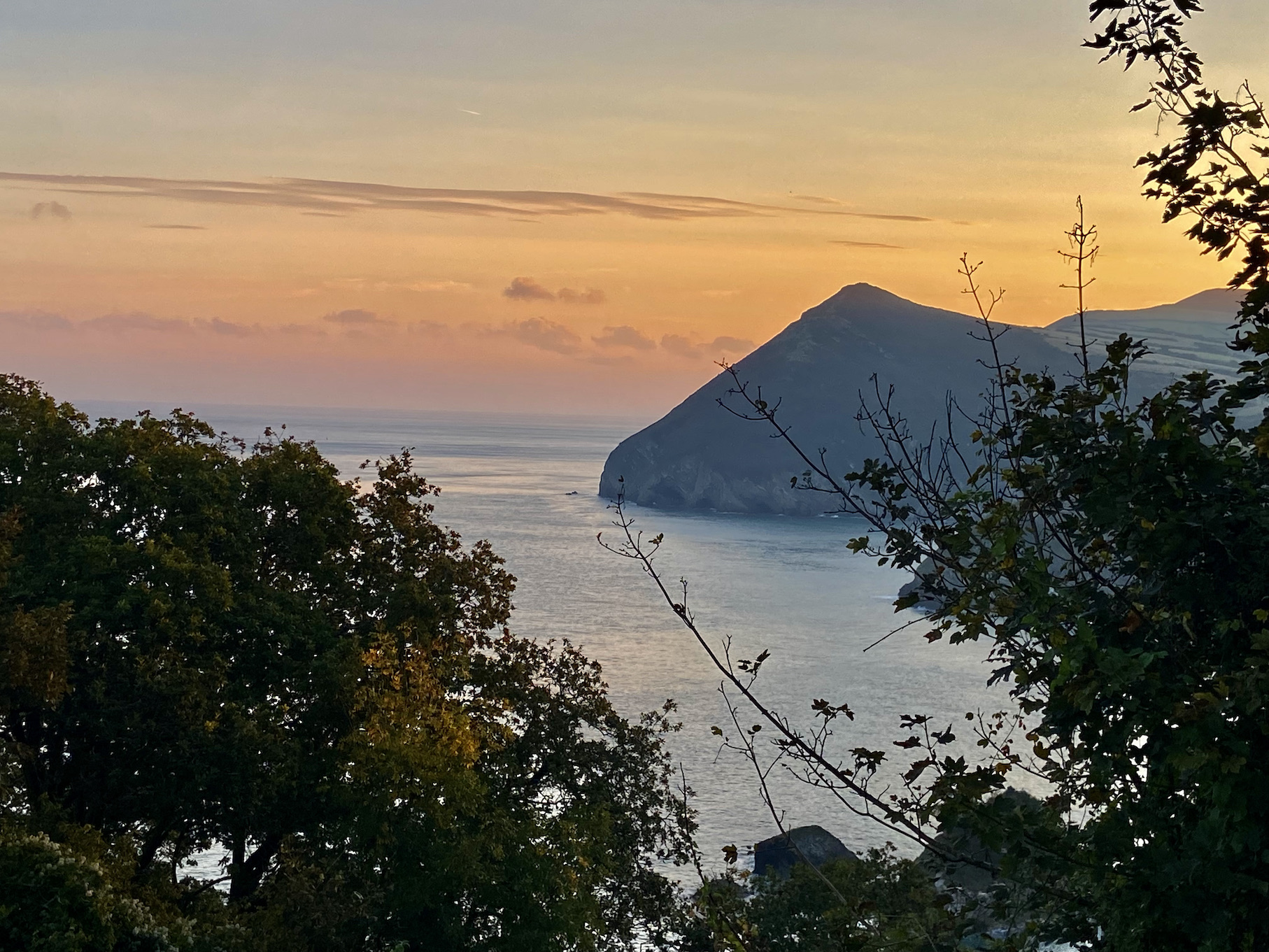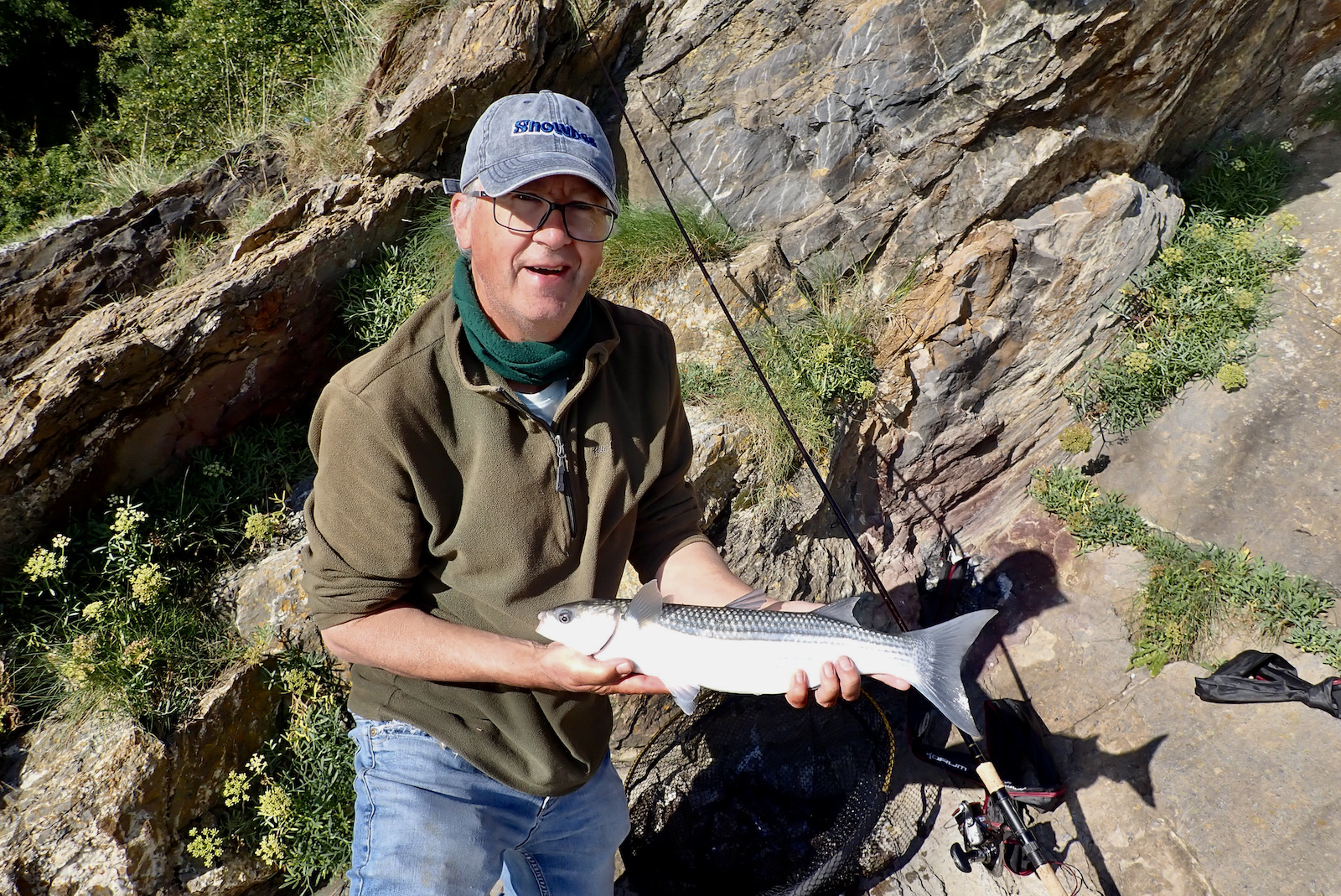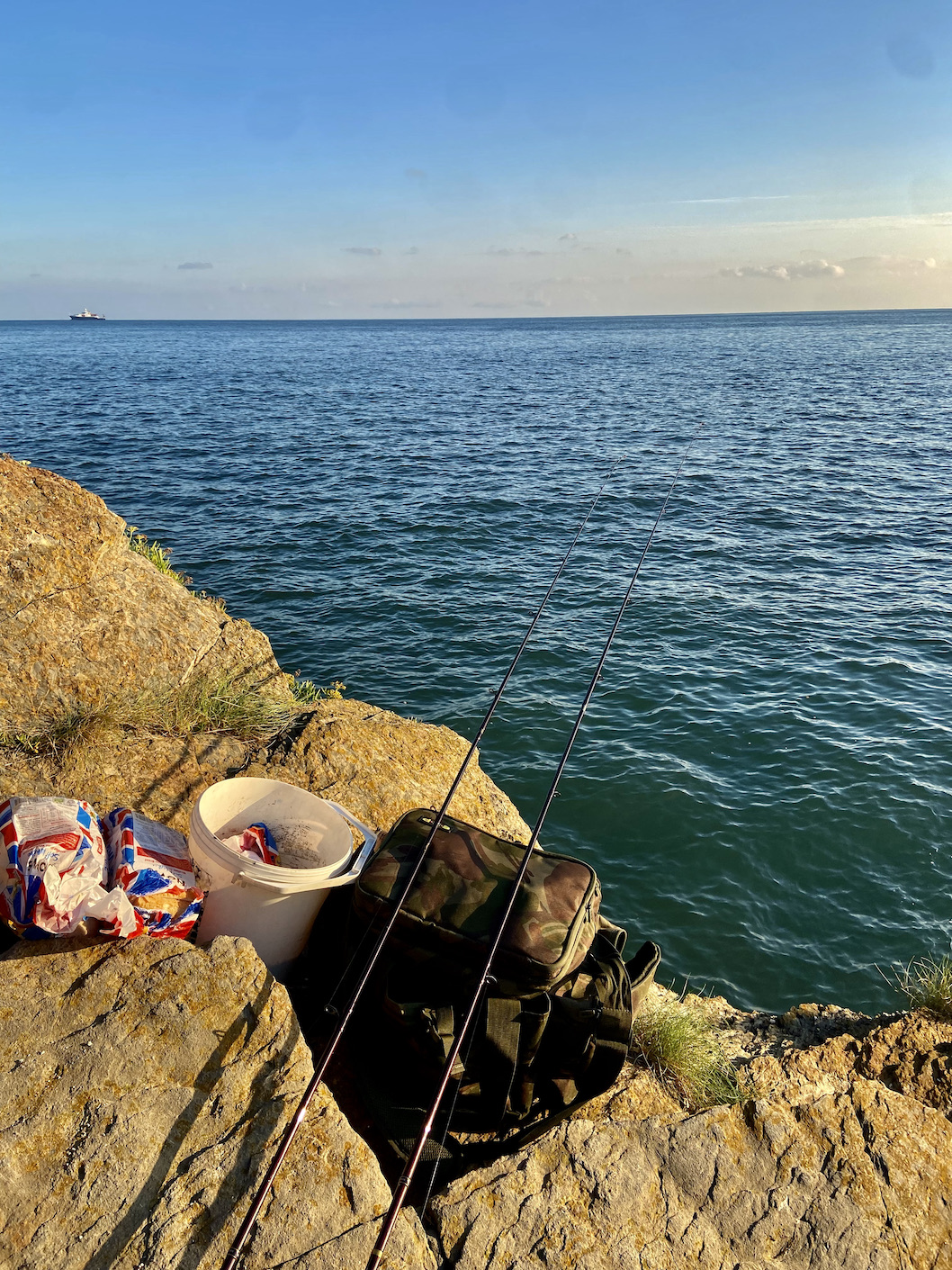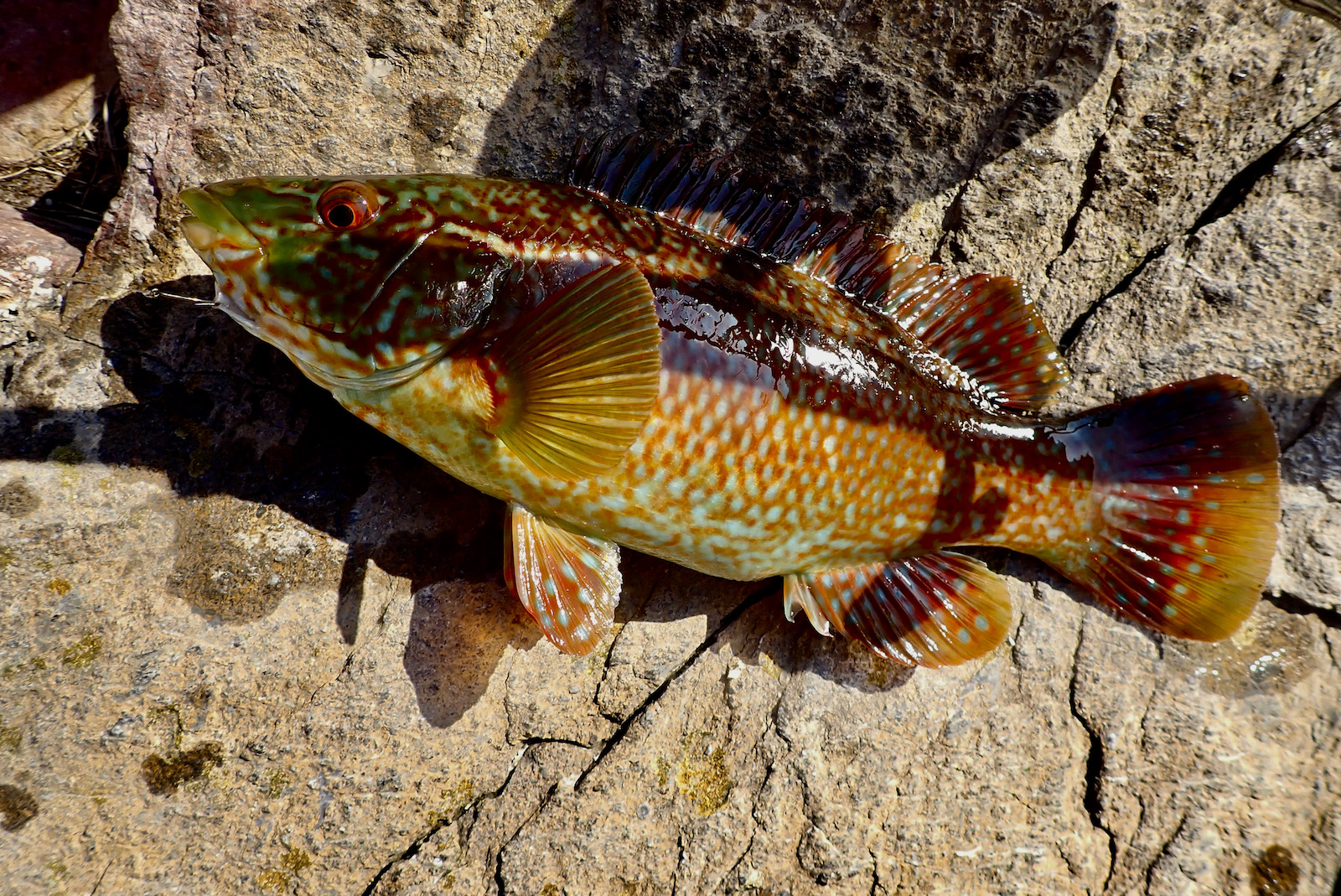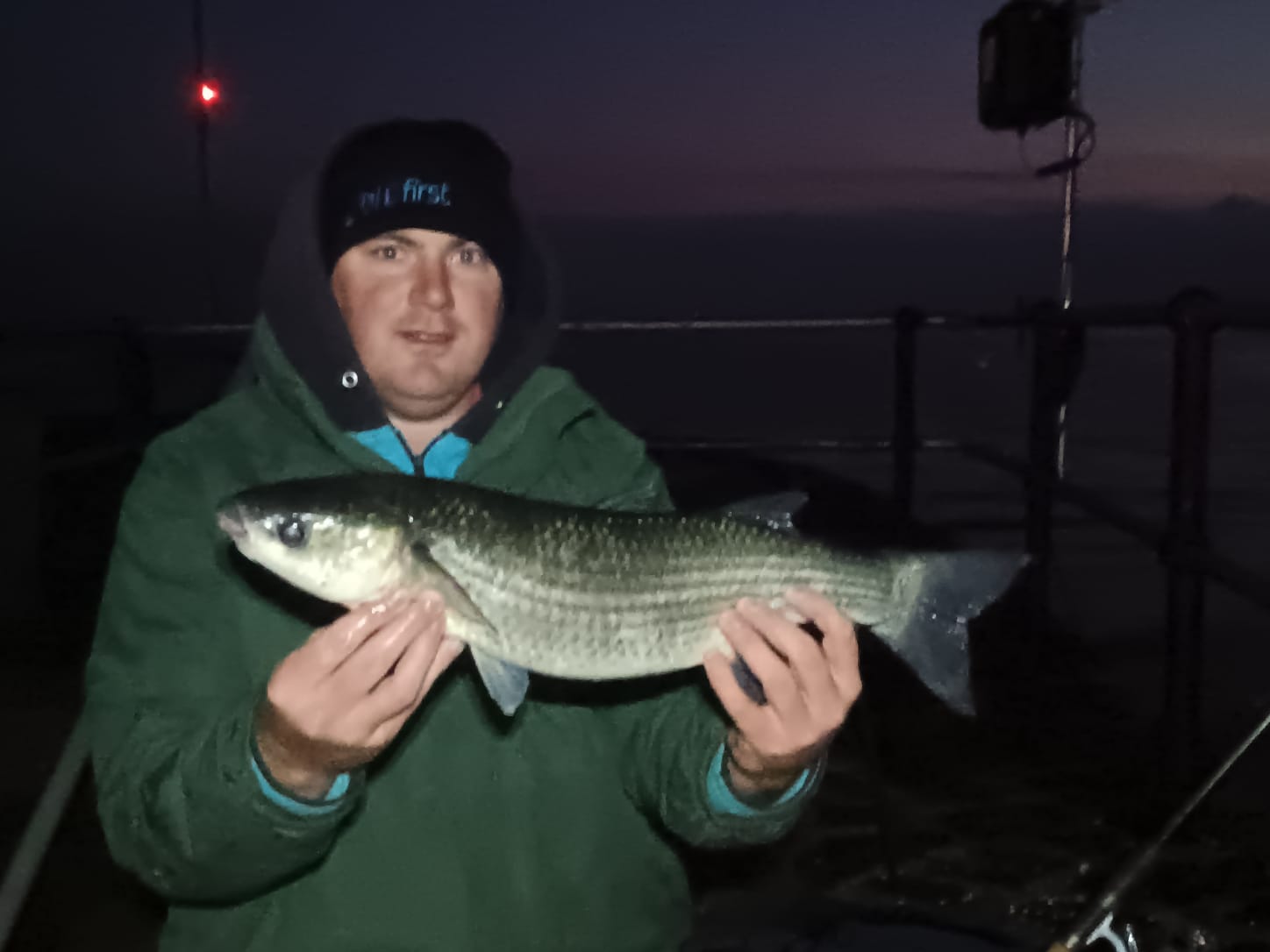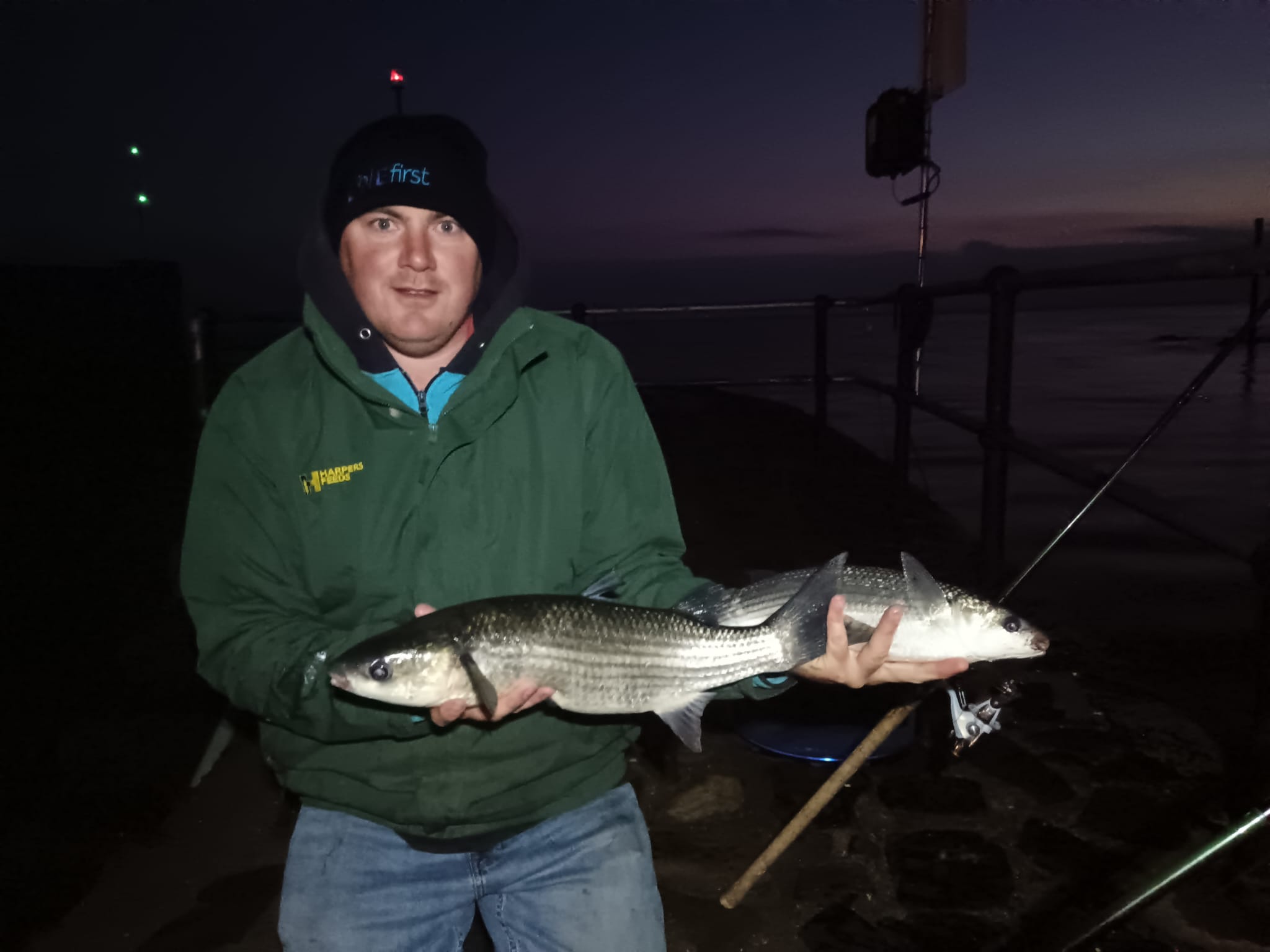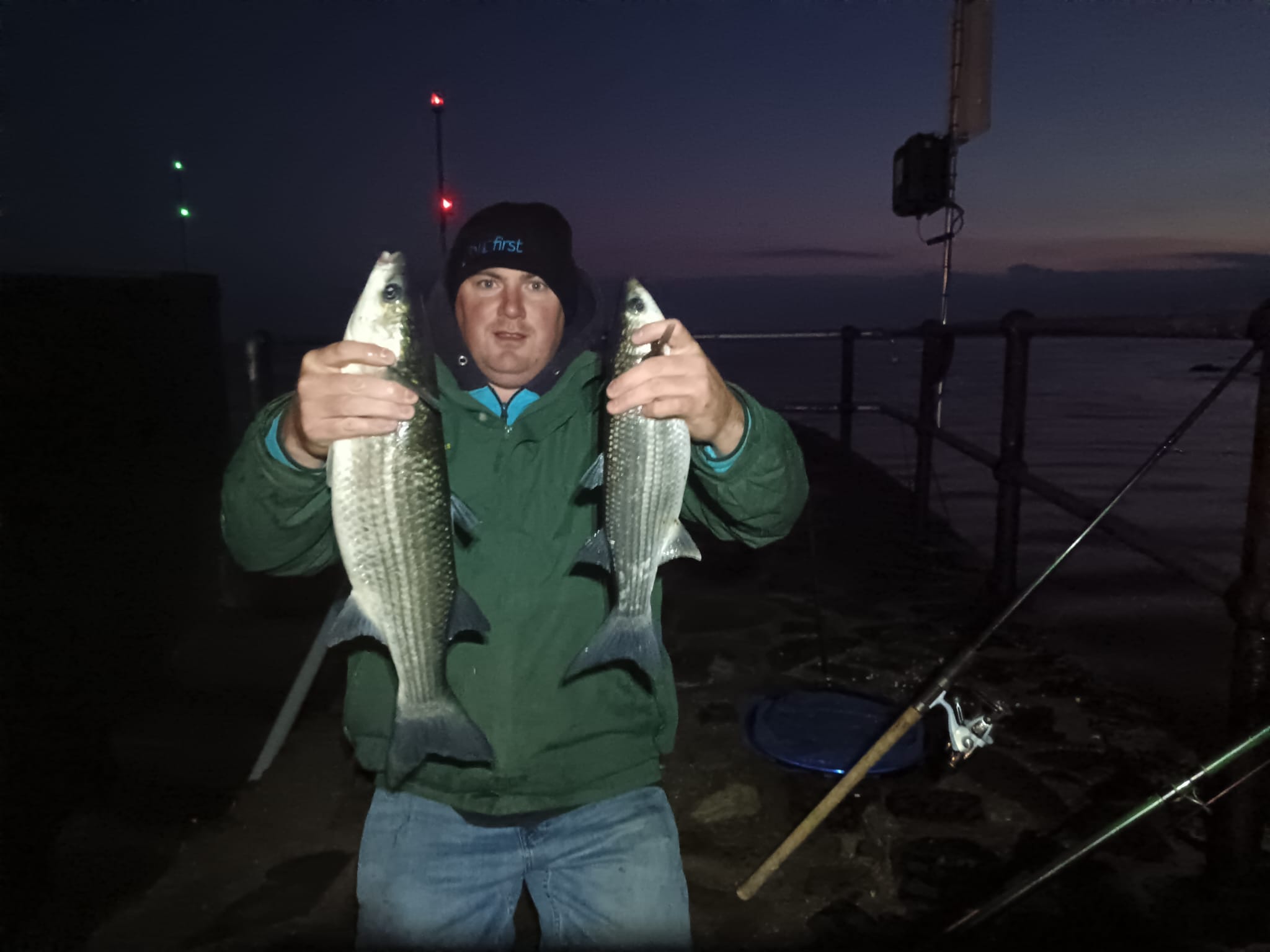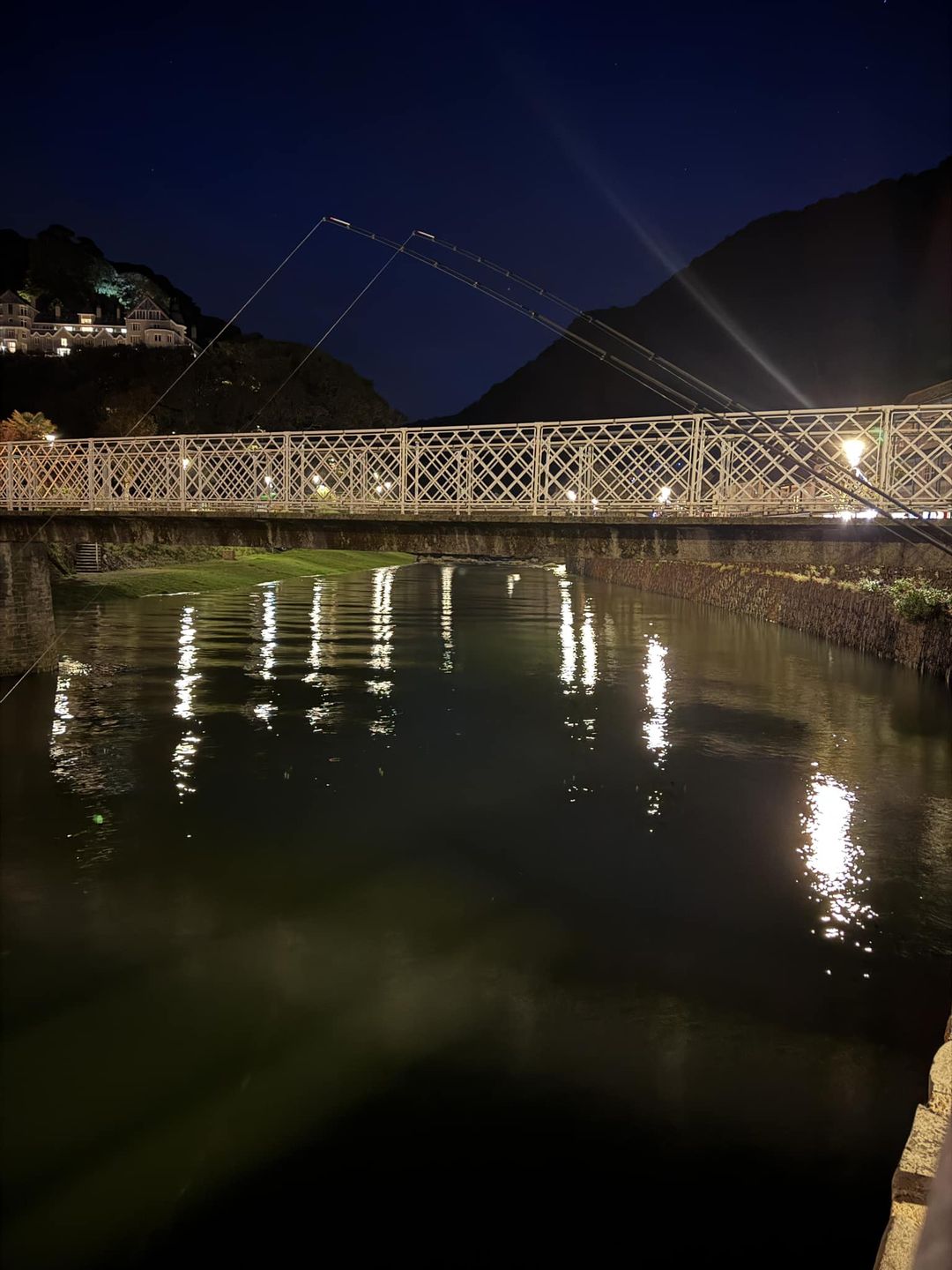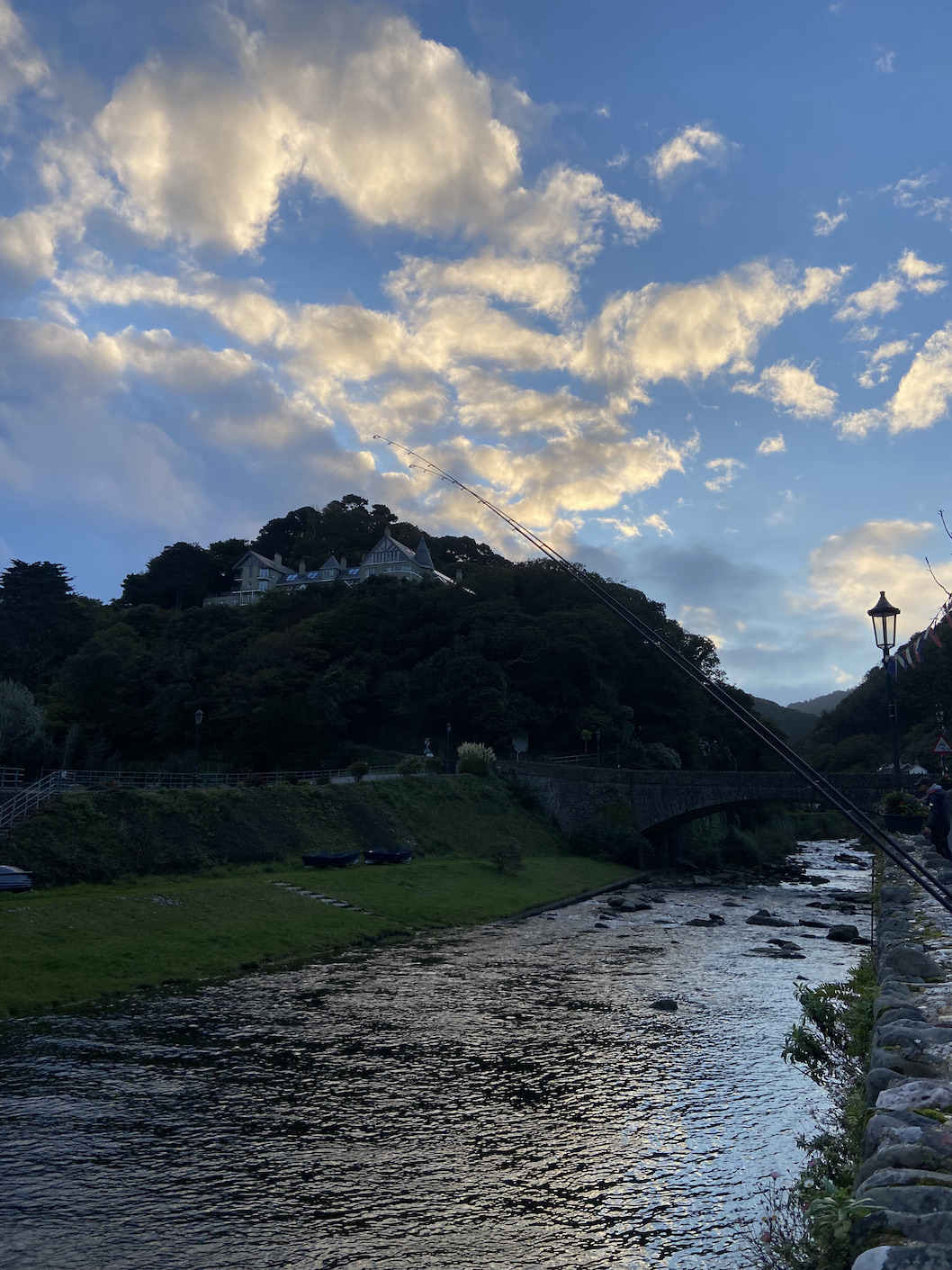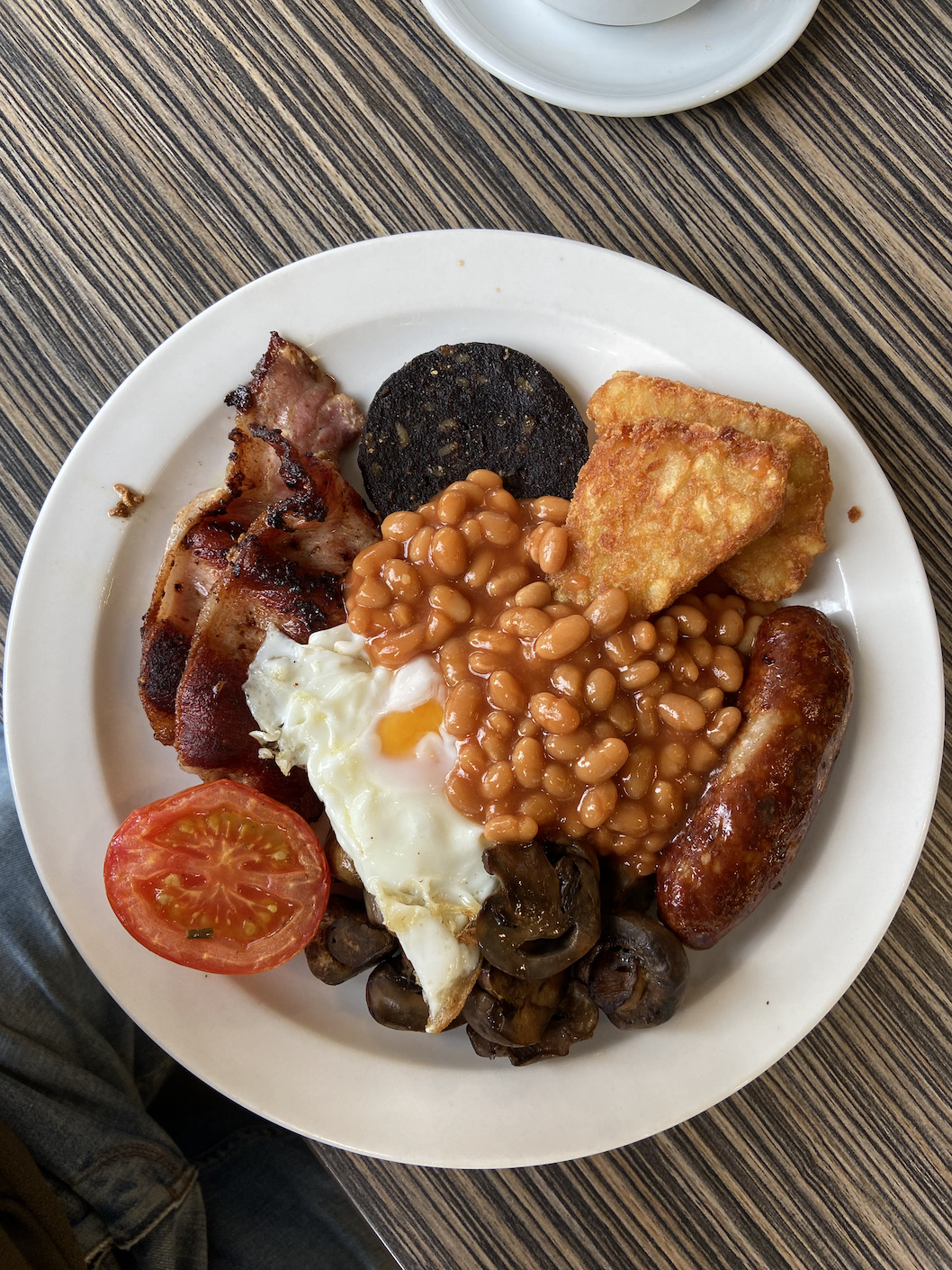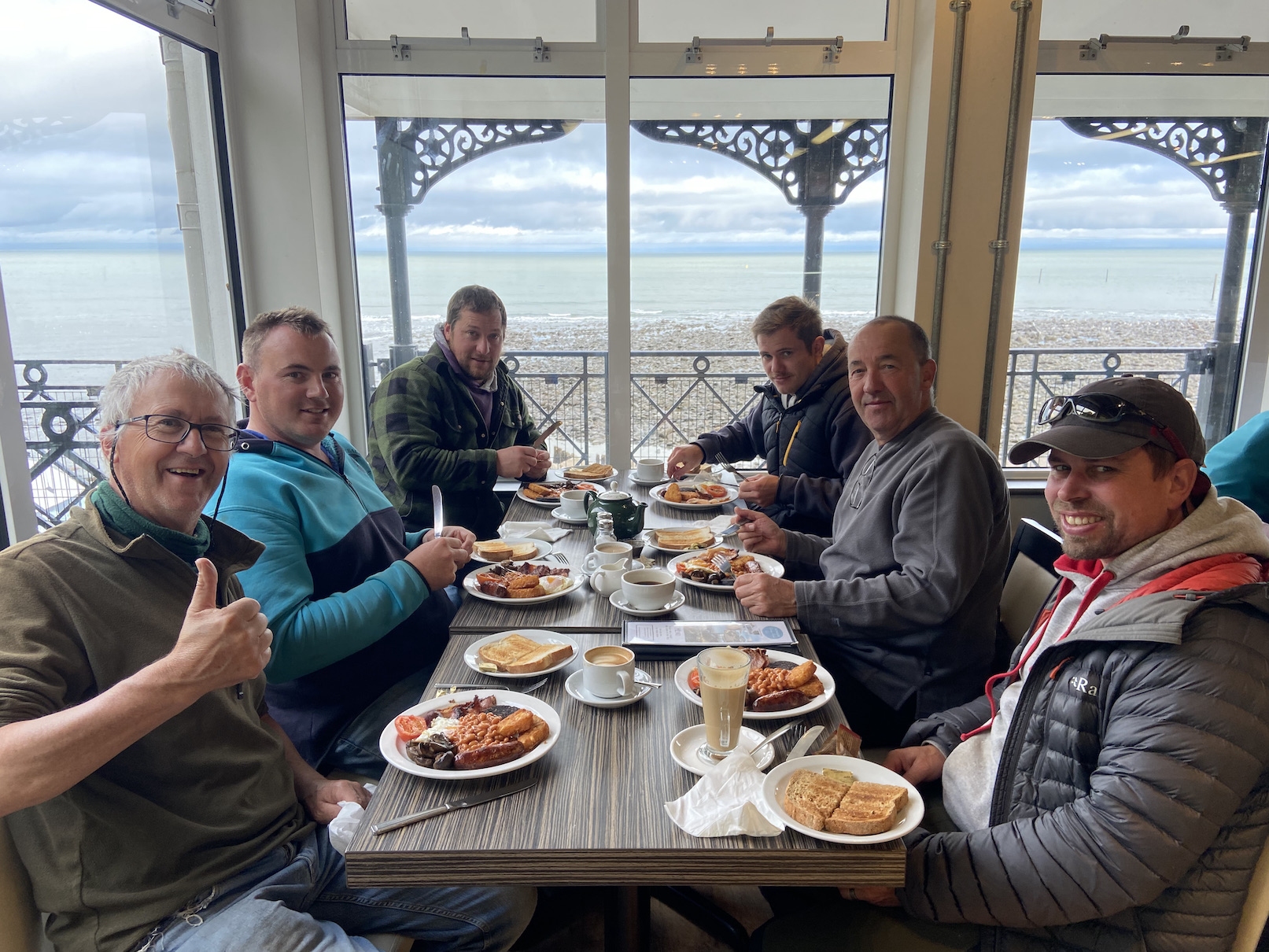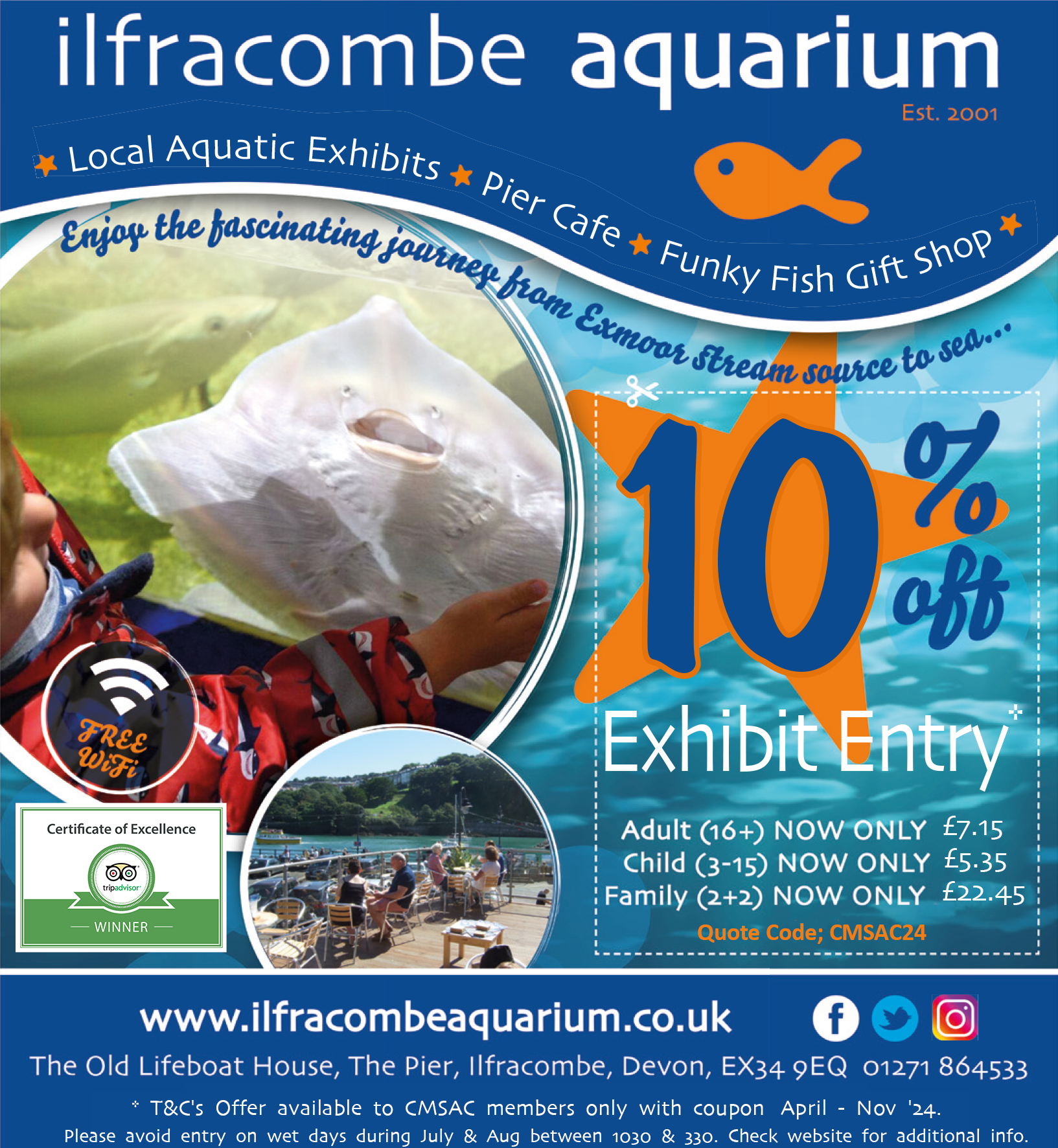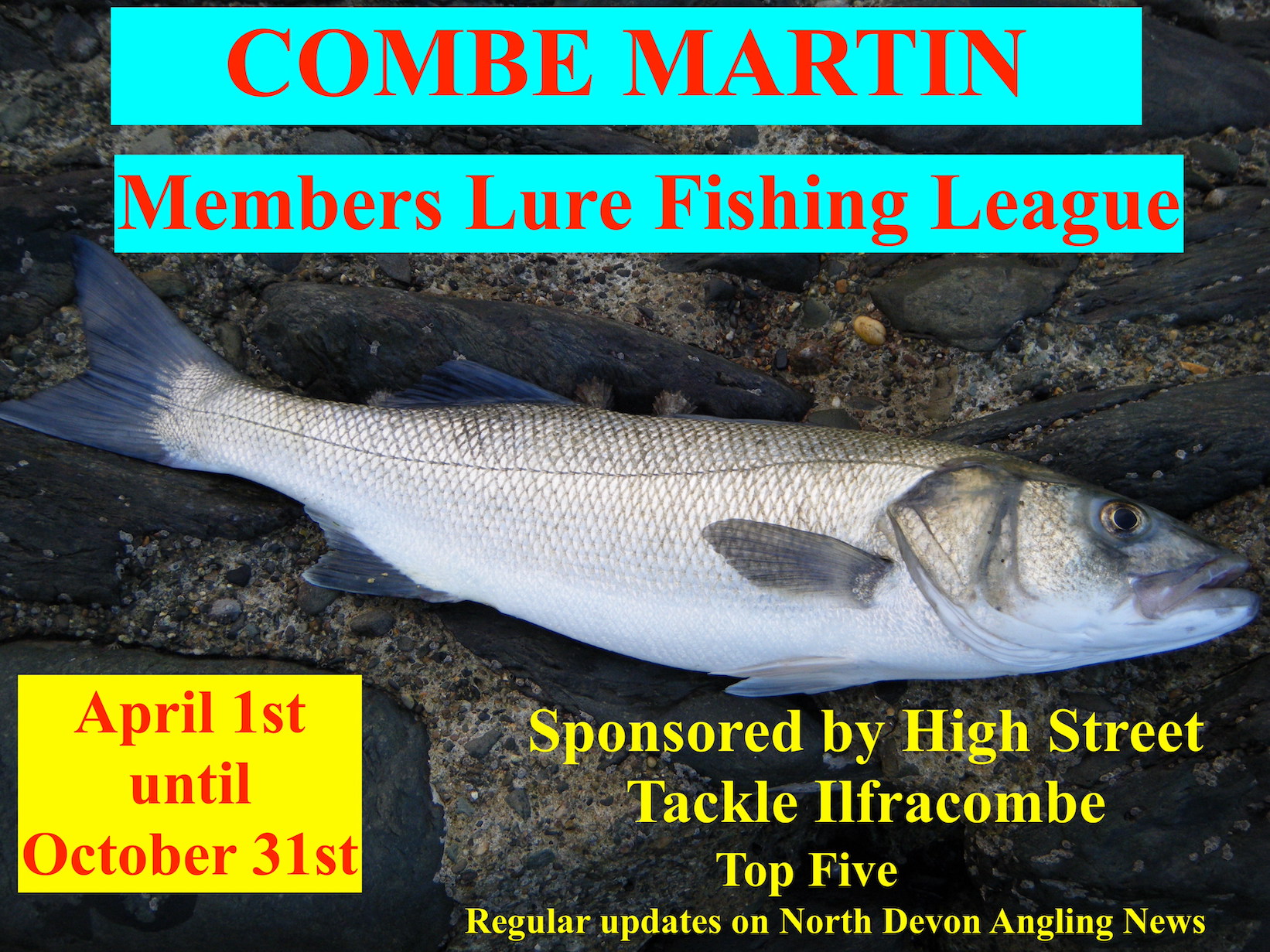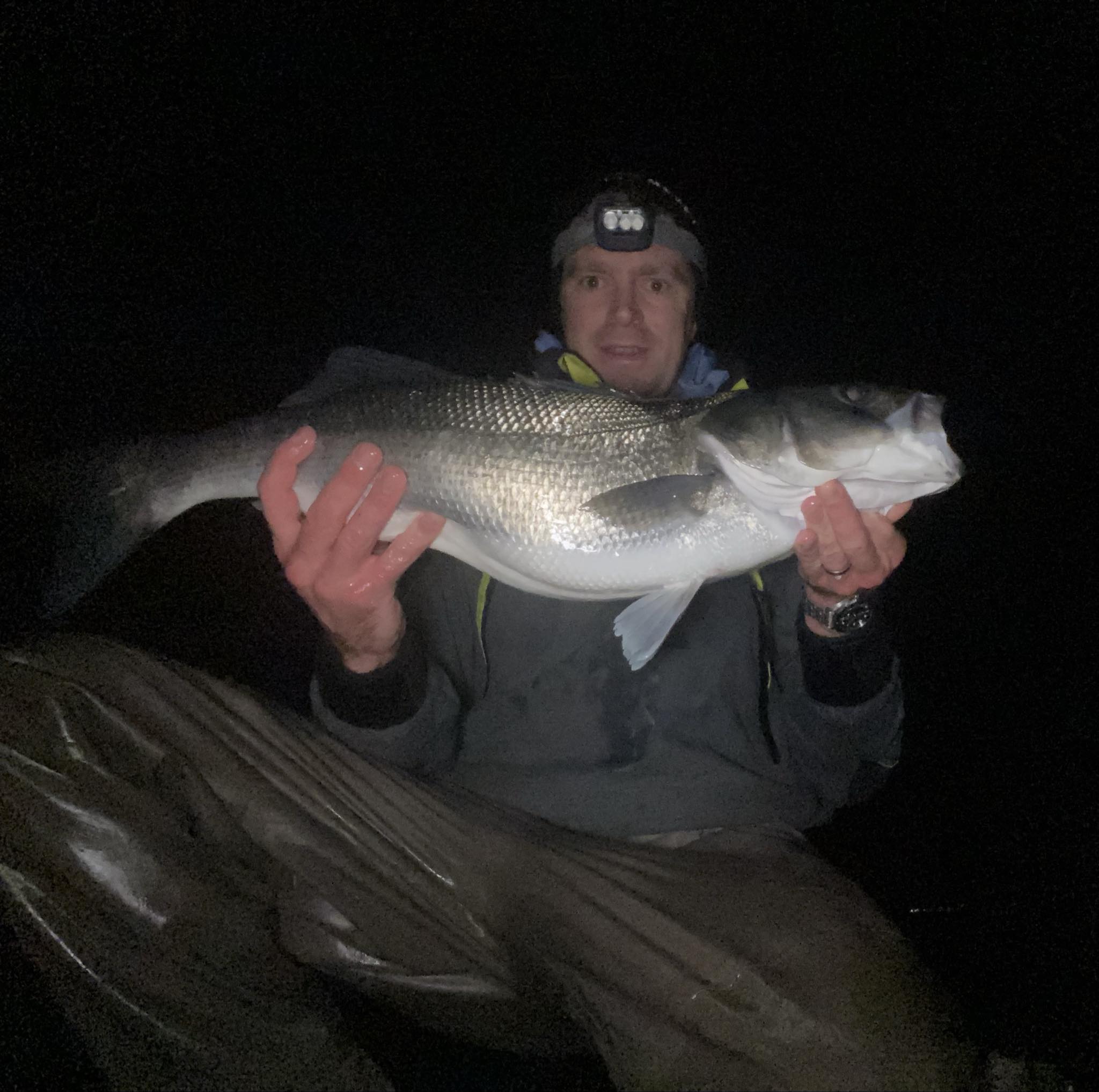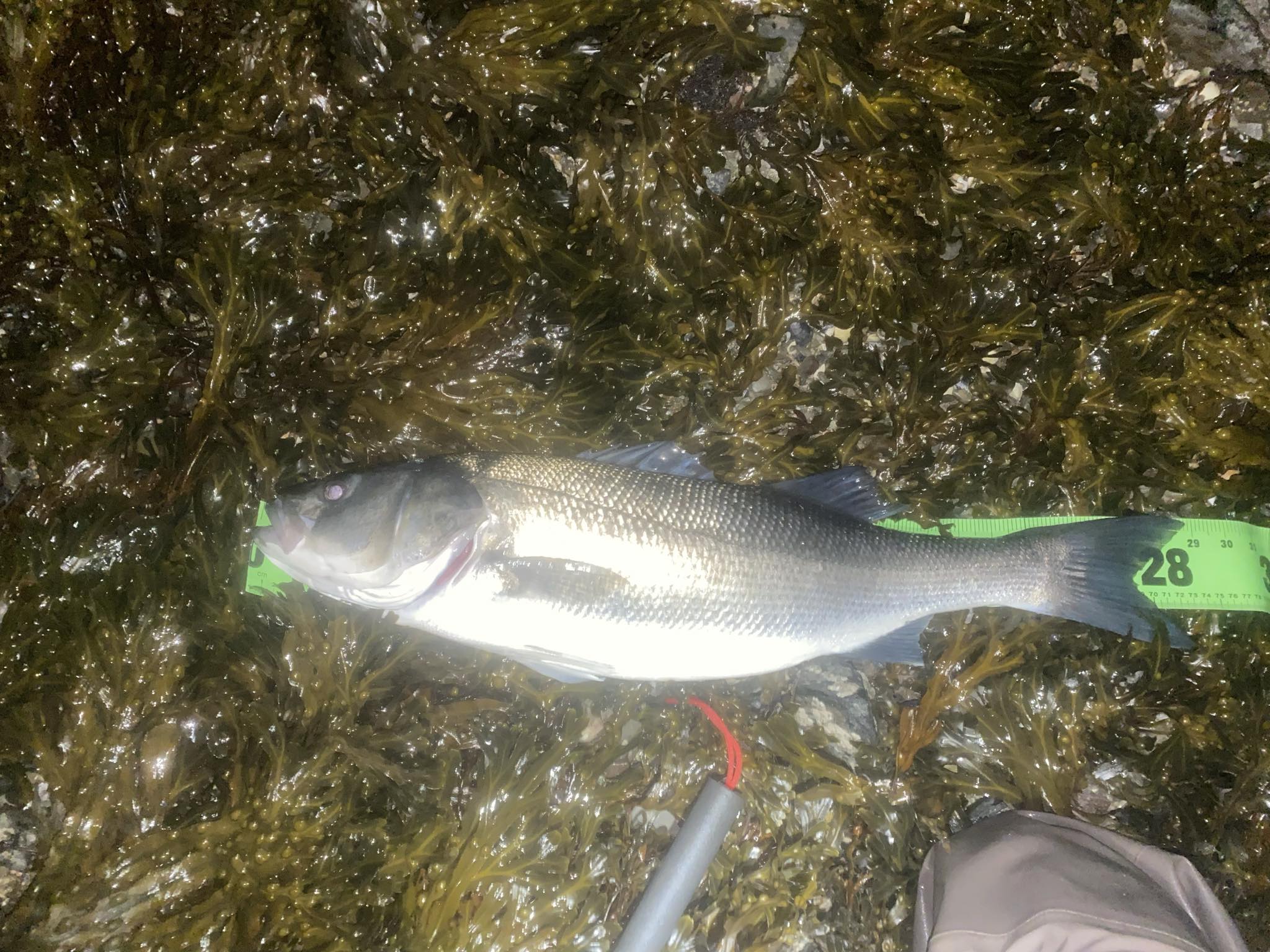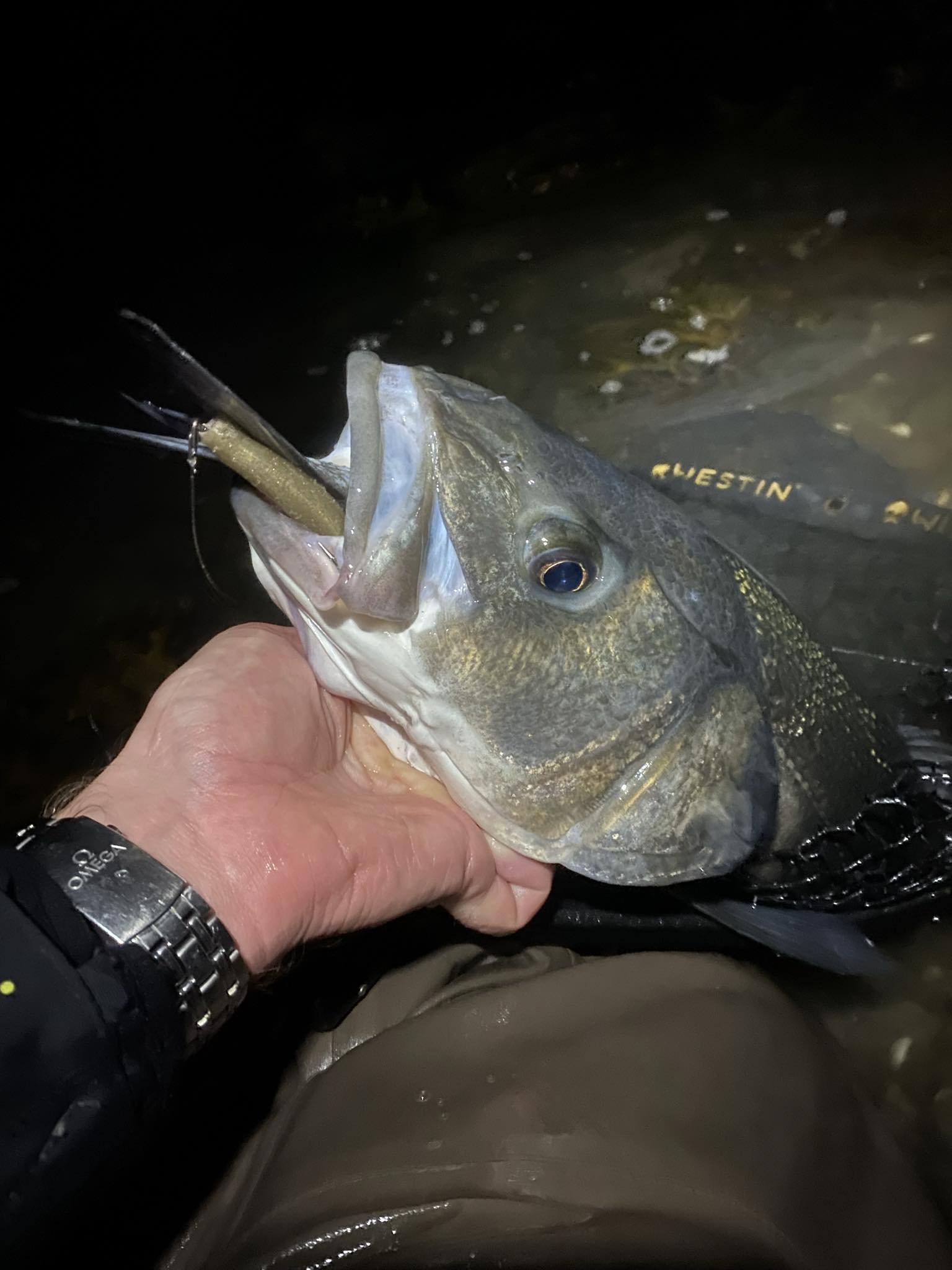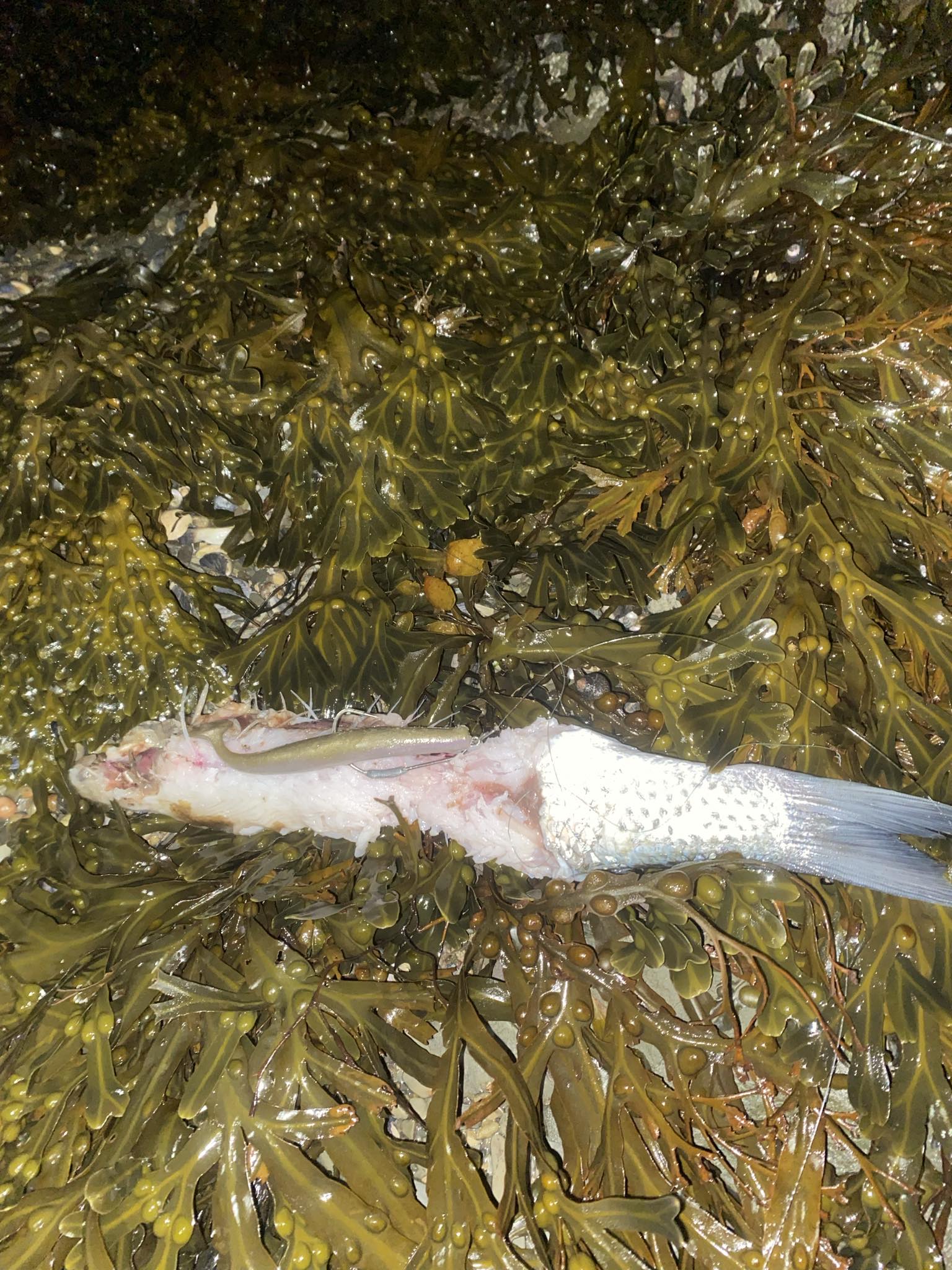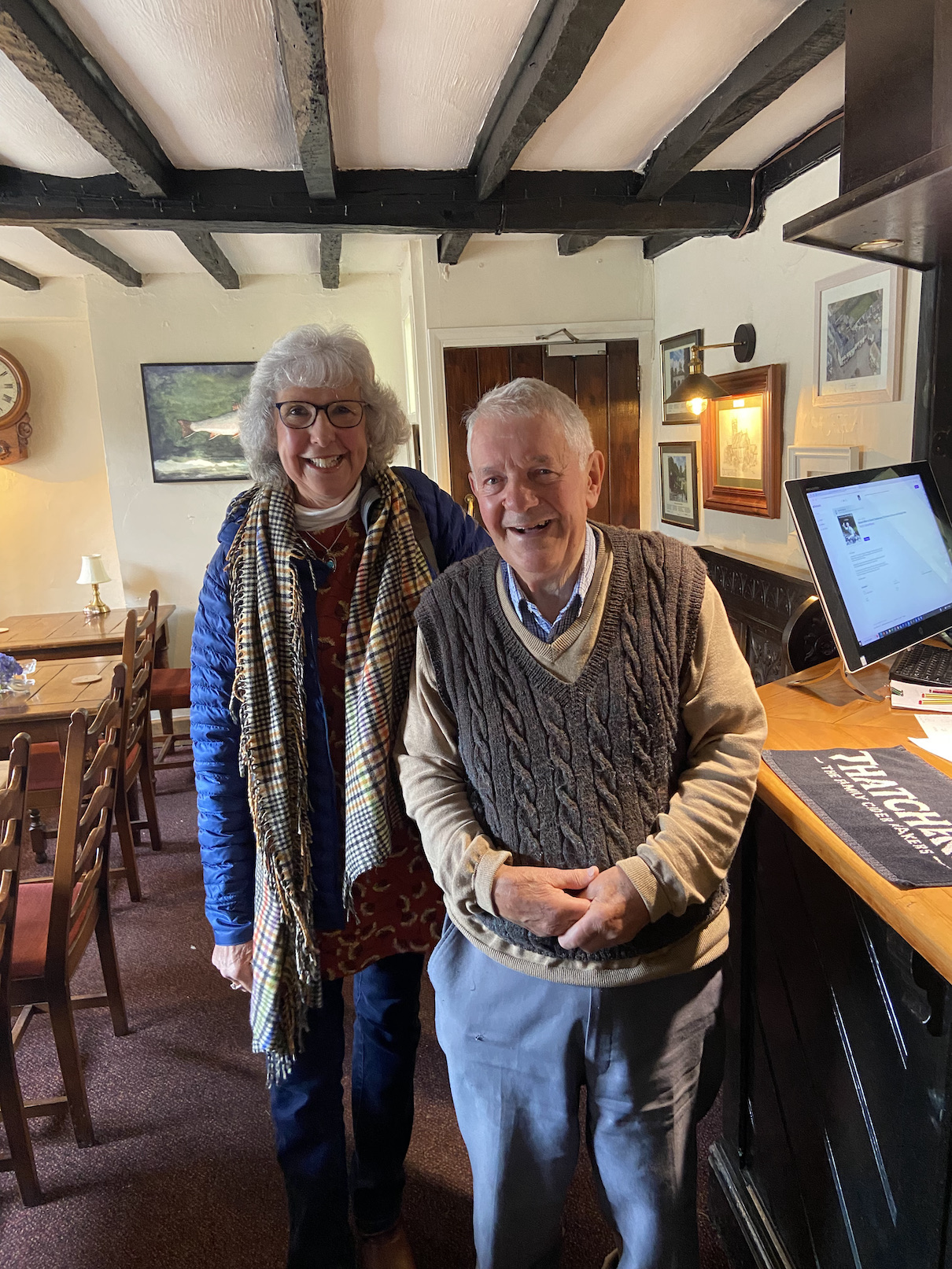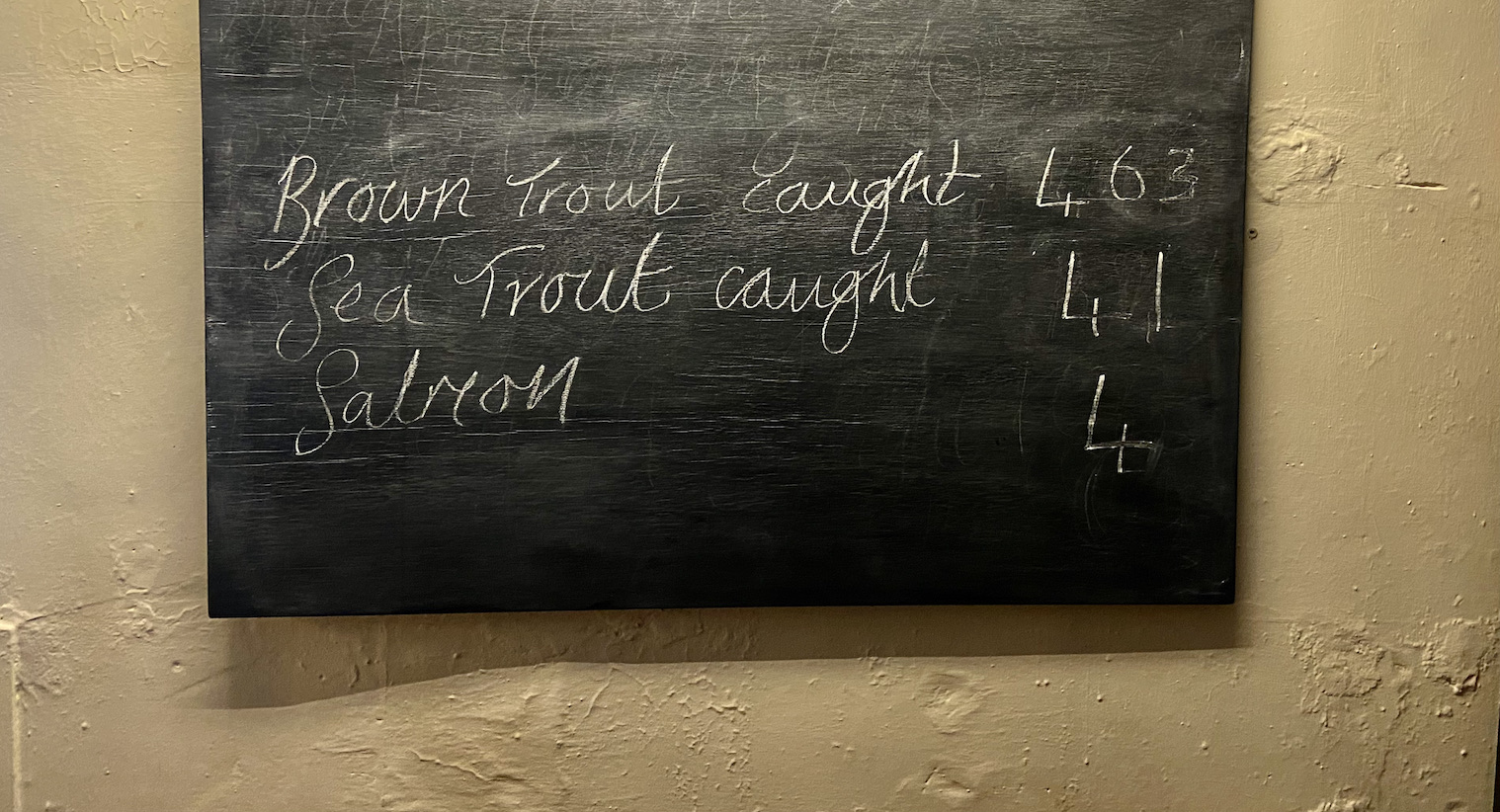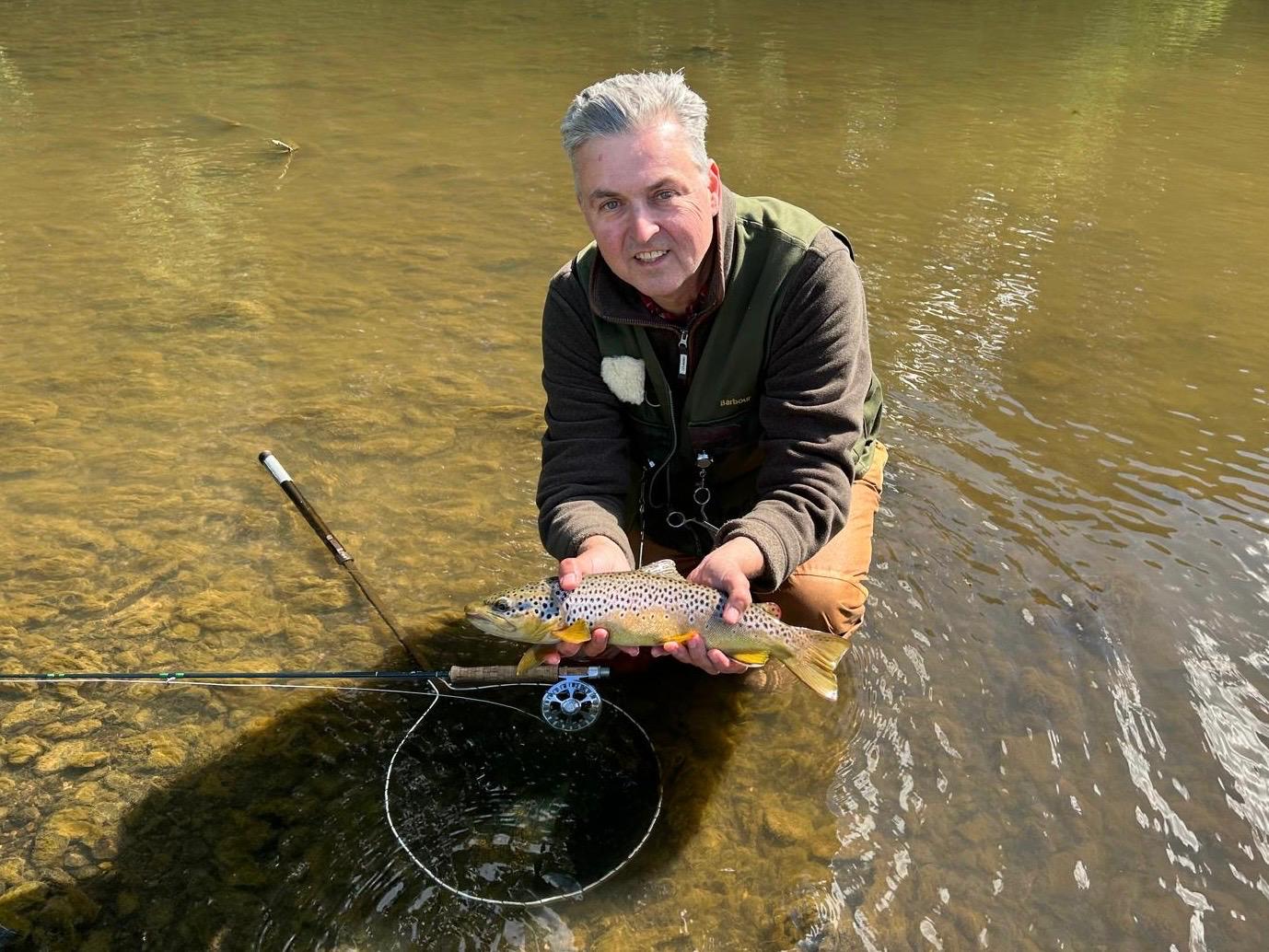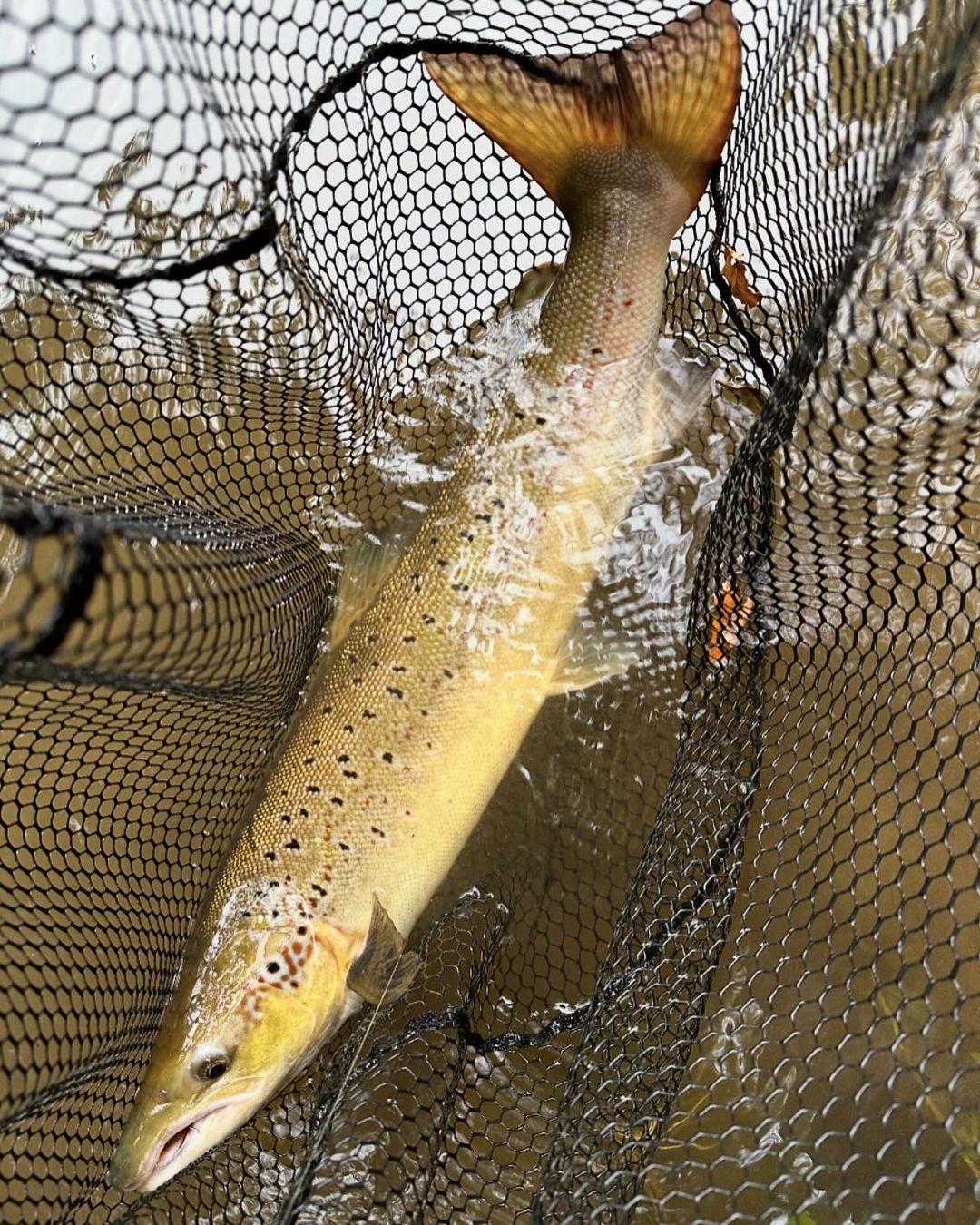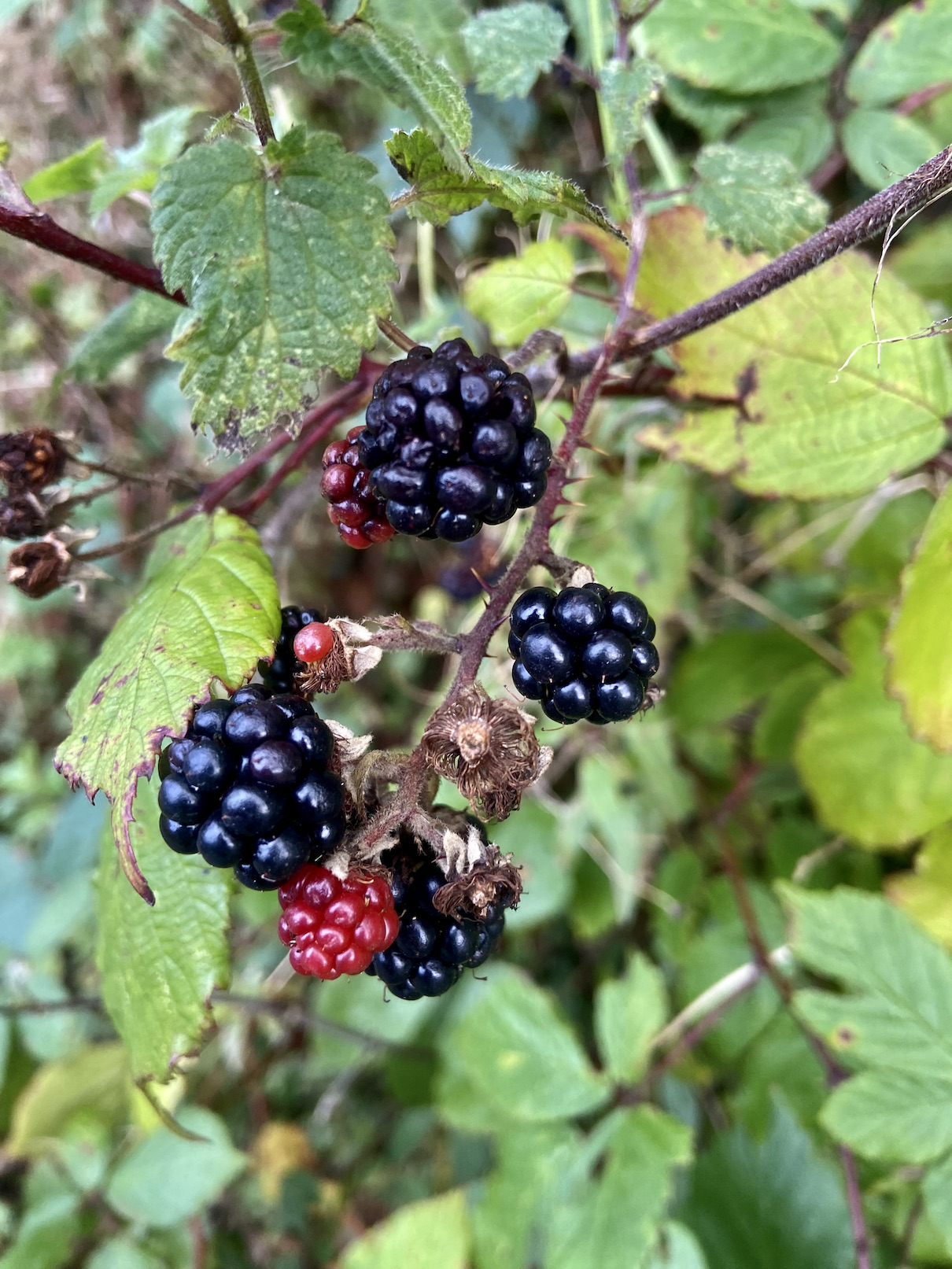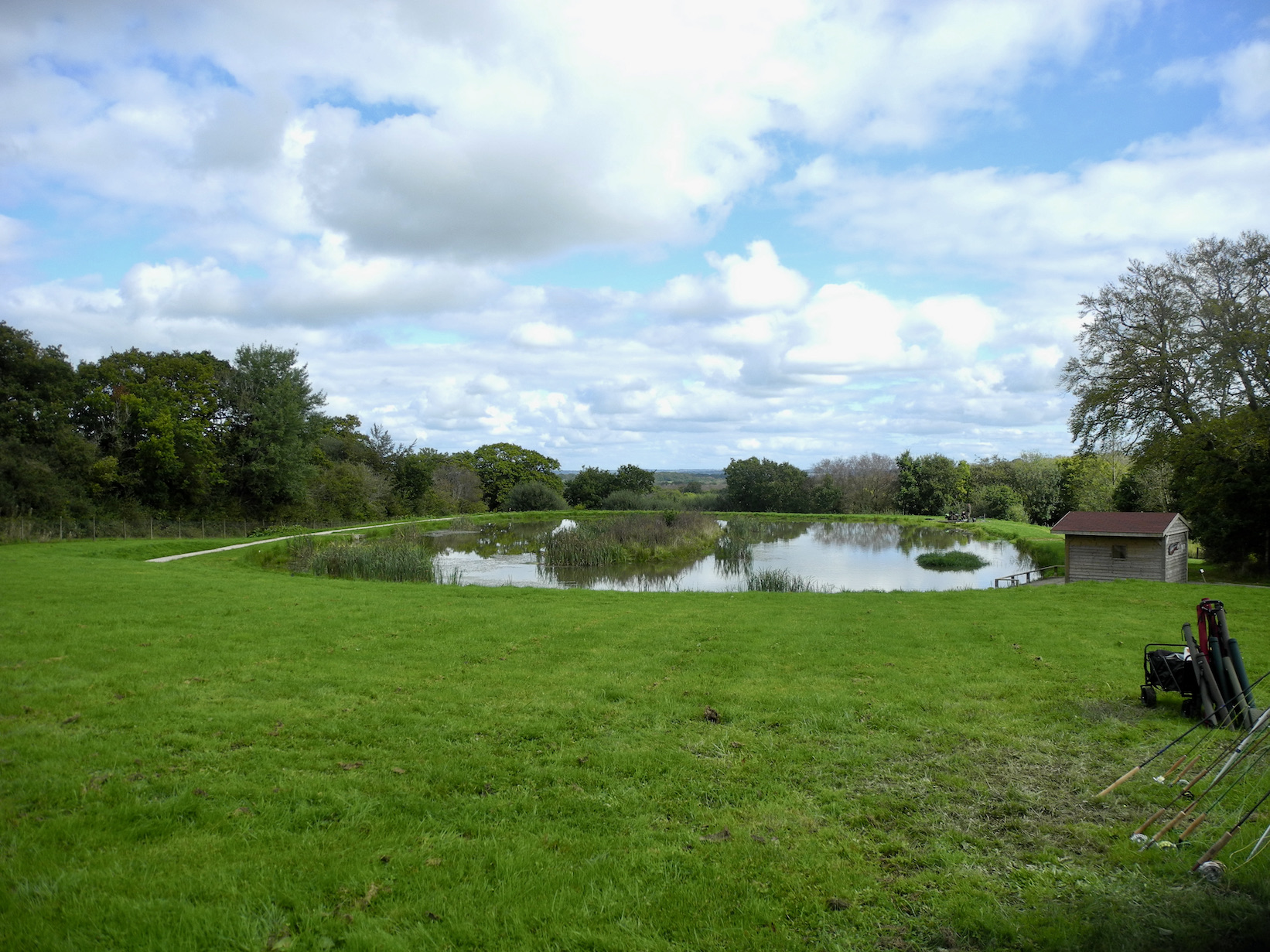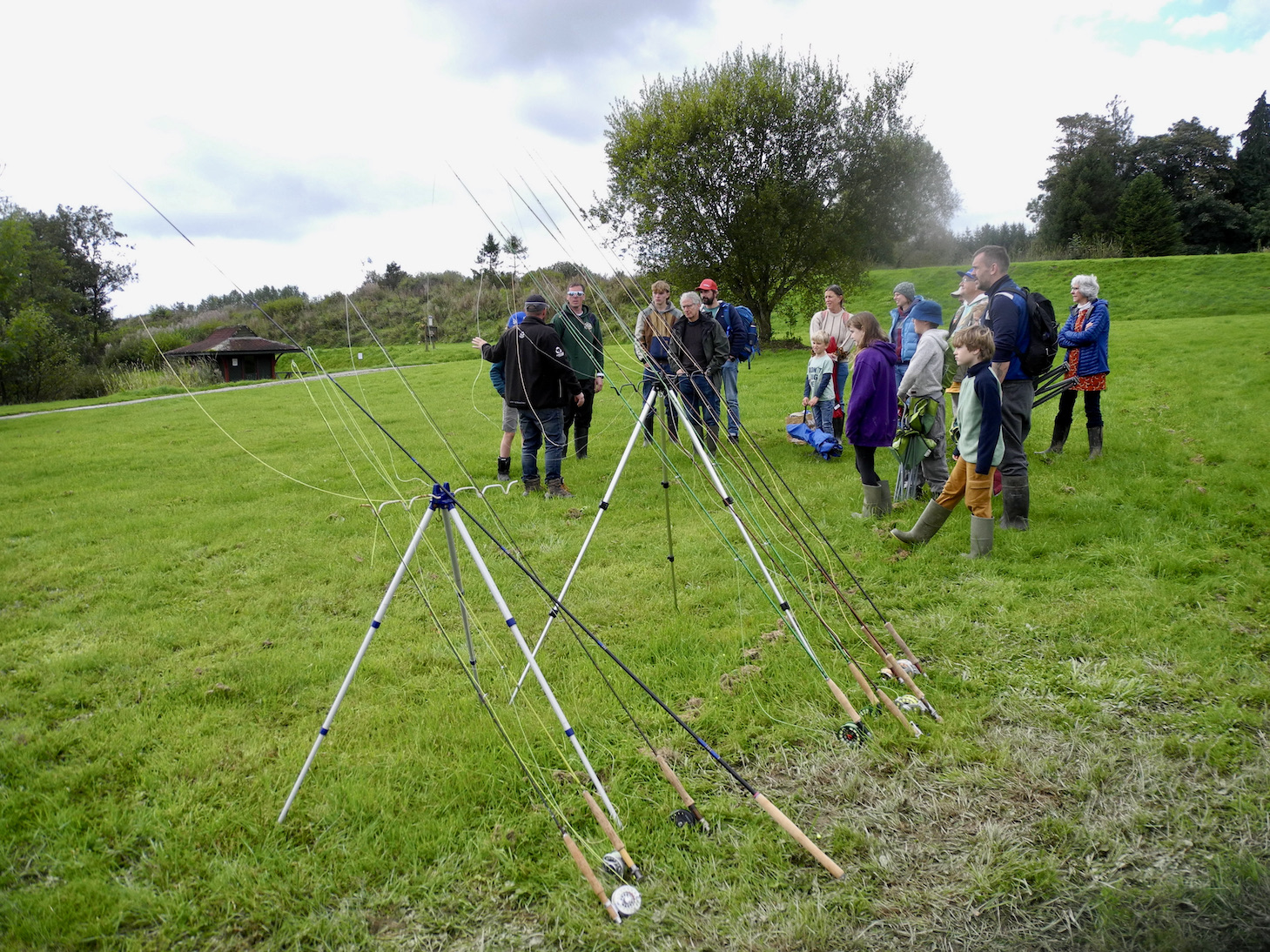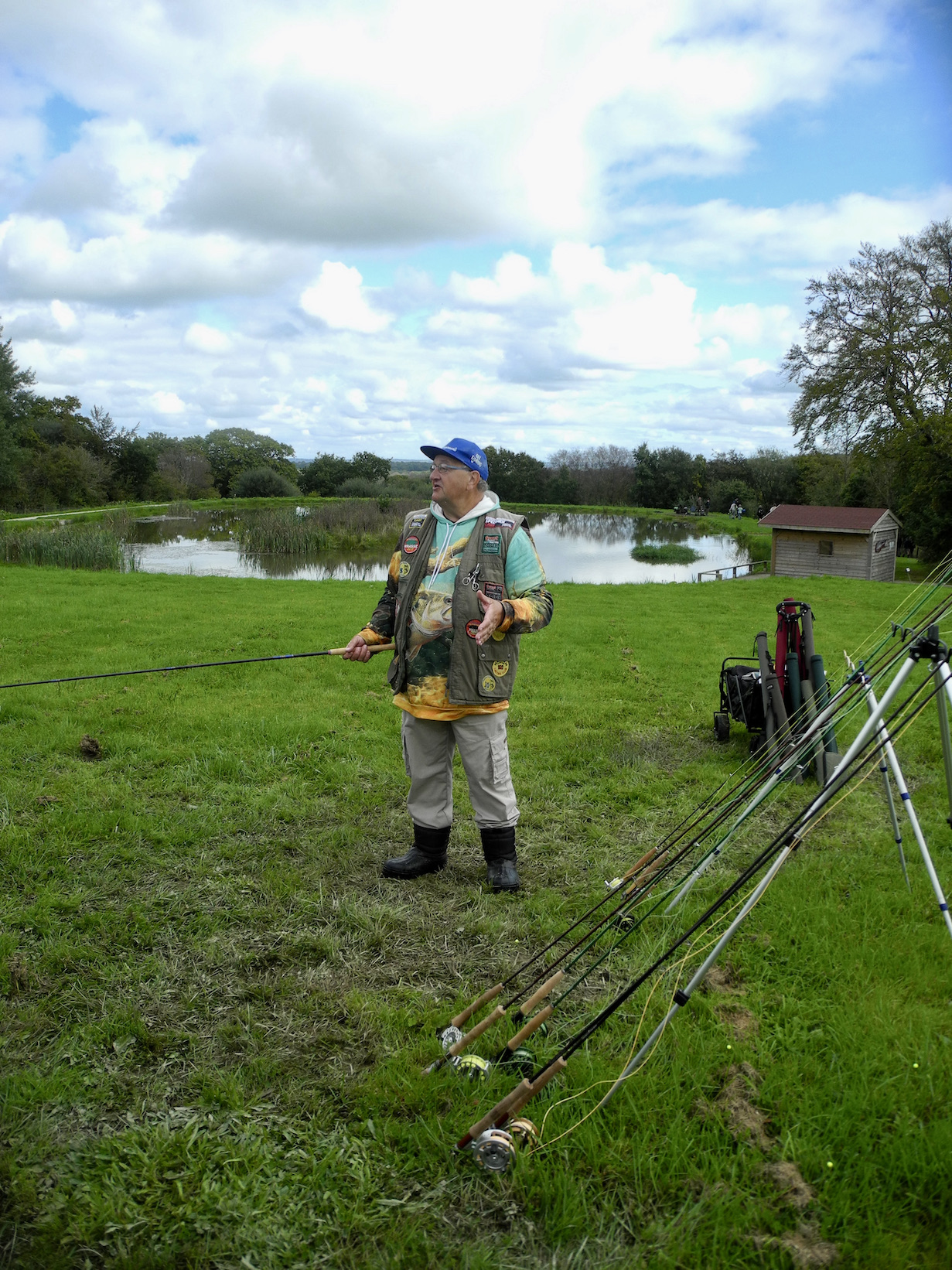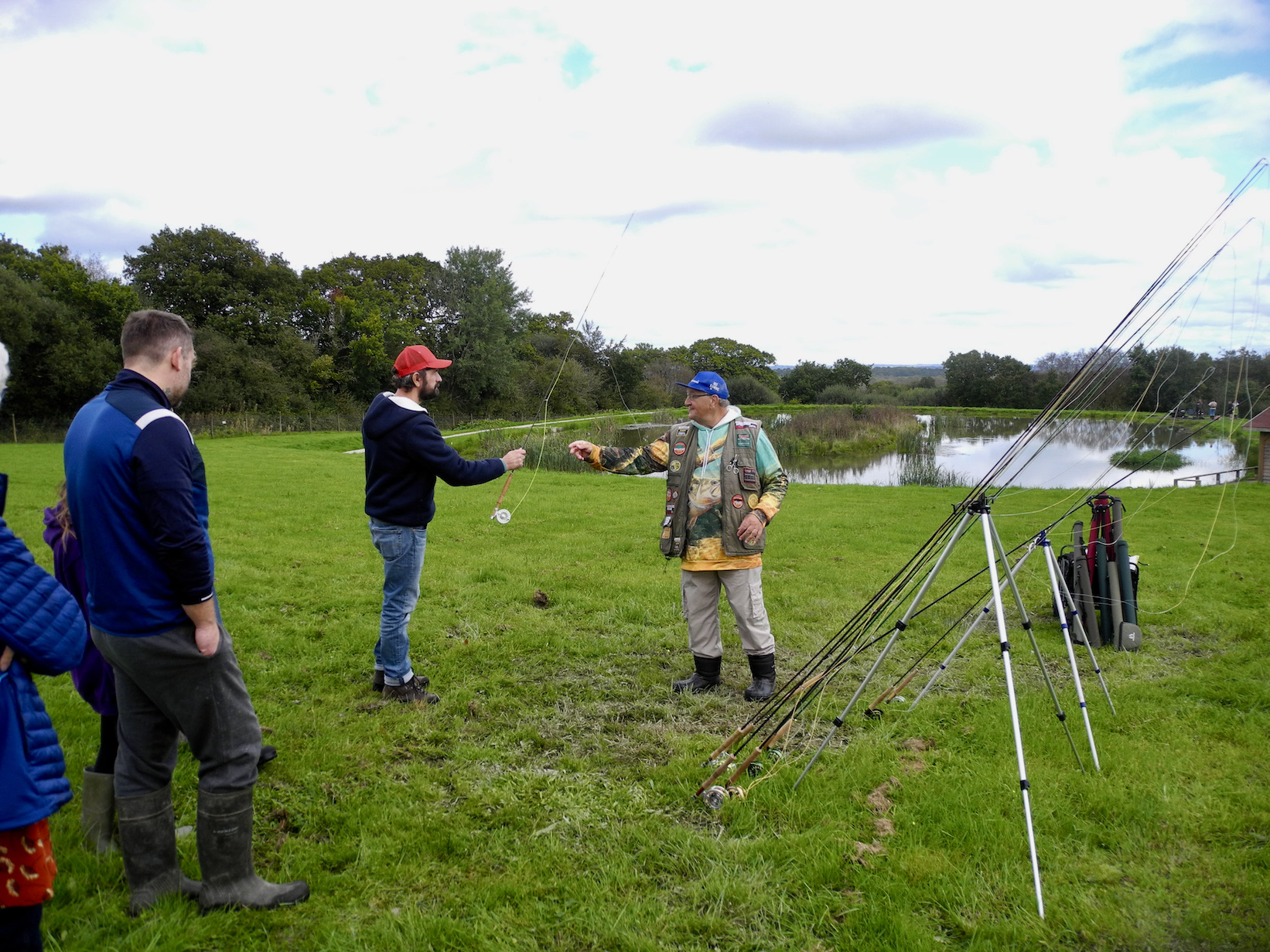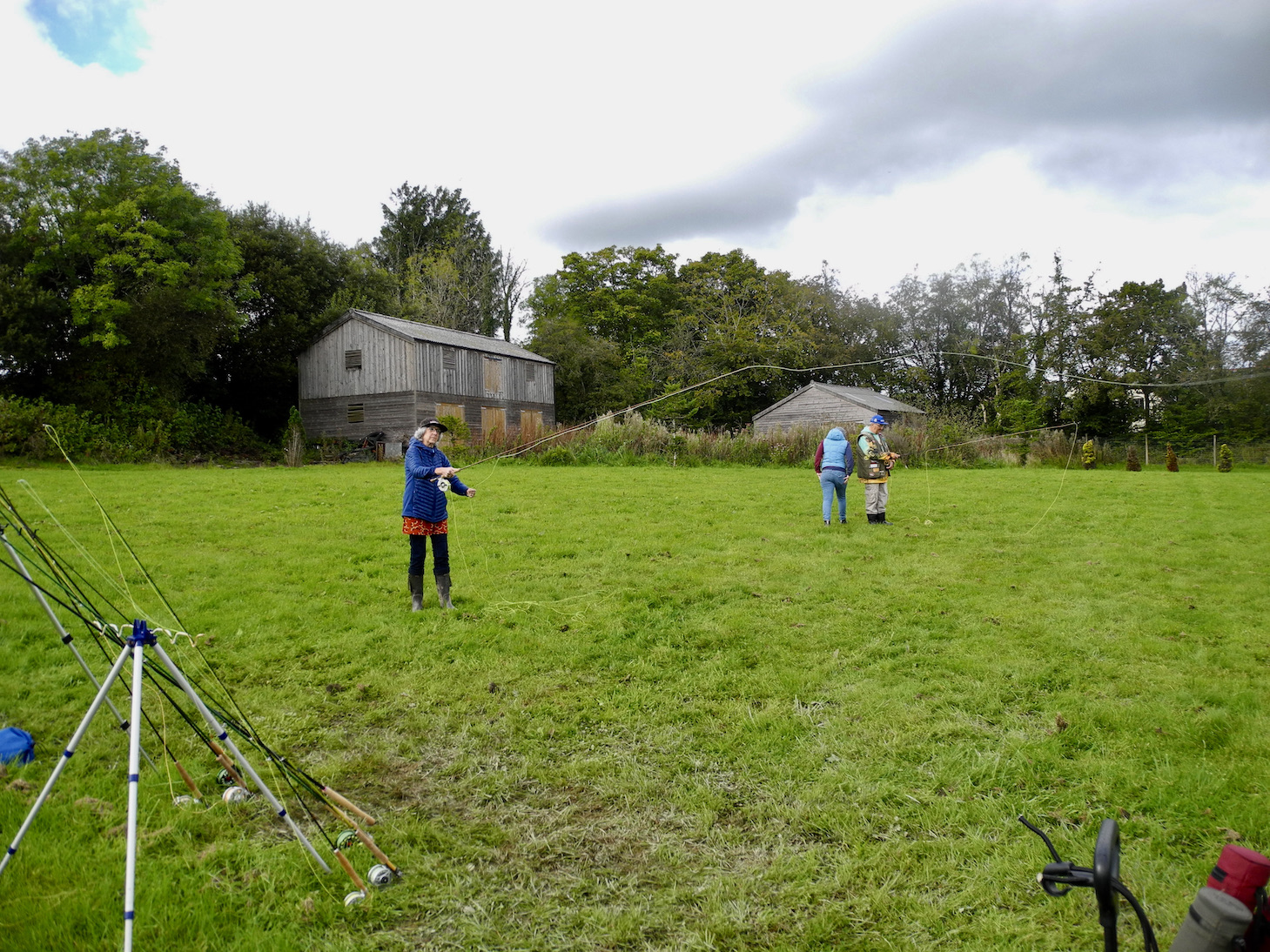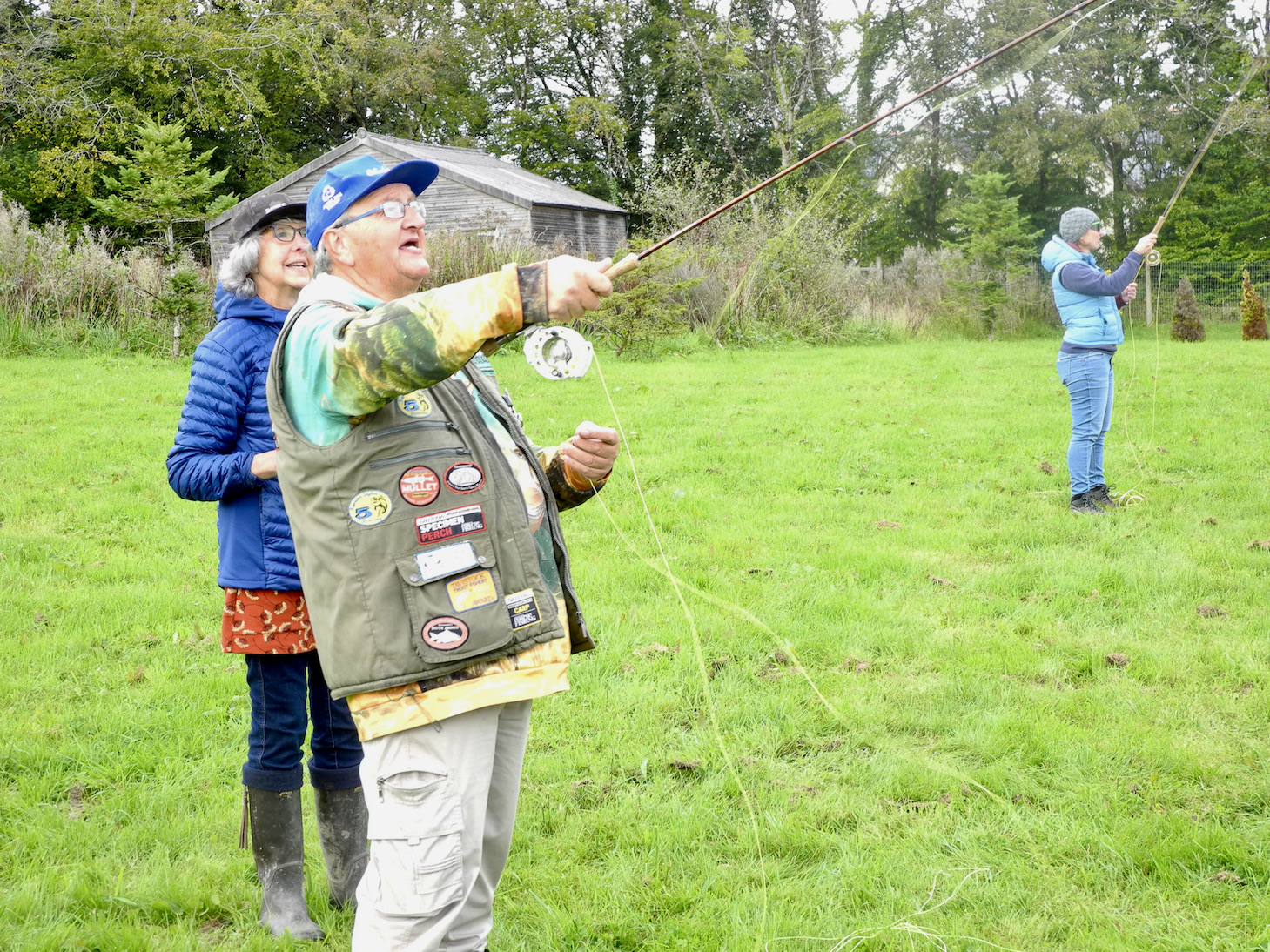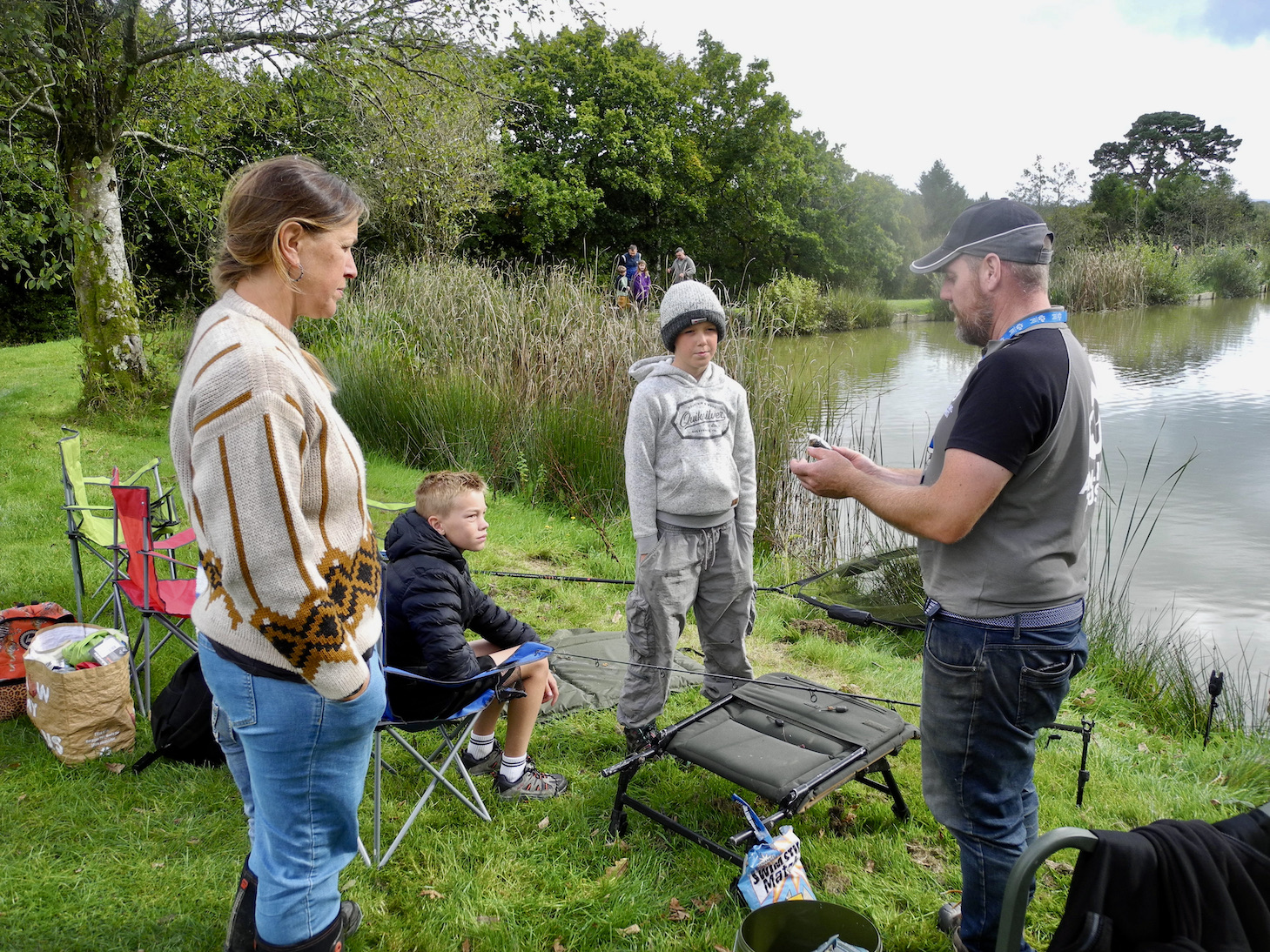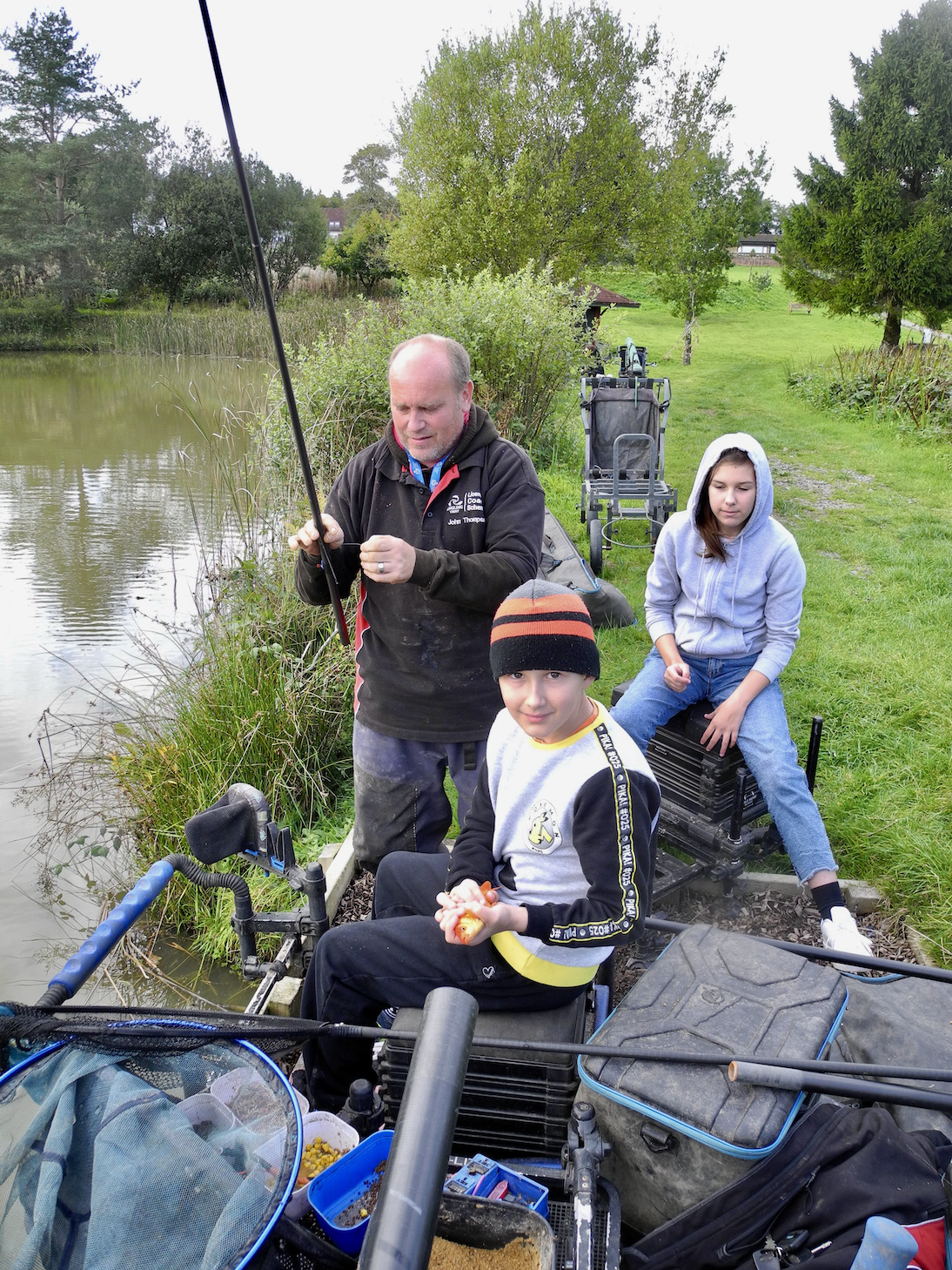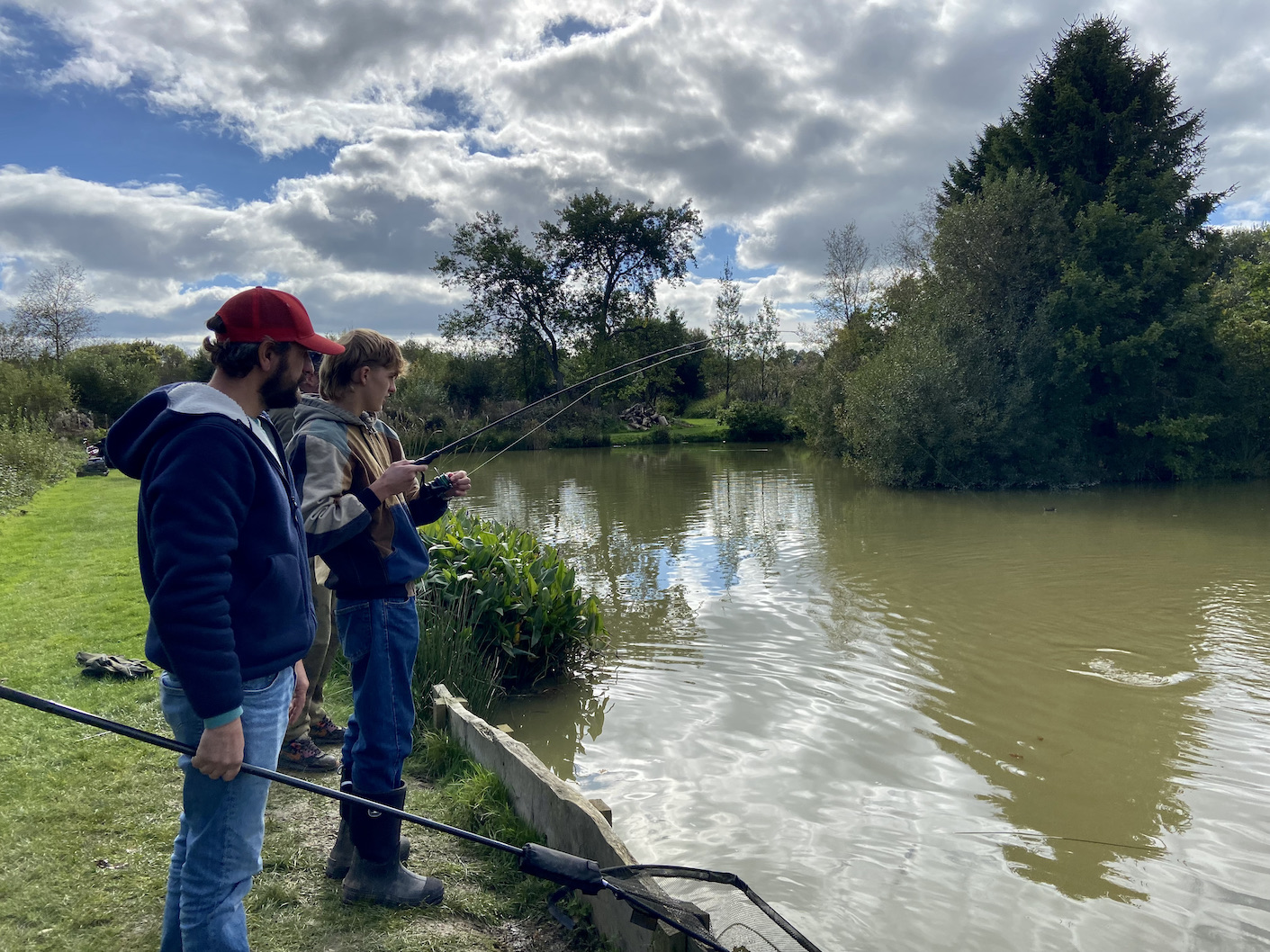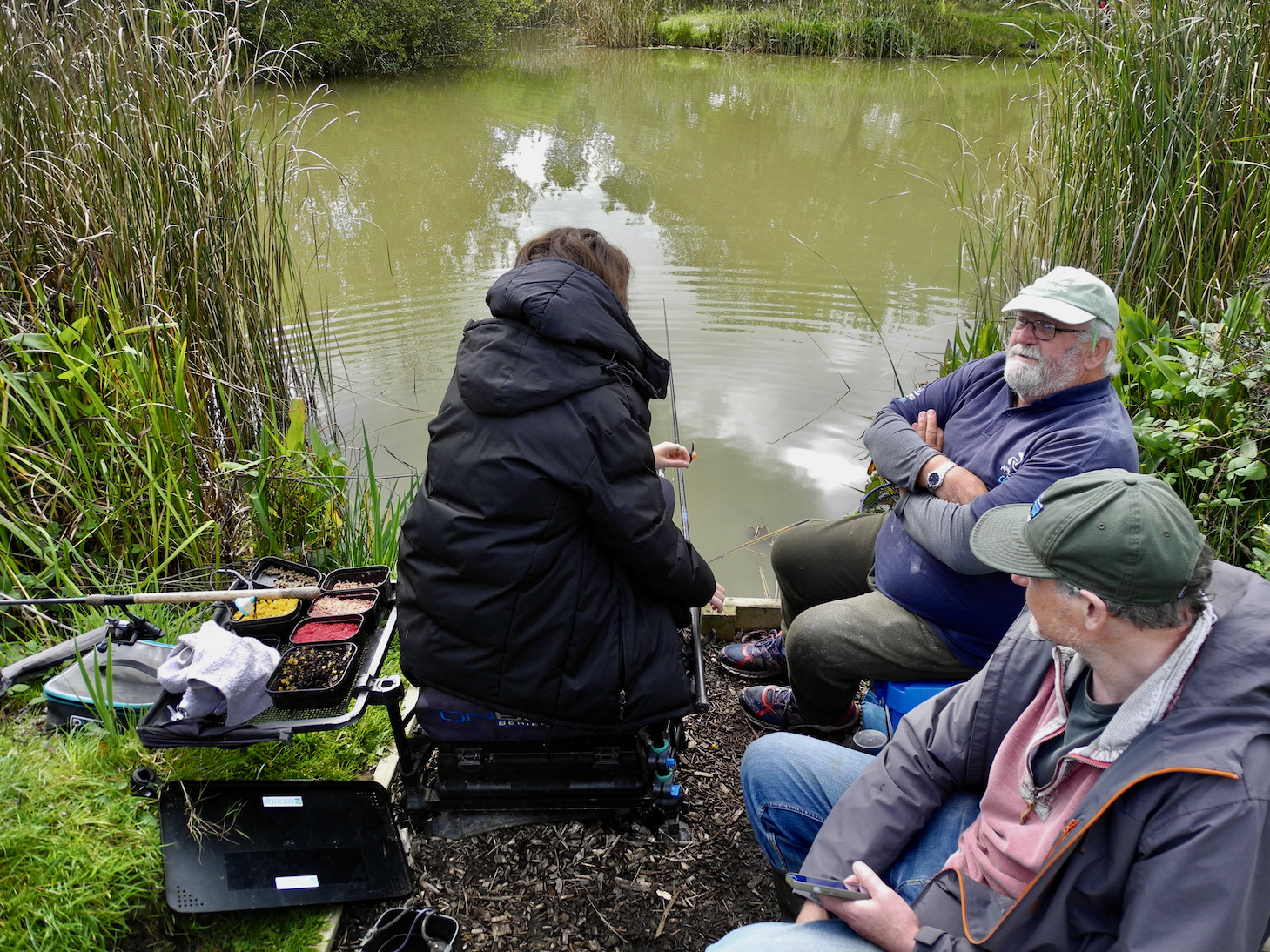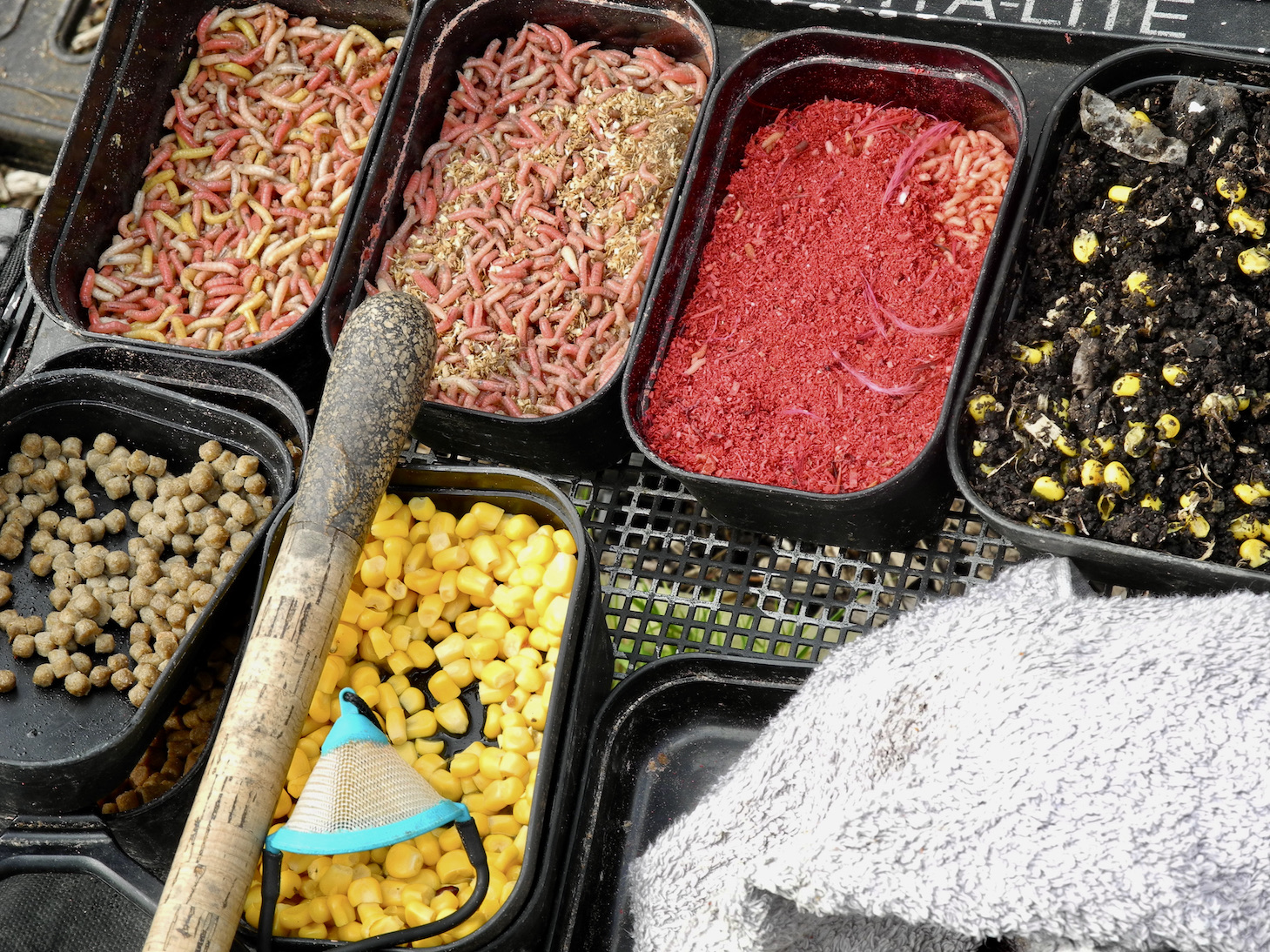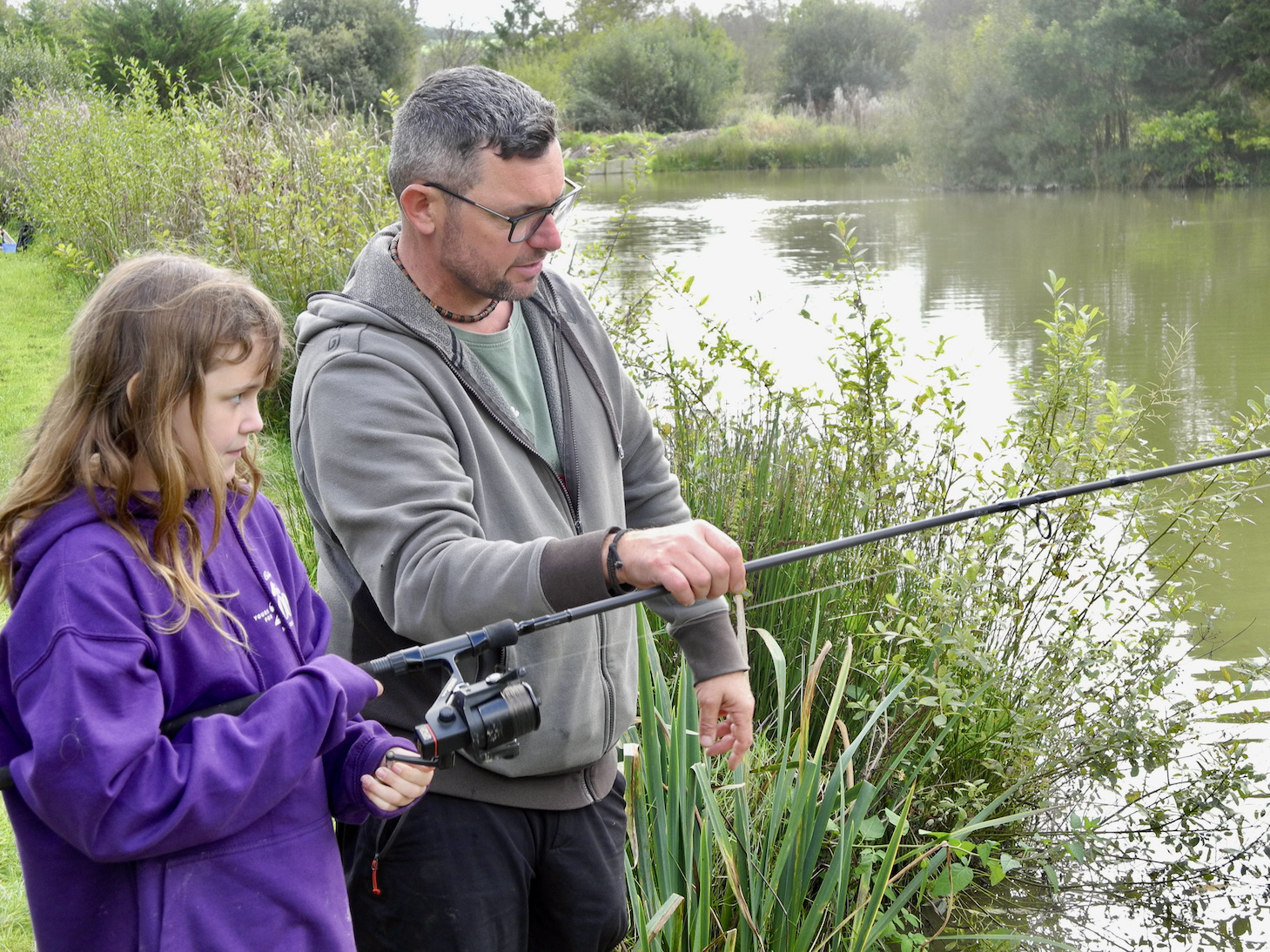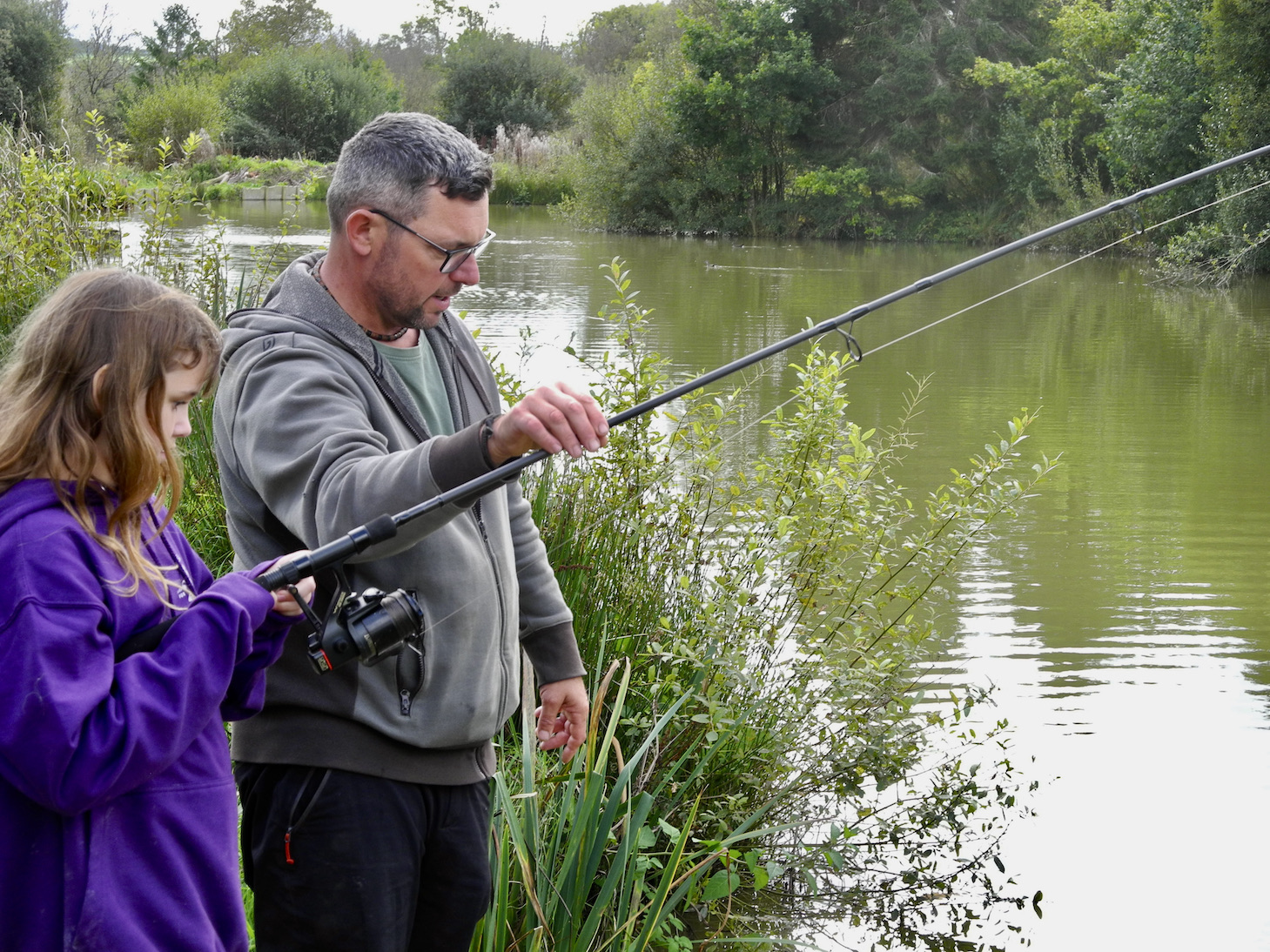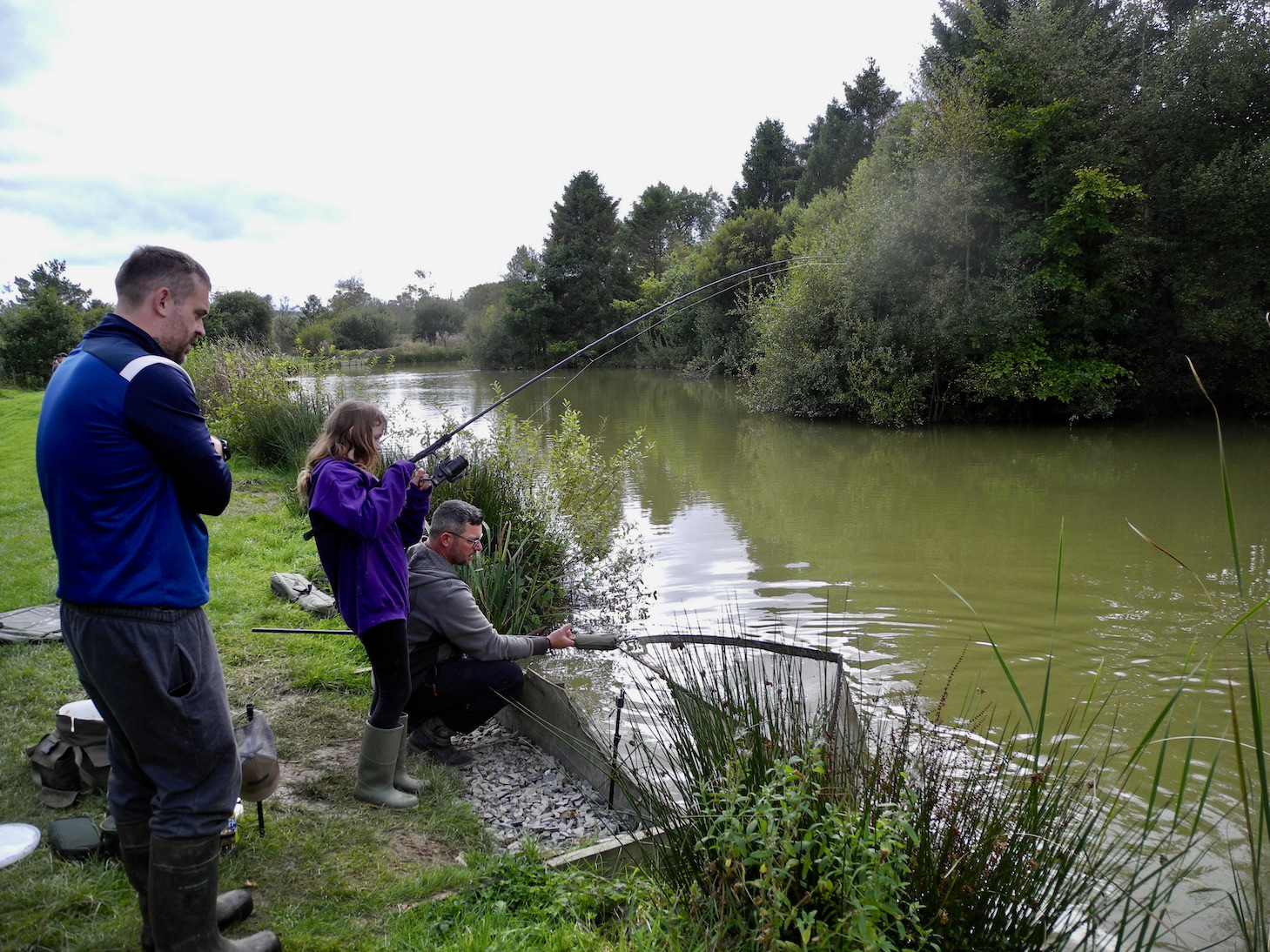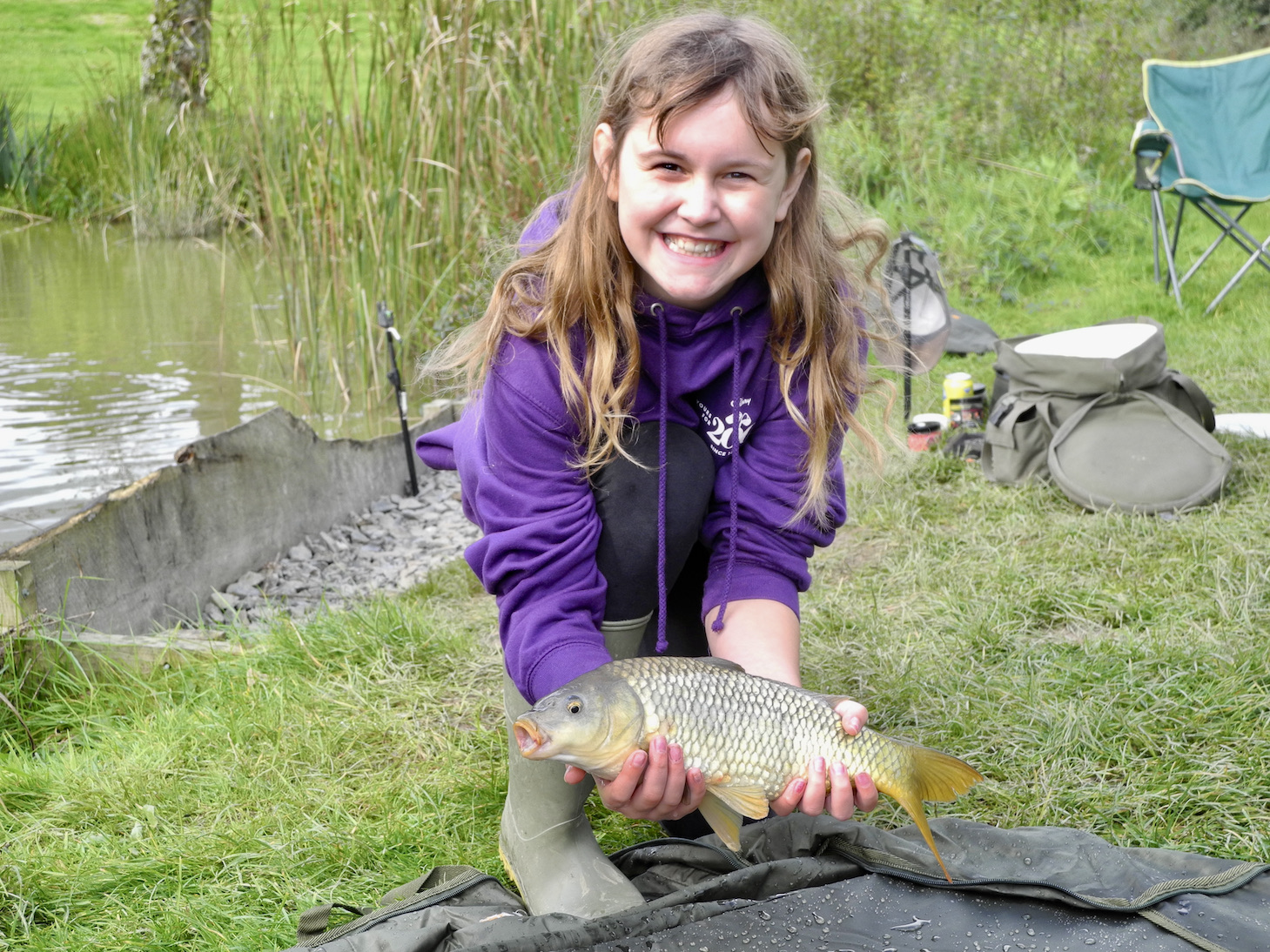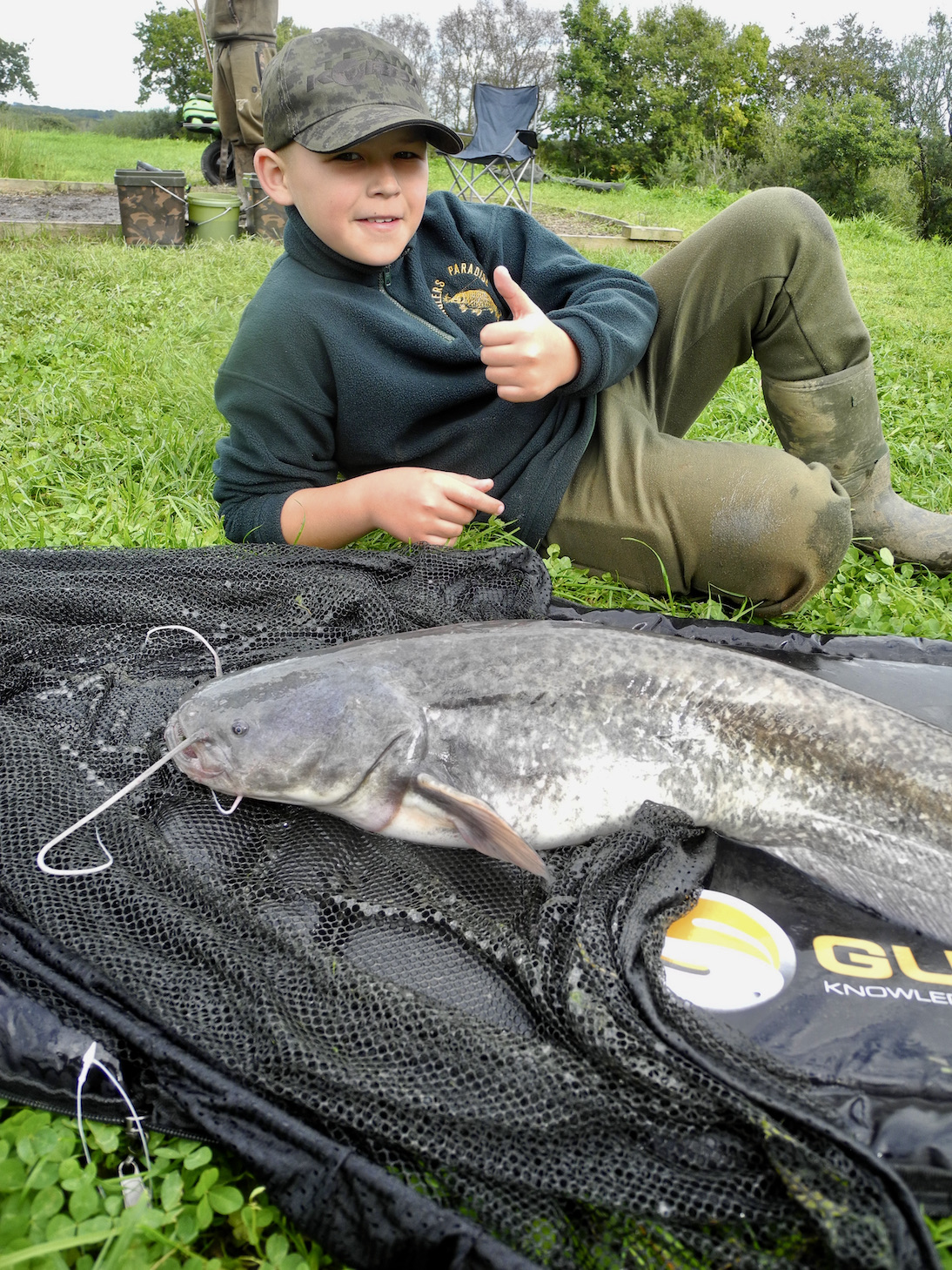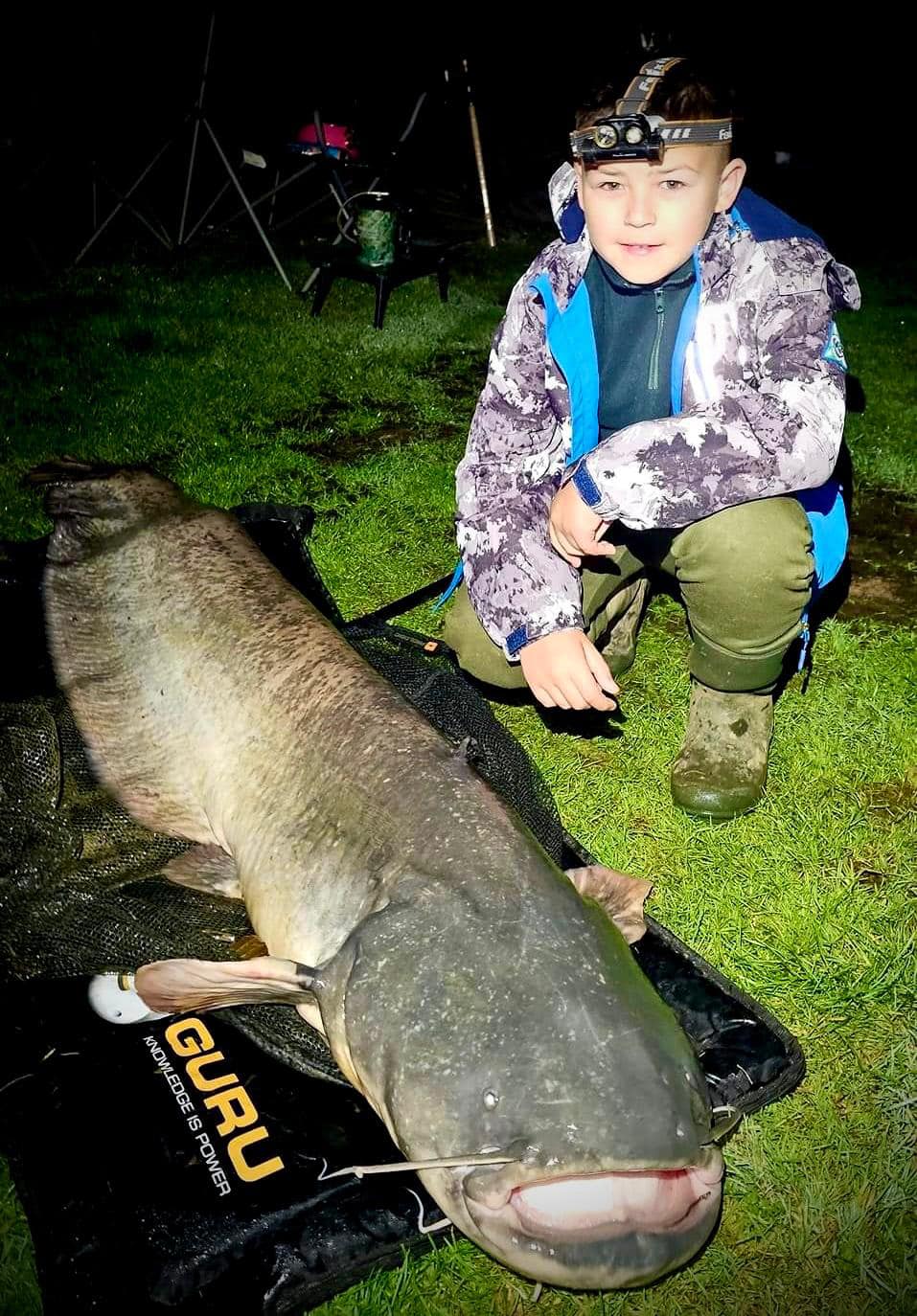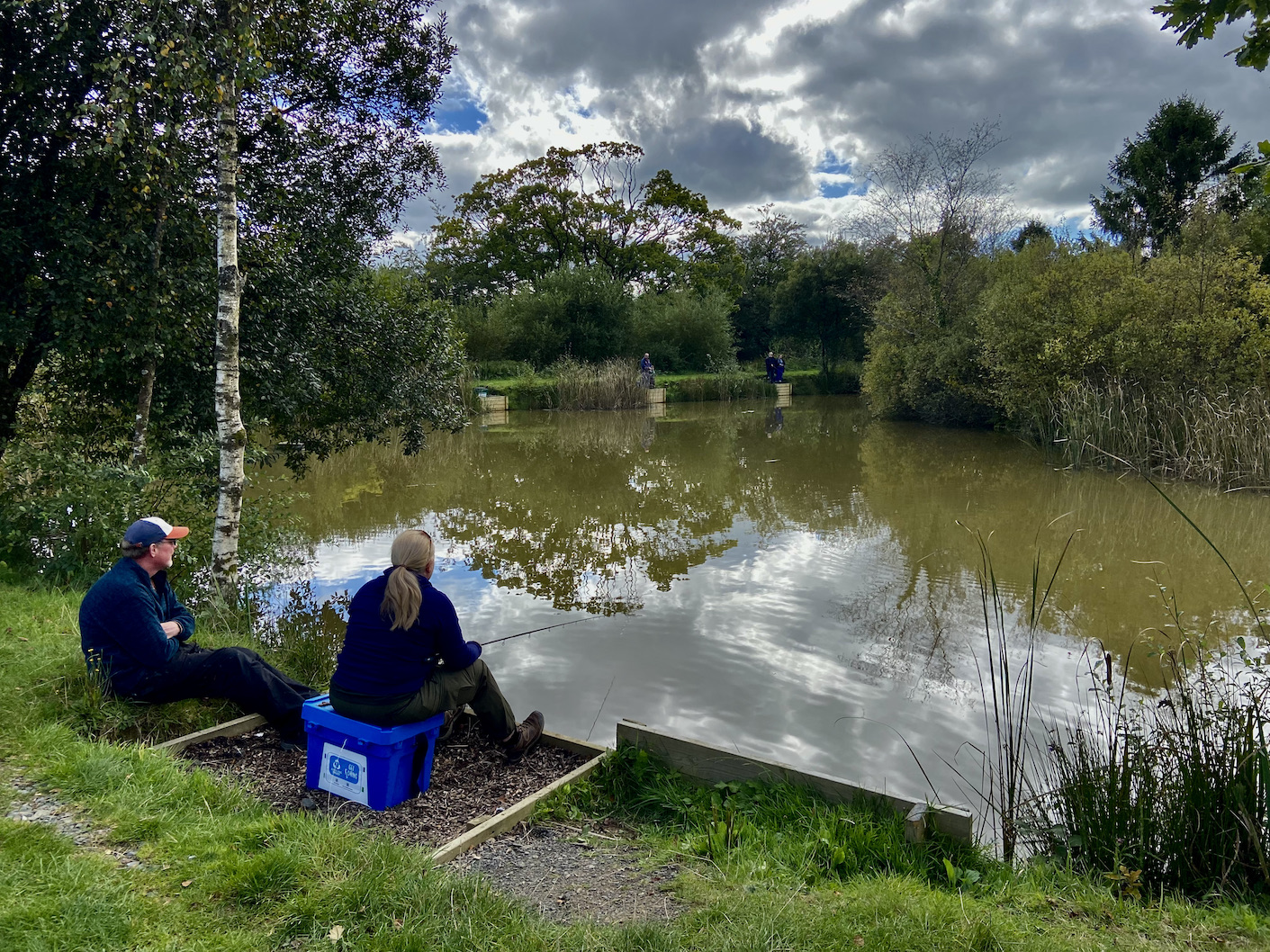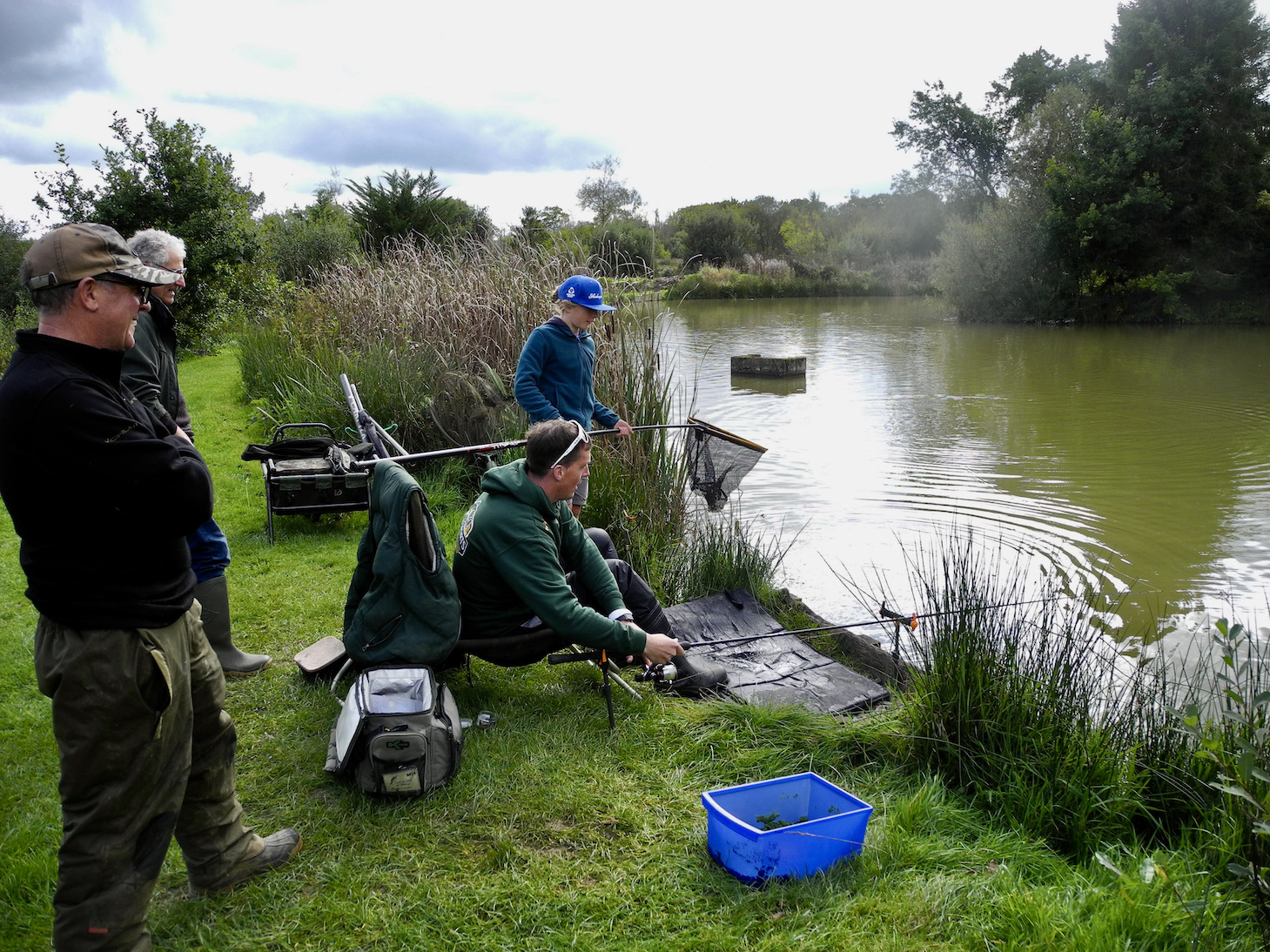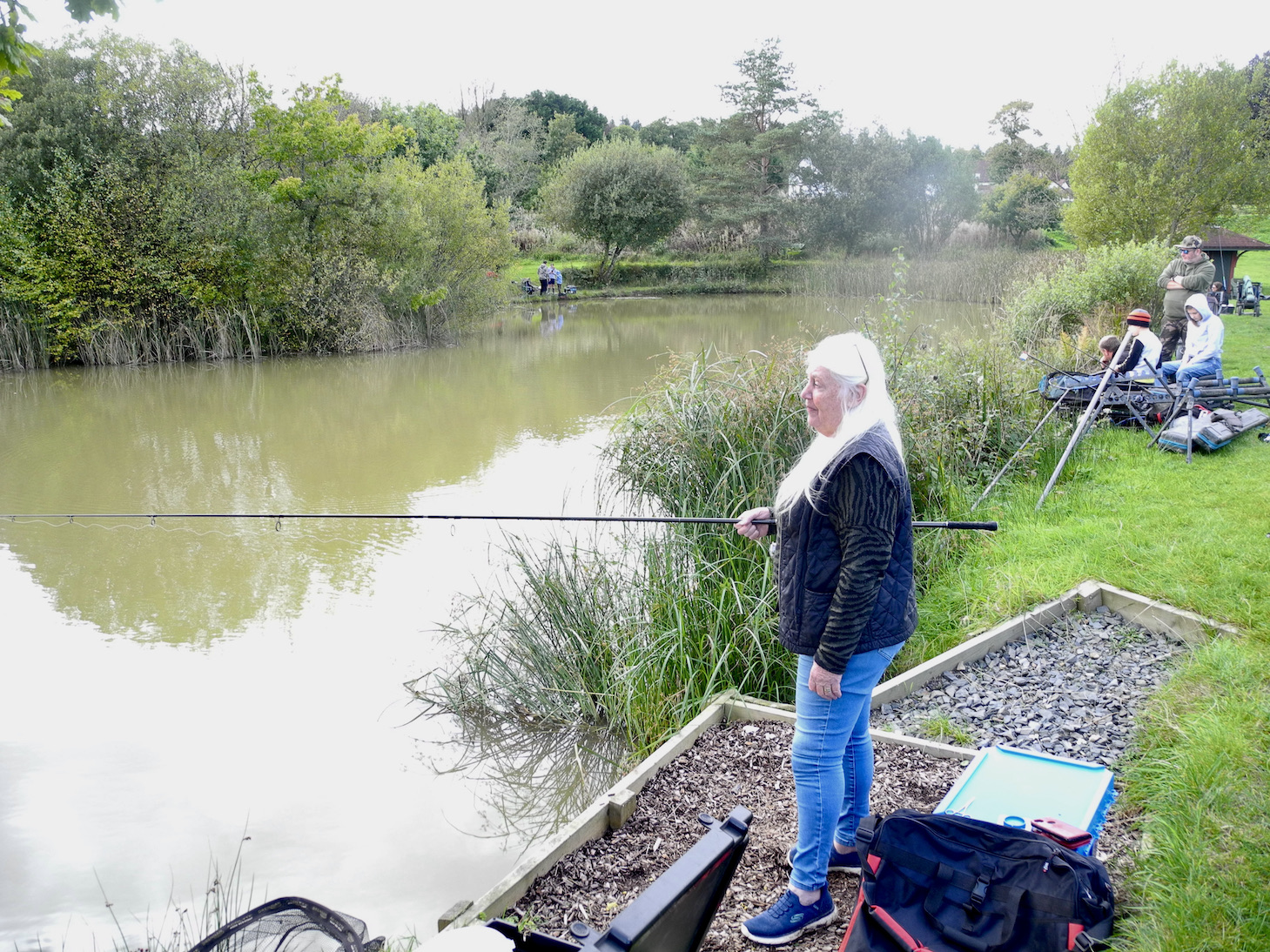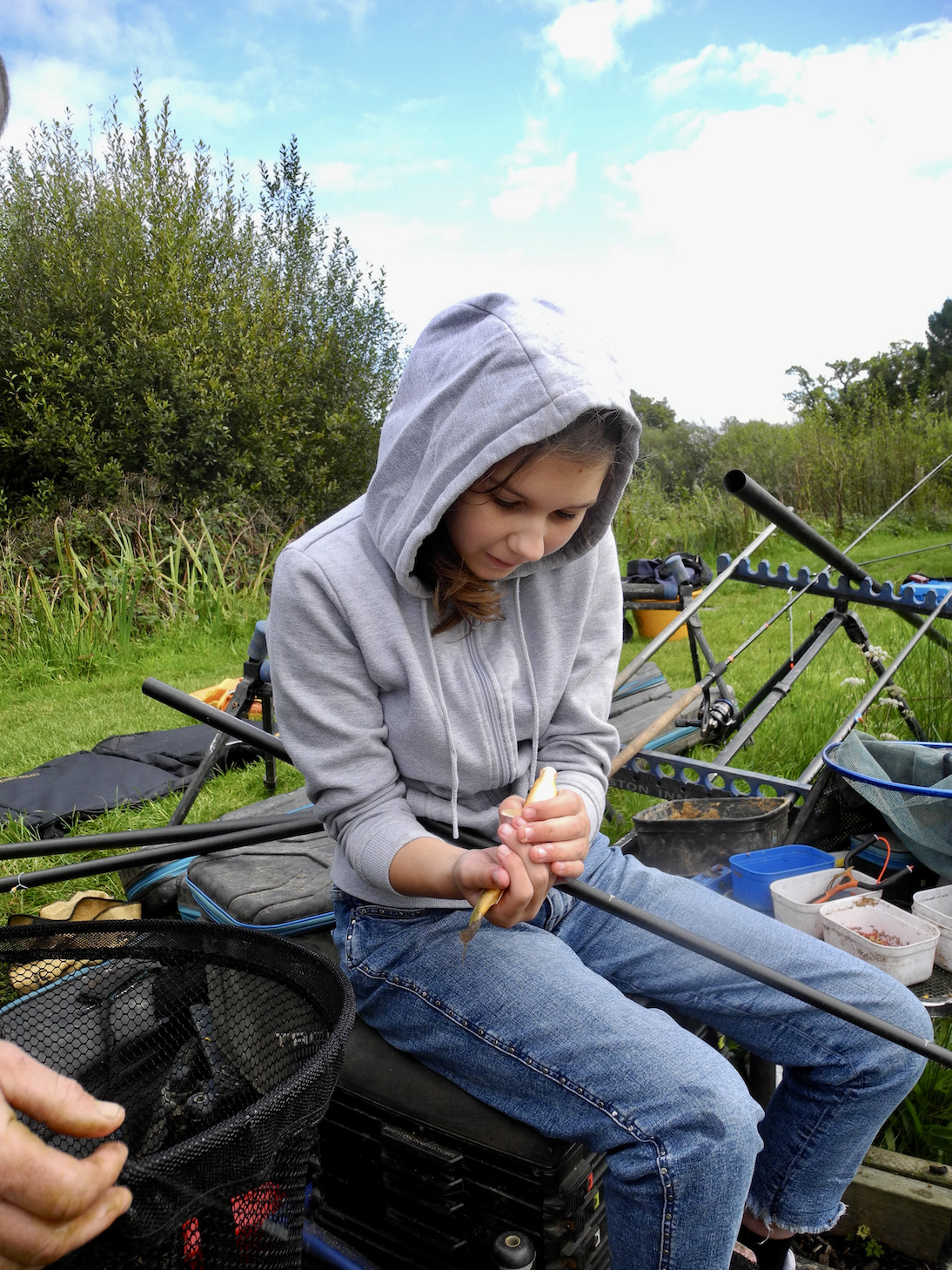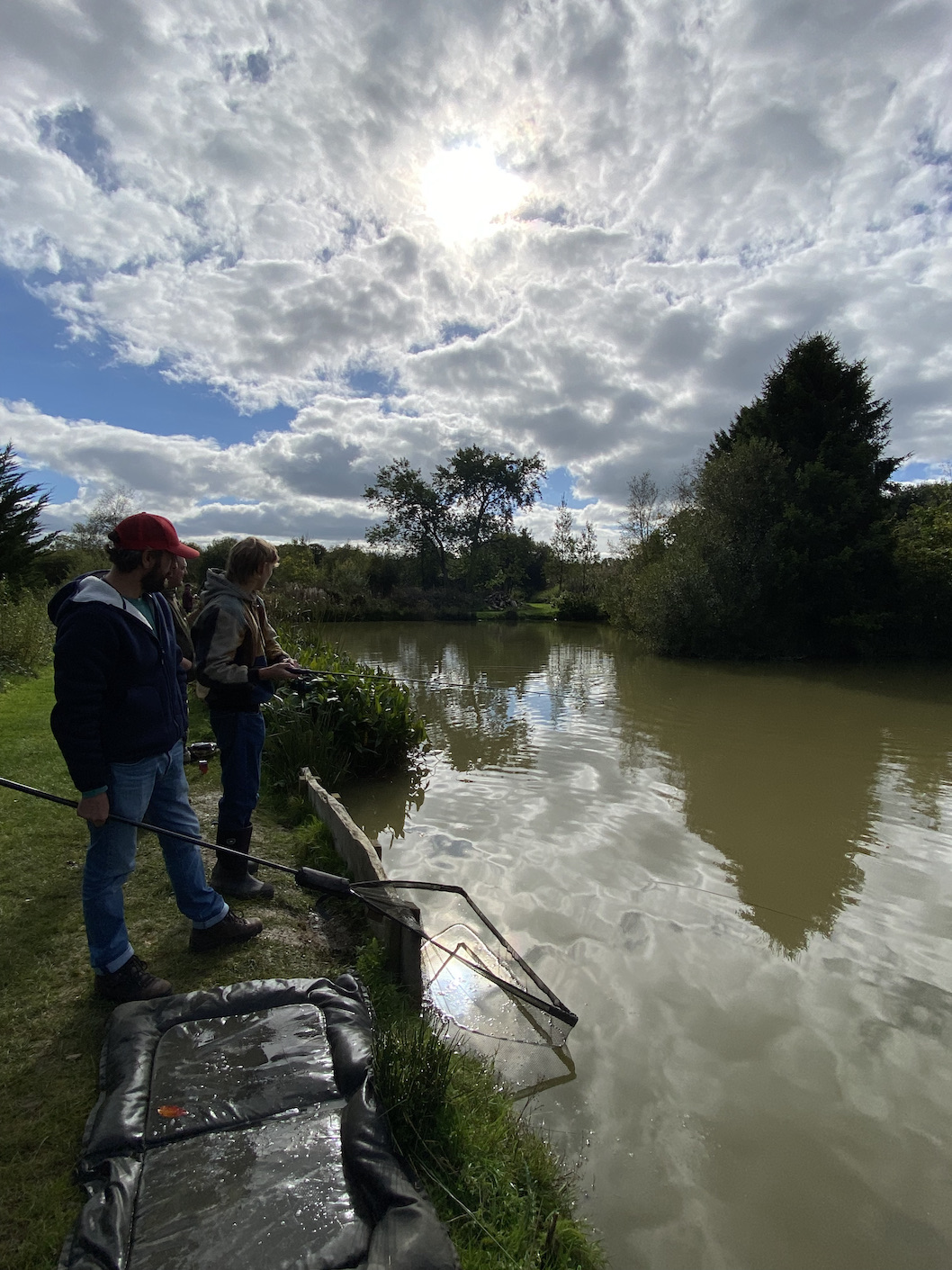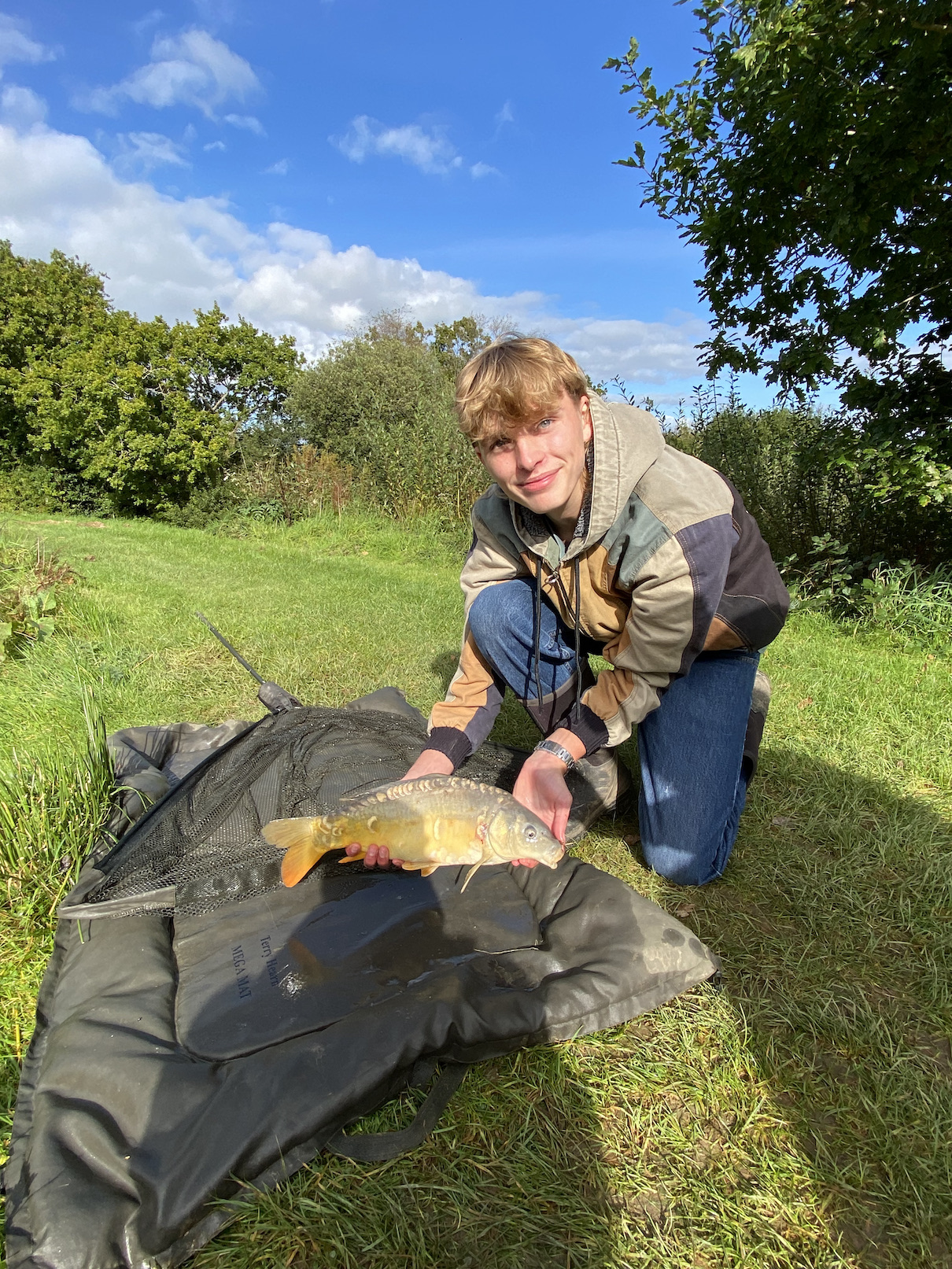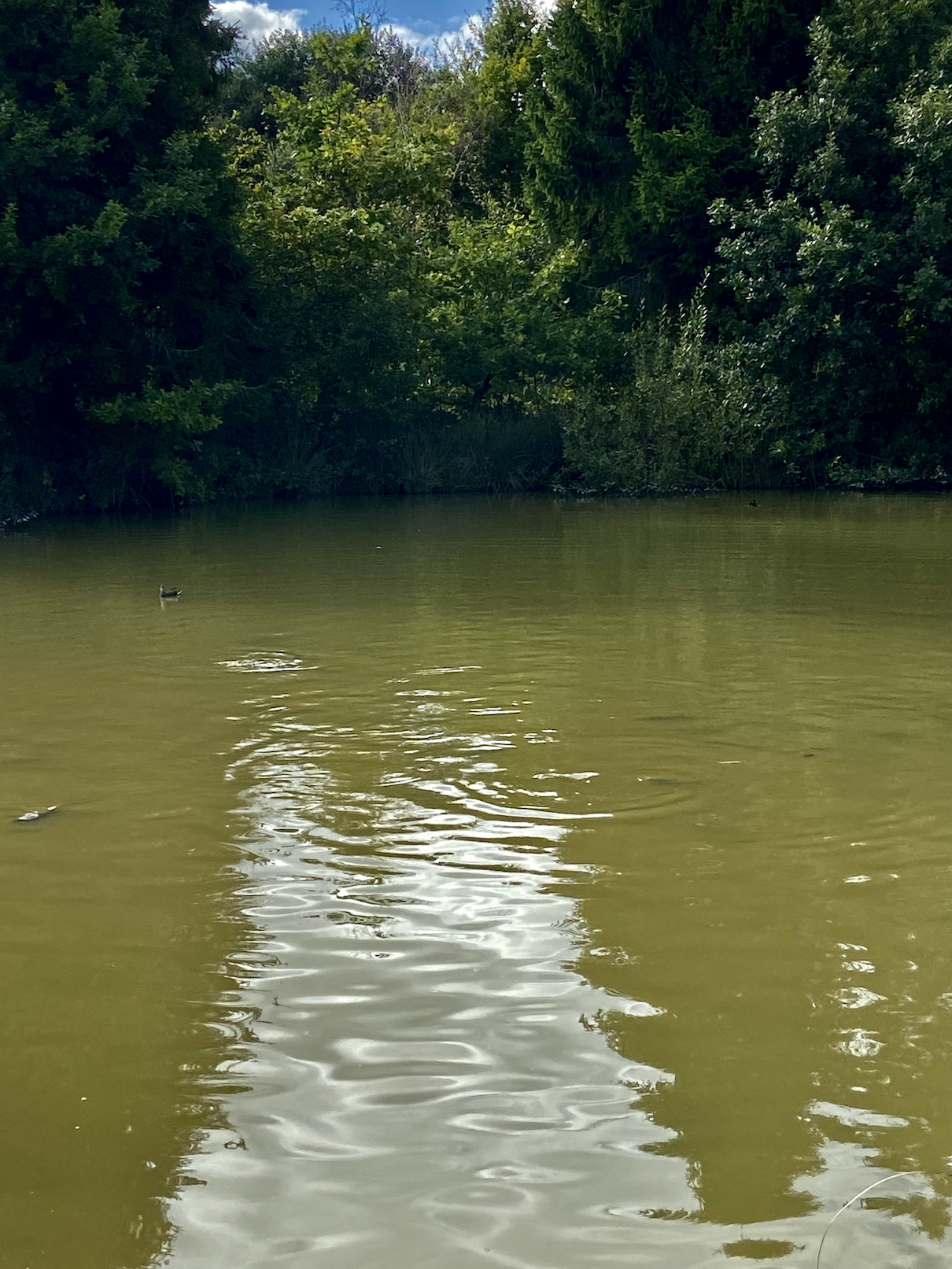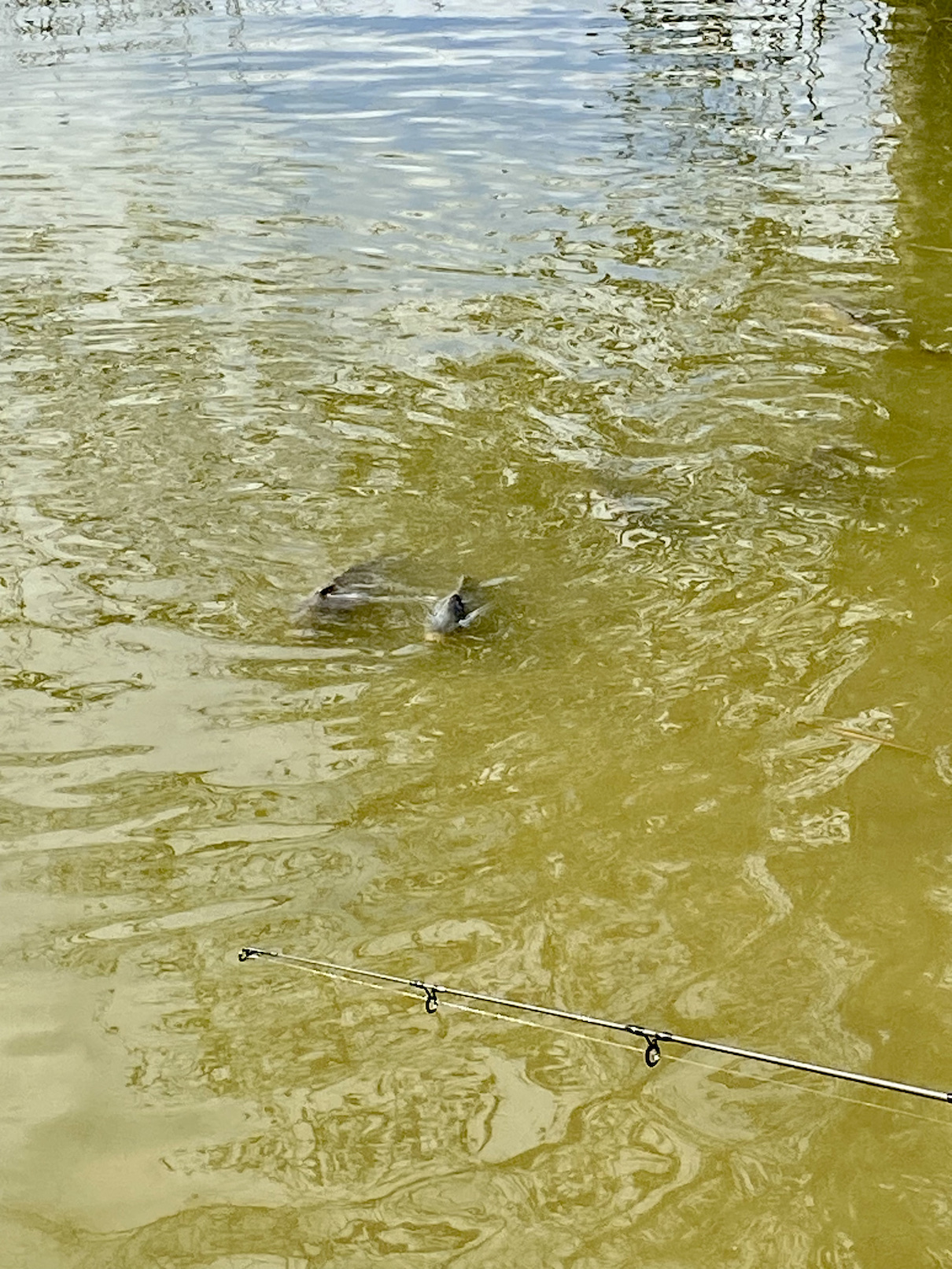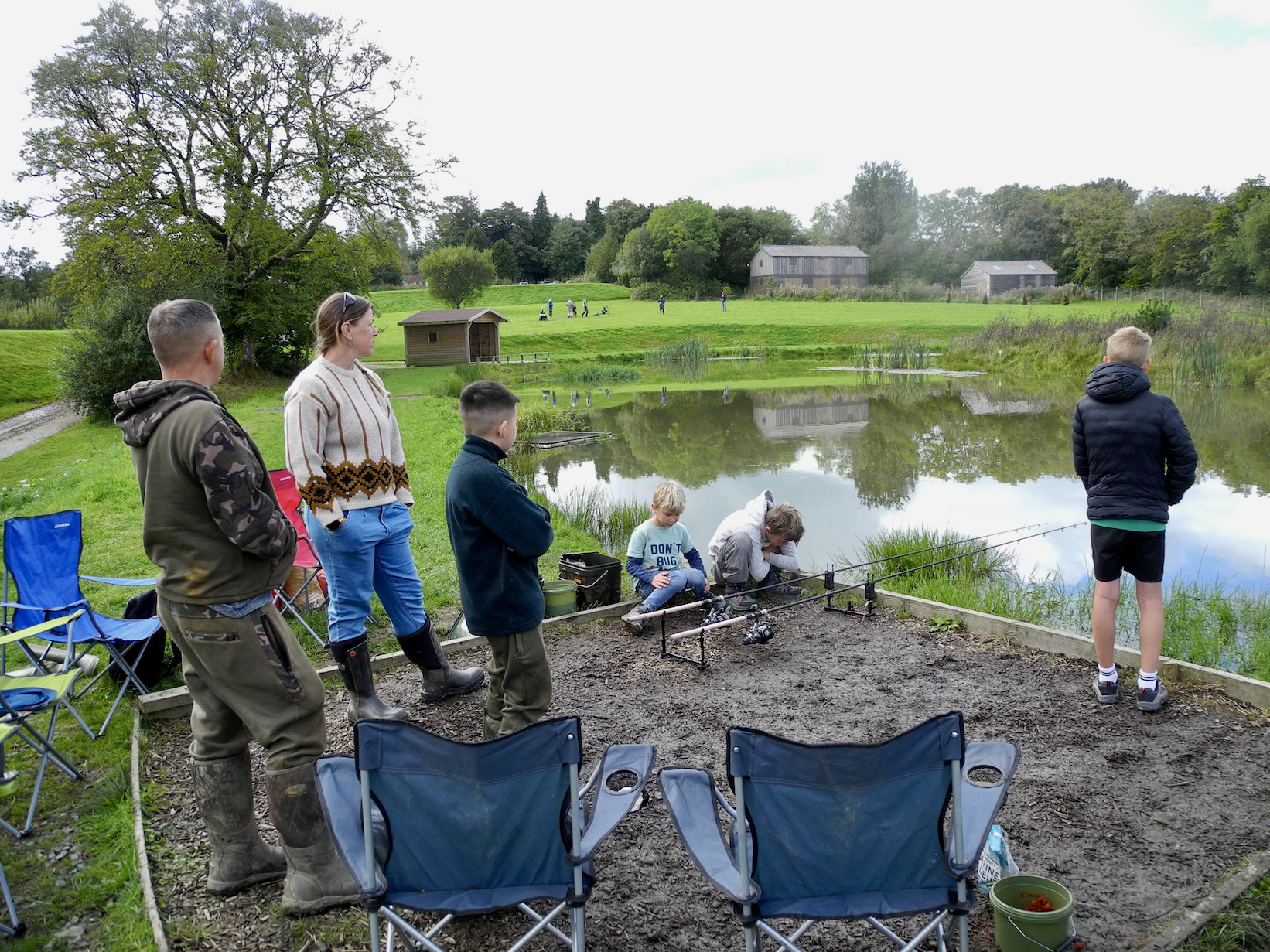
September proved to be a mixed month weather-wise, although generally warm, with some occasional heavy showers. Water levels slightly dropped over the month, now down to around 60% to 70% at time of writing.
Fishing:
Kennick – The fishing gradually improved as the month progressed, with weekly rod averages up to 2.4 fish per rod towards the end of the month. The fish were well spread out around the fishery, with Clampitts Bay, The Narrows, Oak Tree Point, Poplar Point and the East Wall all proving popular locations. Fish tended to feed close to, or from, the surface, and floating line tactics proved the most successful, either with dry patterns (Foam Daddies, Black Hoppers, dry Sedges and Beetle patterns), or shallow-fished nymph patterns (Damsel Nymphs, Green Buzzers, Pheasant Tails and Diawl Bachs). Successful lure patterns included Orange Fritz, Cats Whisker and Cormorant, as well as the occasional deeper fished Booby – Jerry Hiscutt (from Newton Abbot) caught five rainbows on a Black Booby.
Siblyback – The fishing at Siblyback proved challenging this month, with anglers struggling to average one fish per visit, although this did pick up as the month progressed. Stocky Bay, Crylla Bay, Two Meadows and the West Bank proved to be the most promising locations, with Damsel Nymphs, Goldhead Montanas, Black Buzzers, Shrimp and the occasional Black Midge catching fish. Few fish of note were caught – Nigel Hoskin managed to catch a 2lb rainbow using a Black and Green Goldhead pattern fished on a floating line and fast retrieve, and Ron Wilday (from Liskeard) caught a bag of four fish using a slowly pulled Black Beetle.
Burrator – Rods averaged 1.9 fish per angler over the month (picking up to 2.7 by the end of the month), with most fish being caught from Longstone Point and Bank, Bennetts Lawn, Lowery Point and Pig’s Trough. Fish were feeding throughout the water column, with floating, intermediate and sinking line tactics all catching fish. Successful nymph patterns included Damsels, Hares Ears, Buzzers and Black and Peacock Spiders, while successful lures included Hothead Yellow, Orange Blob, White Dancer and Black Woolly Worm. Alan Green caught a bag of five fish, the largest of which was a rainbow of 3lb 12oz, a personal best, as well as best rainbow of the season at Burrator. Carl Thomas (from Kingsbridge) caught five rainbows to 2lb, as well as two brownies, using Buzzer patterns on a floating line.
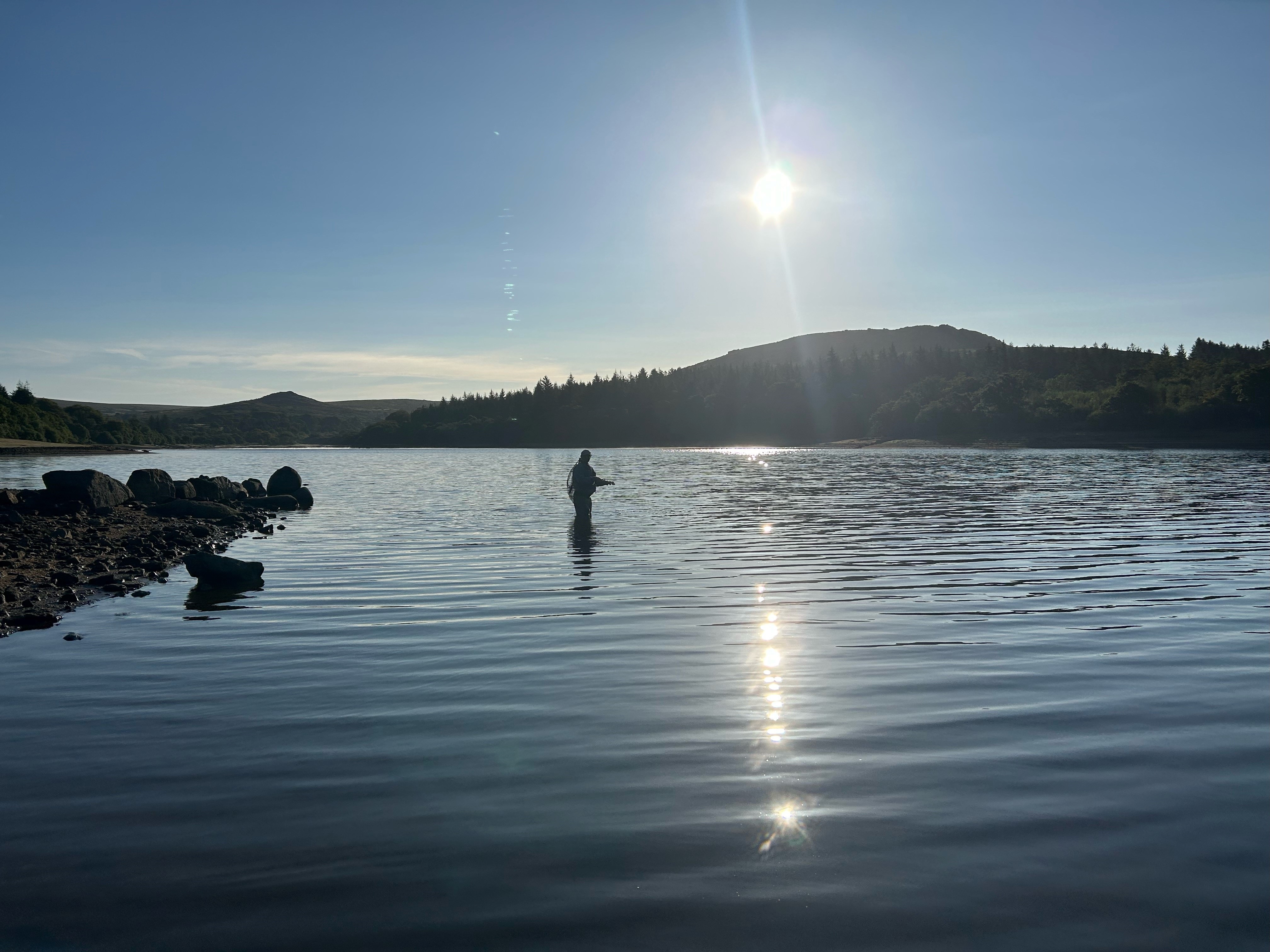
Stithians – Fishing at Stithians remained tough throughout the month, with anglers again struggling to average one fish per visit. The best locations included Goonlaze, Deep Bank, Pipe Bay and Yellowort. Generally midge-Tip and Floating lines proved popular, in conjunction with Daddy Longlegs, Black Gnats and Deerhair CDC fished on the surface, or Diawl Bachs, Hares Ears and Quill Nymphs fished just below. Neil Chapman (from Penryn) caught three browns from the East Bank, using a floating line and a moderate retrieve.
Fernworthy – The fishing improved as the month progressed, with anglers averaging three fish per rod in the final week. Lowtin Bay, Picnic Area Bank and the South Bank proved to be the most productive locations, with a selection of dry (CDC Sedge, Cinnamon Sedge and Black Parachute) and nymph (Damsel, Black Spider, Hares Ear and Pennel) patterns proving successful. Clive Garland (from Tiverton) caught three browns (missing six others) using a Black and Peacock Spider fished just under the surface on a floating line with a slow retrieve.
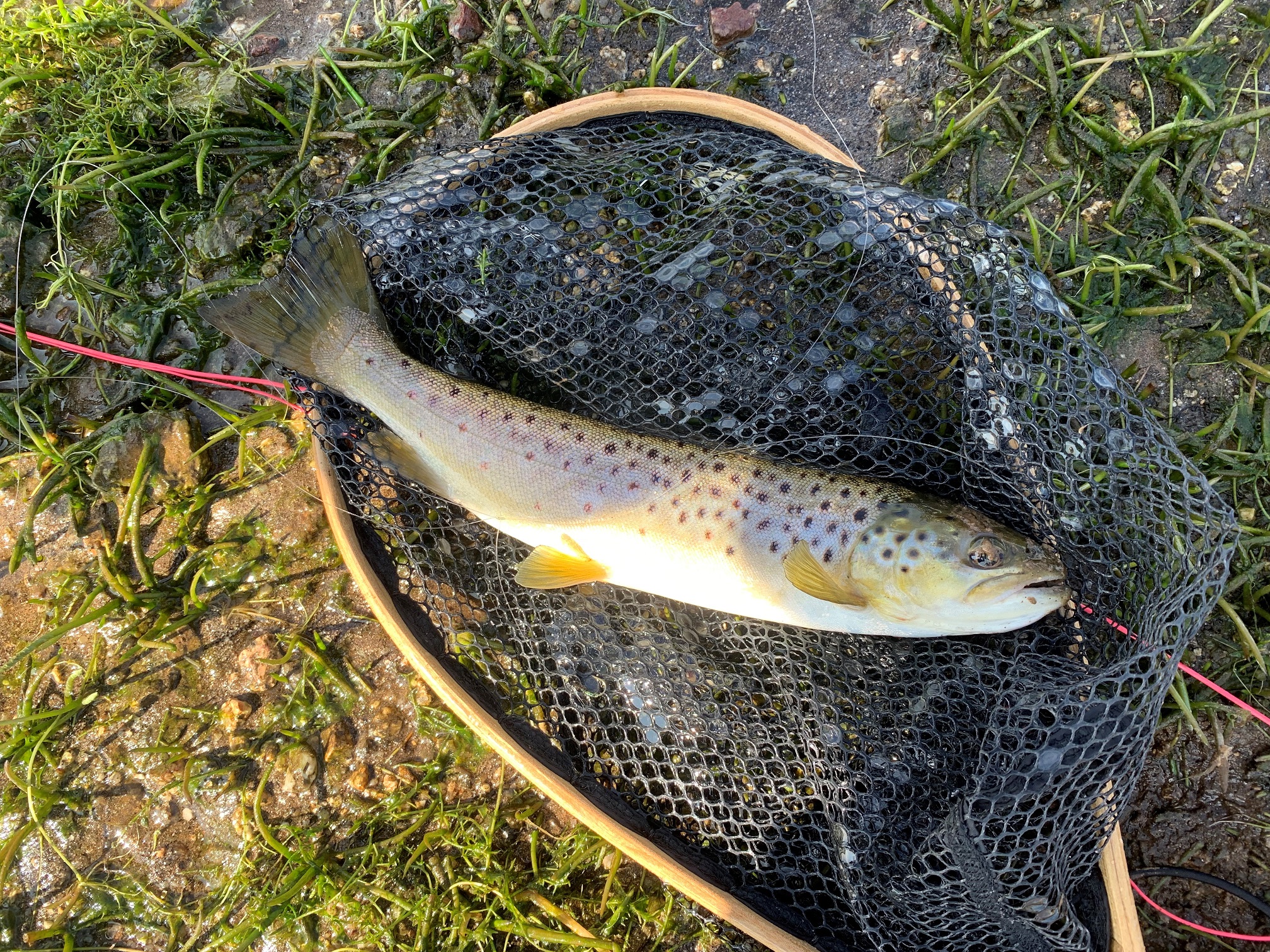
Colliford – Here the excellent sport continued, with anglers averaging 4.2 fish per visit (up to 5.3 in one week). Floating line tactics continued to produce the best results, with fish being caught on dry patterns (CDC Hoppers, Foam Daddies, Beetles and Black Gnats), nymphs (Pheasant Tail, Black and Peacock Spider) and pulled Soldier Palmers, Zulu Muddlers, Bibios and Zulus, as well as a few of the more traditional brown trout patterns (Alexandra, Teal Blue and Silver and Black Pennel). Popular locations included the Middle Car Park bank, Dam, Lords Waste, Stuffle and Menaridian Point). Simon Peters (from Cusgarne) caught thirteen fish in one session on a bright sunny day with a northwest wind, with fish coming to a selection of flies fished as a team with a slow retrieve. Chris Tilyard (from Fraddon) caught nine browns to 1lb 8oz, casting dry patterns to freely rising fish.
Roadford – The fishing improved as the month progressed, with anglers averaging 3.3 fish in the final week. Daveys Bank proved to be the best location, where Rodney Wevill (from Lifton) caught ten browns to 2lb, using Soldier Palmer and Humungous fished on a floating line with a varied retrieve. Other successful patterns included Blue Damsels and Bibios.
October 12th is the Final of the Fluff Chuckers Brown Trout Masters at Roadford

Please see the Trust’s website (www.swlakestrust.org.uk/trout-fishing) for more information on buying tickets, boat availability and booking, and forthcoming events. The Trust, in conjunction with Fluff Chuckers, will be running a Brown Trout Masters competition this season, to be held over three dates at Colliford, Fernworthy, and Roadford – please see the website for more information.
Chris Hall (September 2024)


